Michael Jackson – Invincible
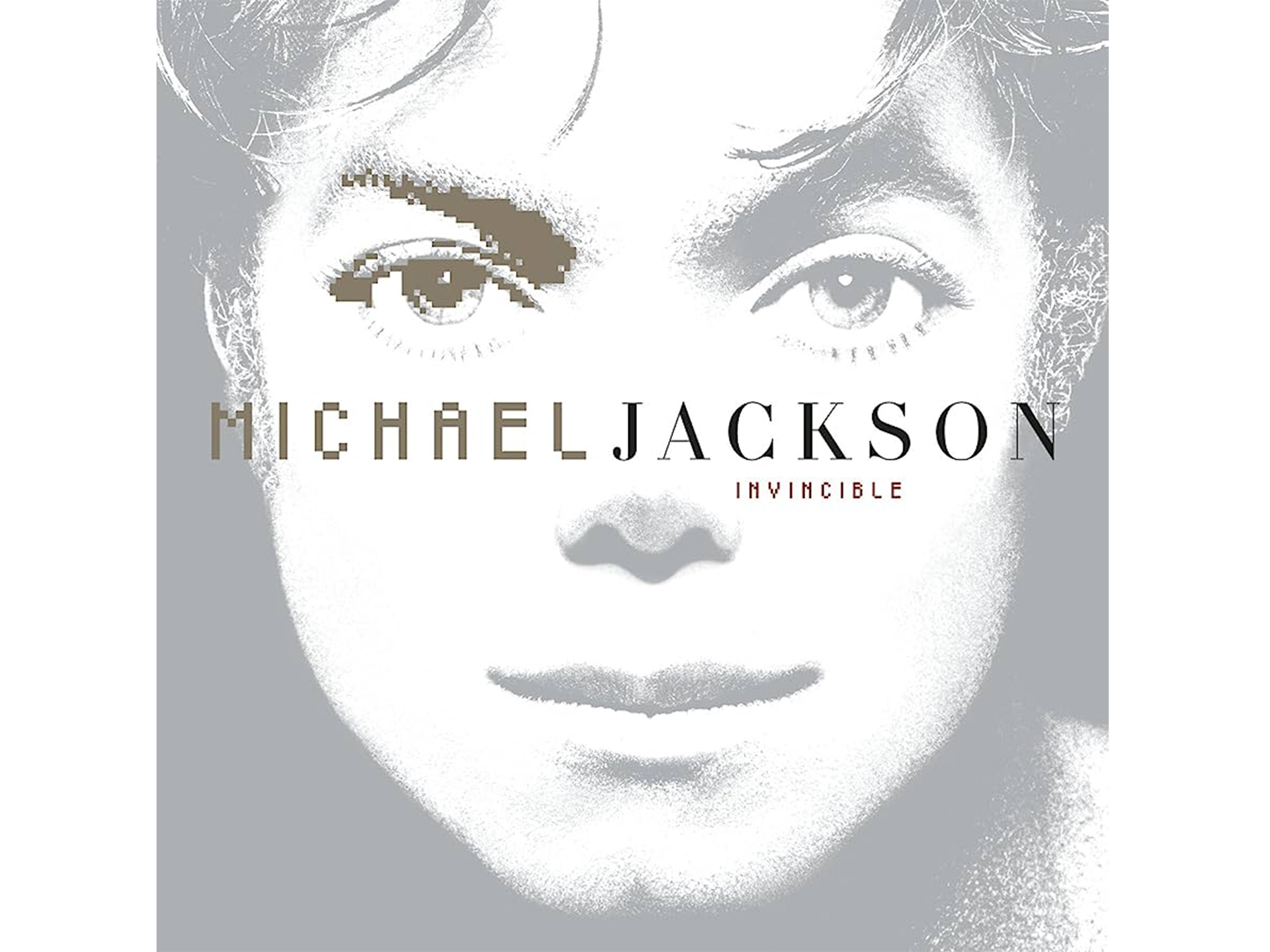
Michael Jackson’s phenomenal success in the 80s and 90s lent him carte blanche on what proved to be his last album, 2001’s Invincible. Jackson’s profligate approach meant the album cost $30 million to record. However, fallouts with record label Sony led to Invincible being poorly promoted. Even though it went multi-platinum, sales were weak by Jackson’s usual standards, nor were the reviews great.
The Doors – Other Voices
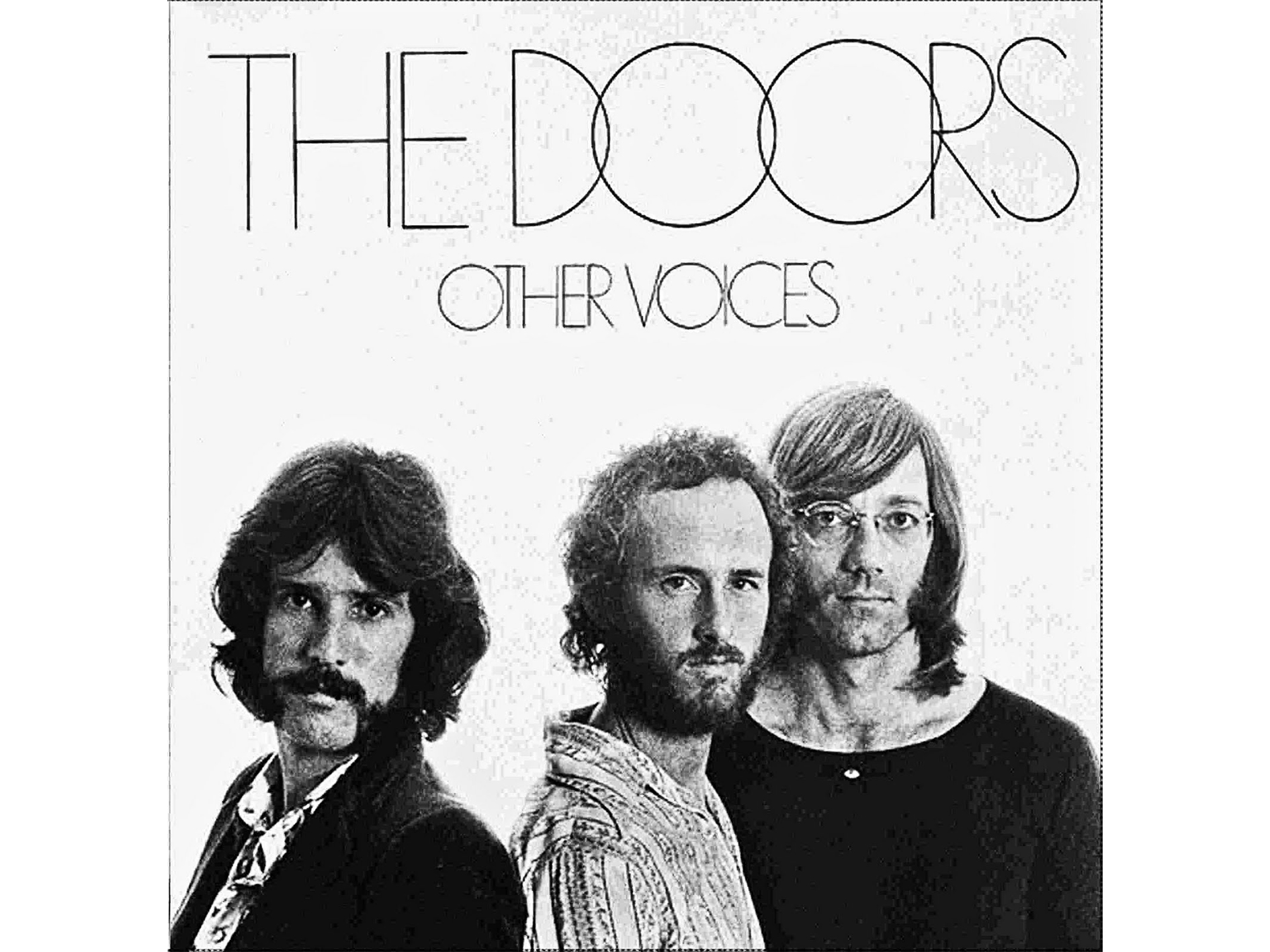
It’s pretty much impossible to imagine LA rock legends The Doors without singer Jim Morrison – yet when Morrison died in 1971, the band tried to carry on without him. Released a mere three months after Morrison’s death, Other Voices was the first of three albums The Doors recorded as a trio, but it quickly became clear that the music just didn’t work without their legendary frontman.
Judas Priest – Turbo
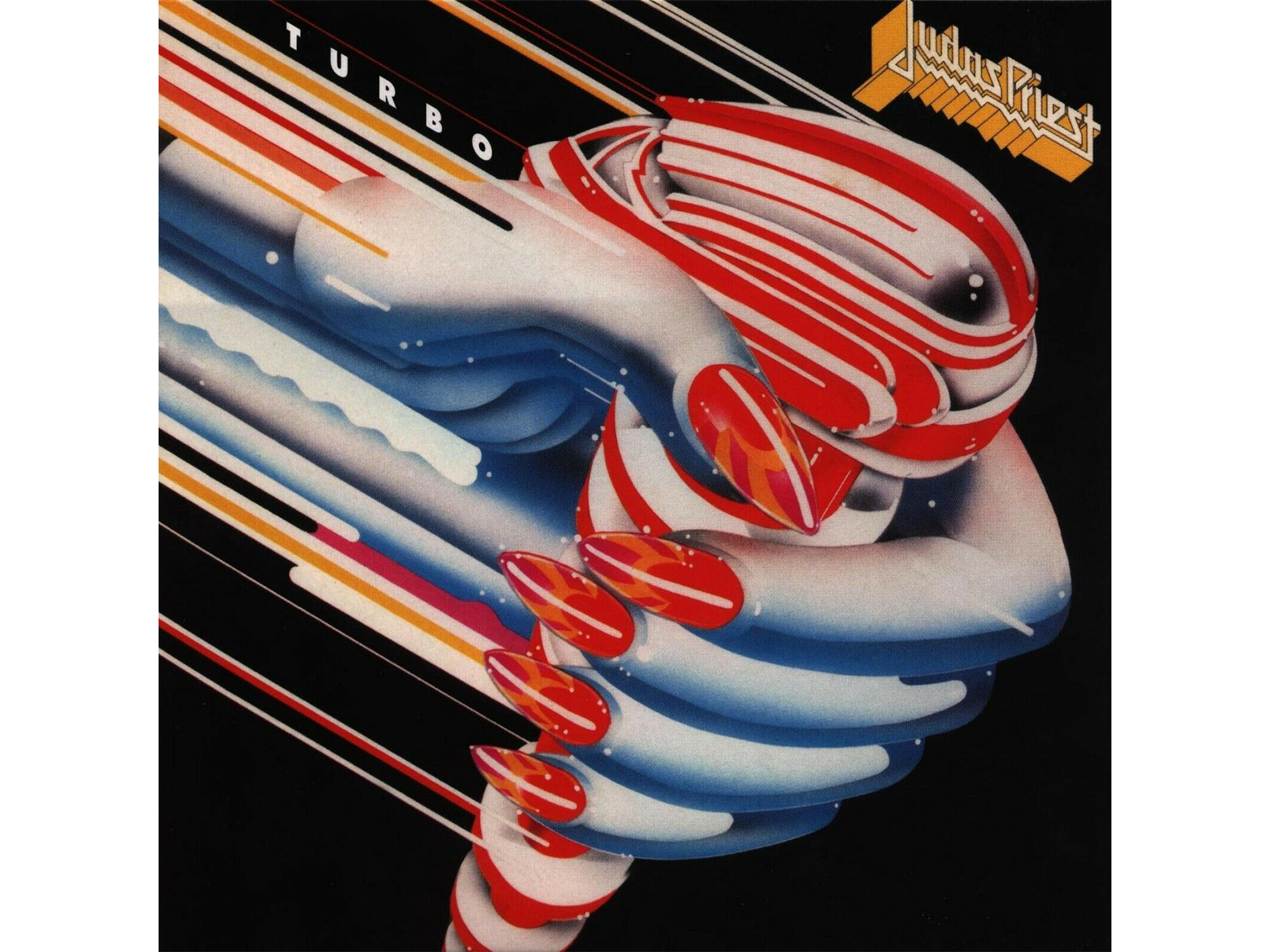
Since the early 70s, Judas Priest had been pioneers of heavy metal. However, the British band’s 1986 album Turbo saw them move in a surprising new direction, sidelining their signature aggressive guitars in favor of a more mainstream-friendly, synthesizer-driven sound. Though it still sold well, much of Priest’s core fanbase felt betrayed, and interest in the band began to peter out.
Robin Thicke – Paula
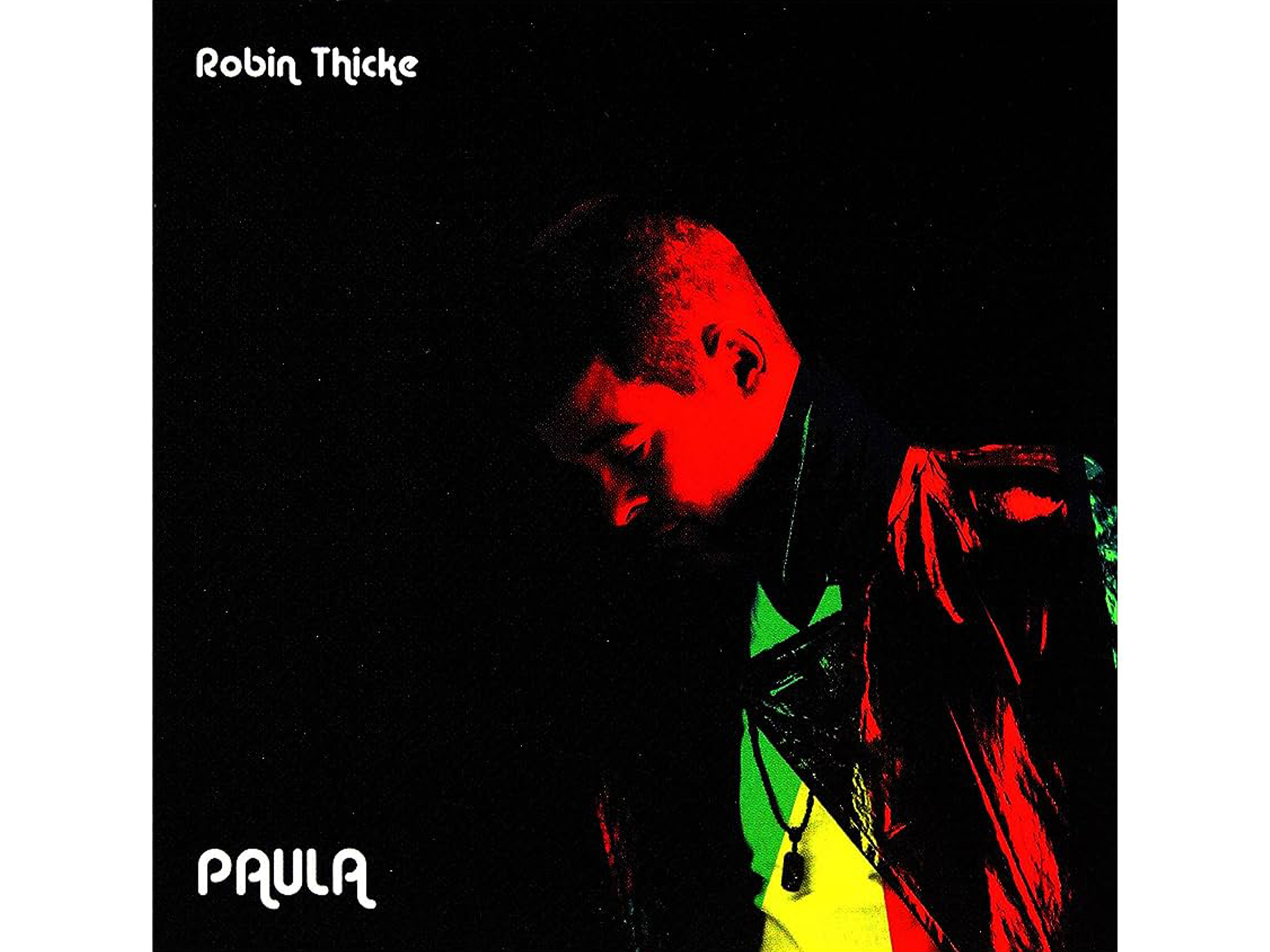
Singer-songwriter Robin Thicke broke big in the early 2000s, but controversy surrounding his 2013 single Blurred Lines hurt his career in a big way. Thicke attempted a comeback with 2014 album Paula, dedicated to his estranged wife Paula Patton. Unfortunately for Thicke, he failed to reconcile with either his wife or his audience: the album sold a mere 48,000 copies.
Oasis – Be Here Now
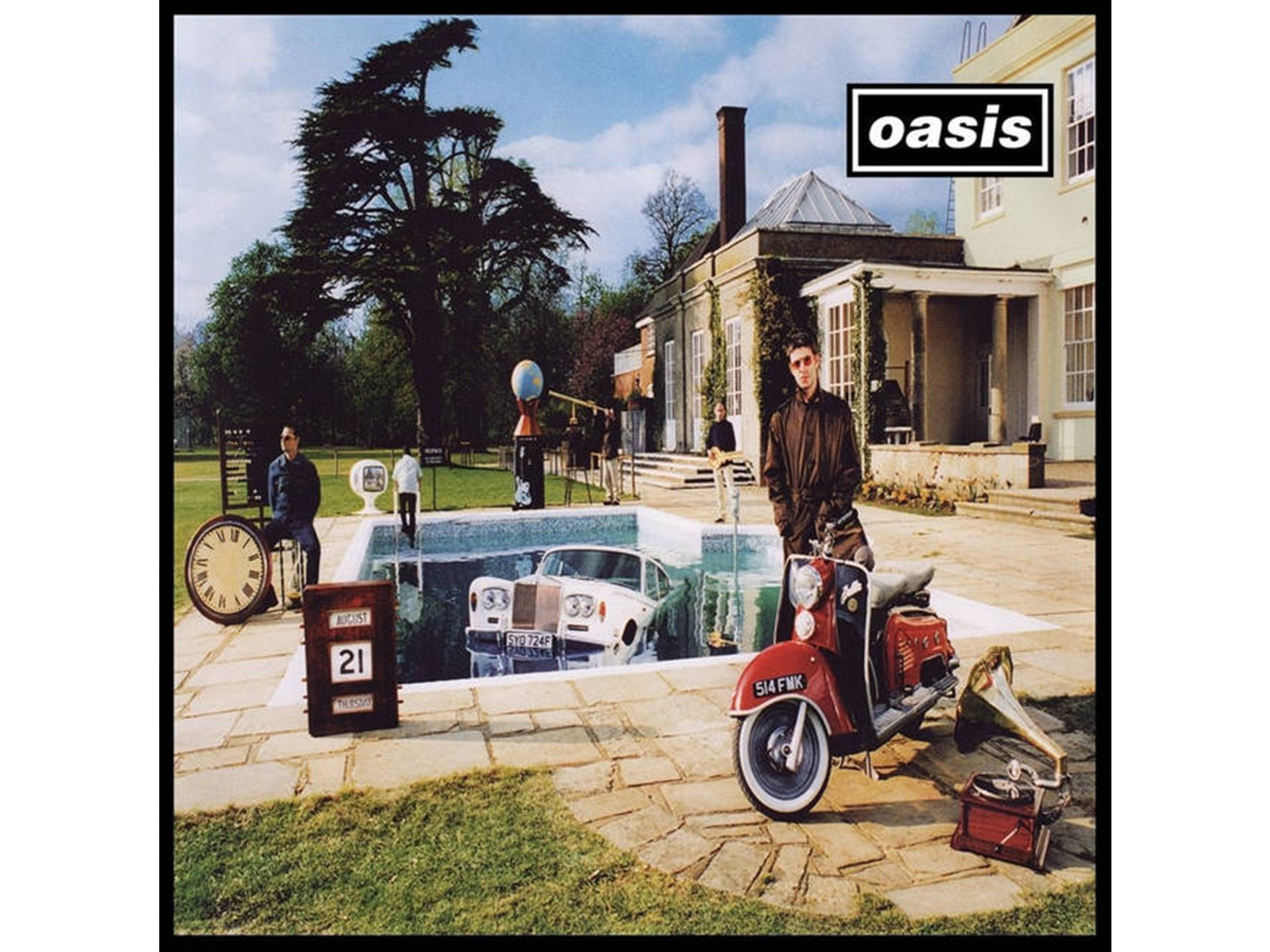
Considered one of the key bands of the Britpop scene, British indie rock band Oasis enjoyed huge popularity on their home soil with their first two albums. Alas, when third album Be Here Now landed in 1997, the party seemed to be over. The album was deemed lazy and formulaic by all but the most devoted Oasis fans, and their reputation never entirely recovered.
MC Hammer – The Funky Headhunter
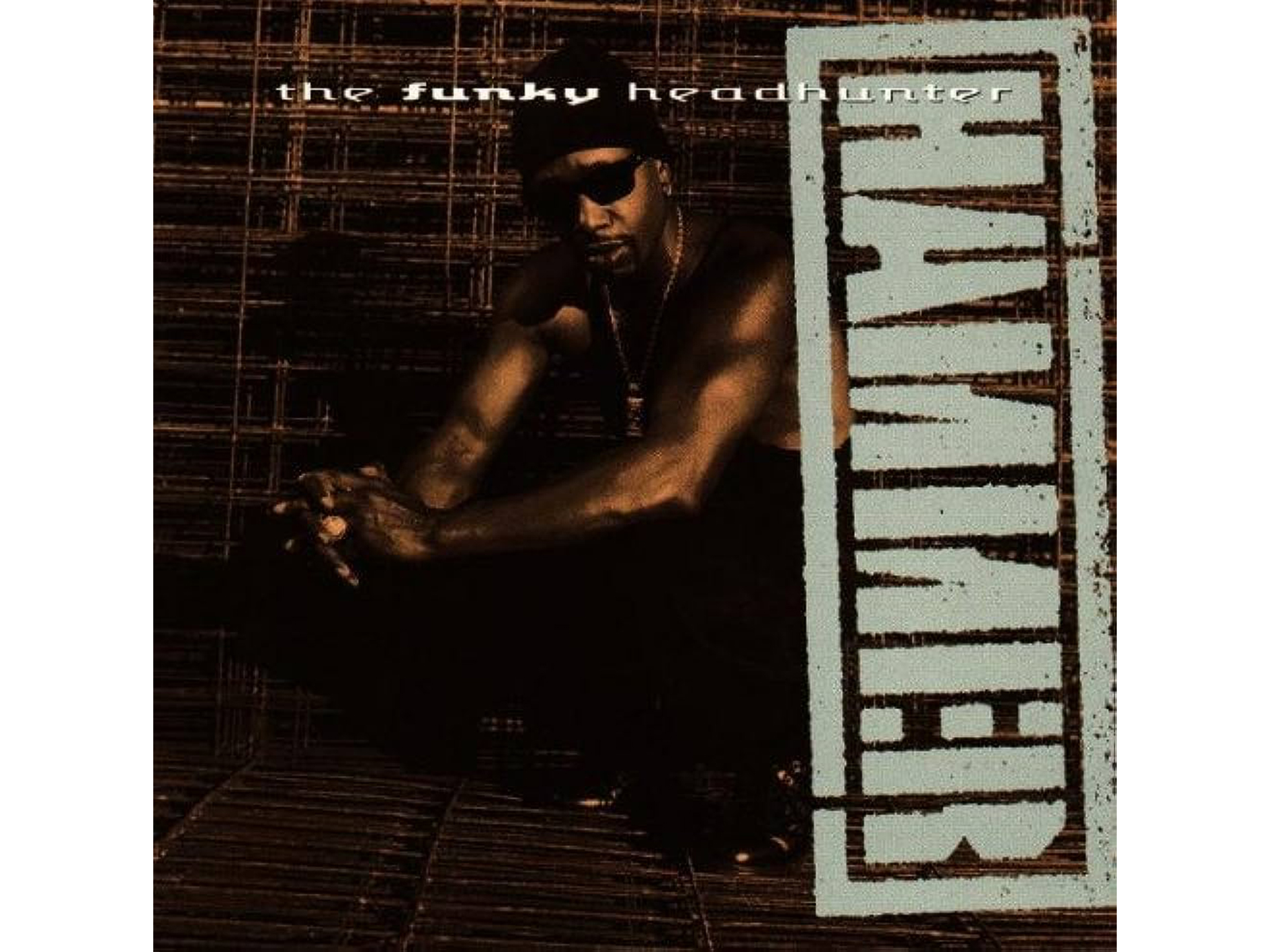
Thanks to 1990 hit U Can’t Touch This, MC Hammer briefly enjoyed superstardom, but he quickly became something of a joke. In hopes of reviving his fortunes, Hammer underwent a radical image change for his 1994 album The Funky Headhunter, trying to reinvent himself as a hard-edged gangster rapper. This only prompted even more intense ridicule for Hammer, whose career would soon be over.
Robbie Williams – Rudebox
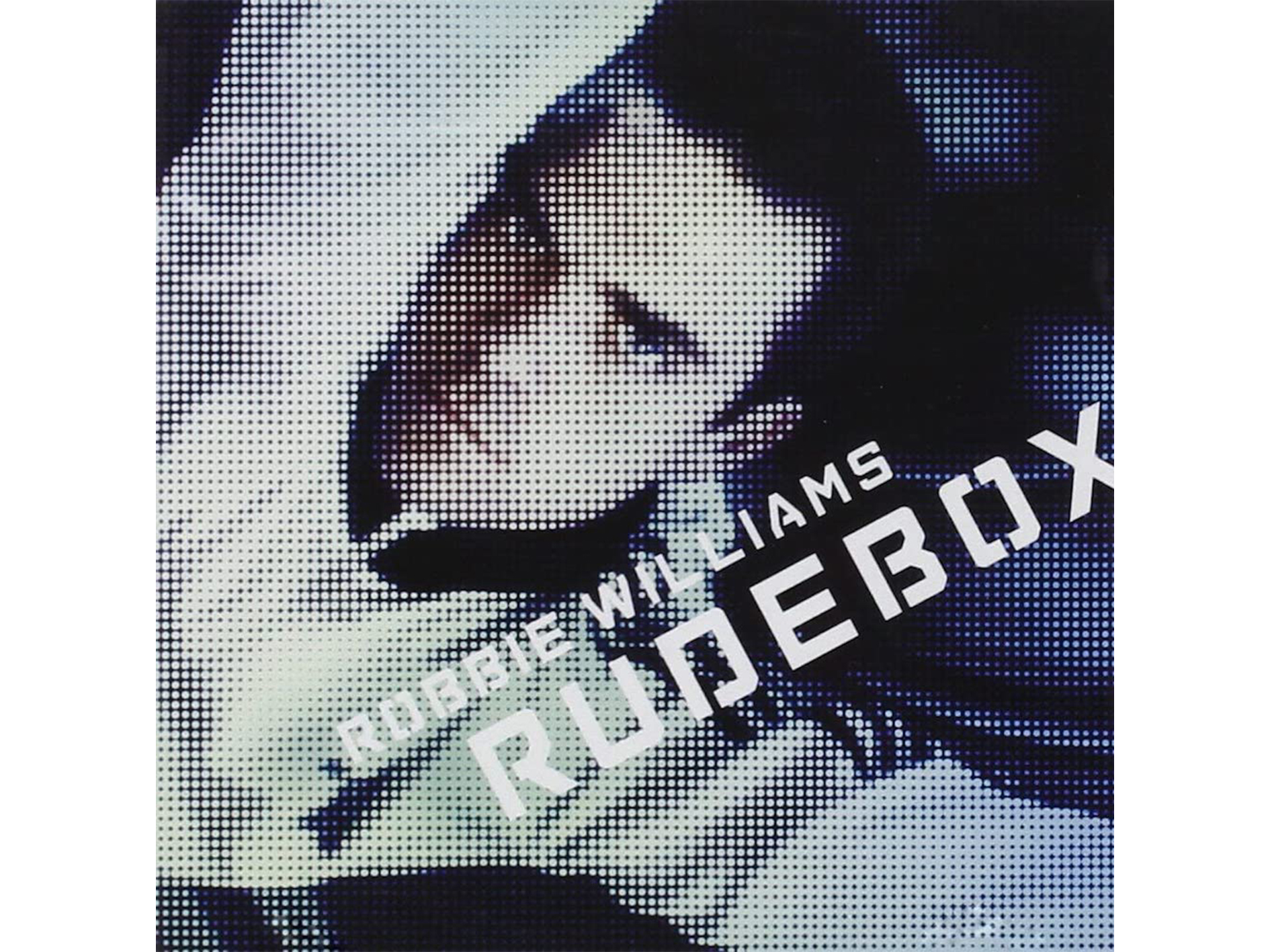
After leaving boy band Take That, Robbie Williams became the single biggest pop star in his native UK in the late 1990s, with his first six albums going platinum many times over. Fancying a change, Williams attempted a more hip-hop-oriented sound on 2006’s Rudebox. His audience wasn’t convinced; sales were far lower than usual, and interest in Williams’ subsequent work rapidly declined.
Van Halen – Van Halen III
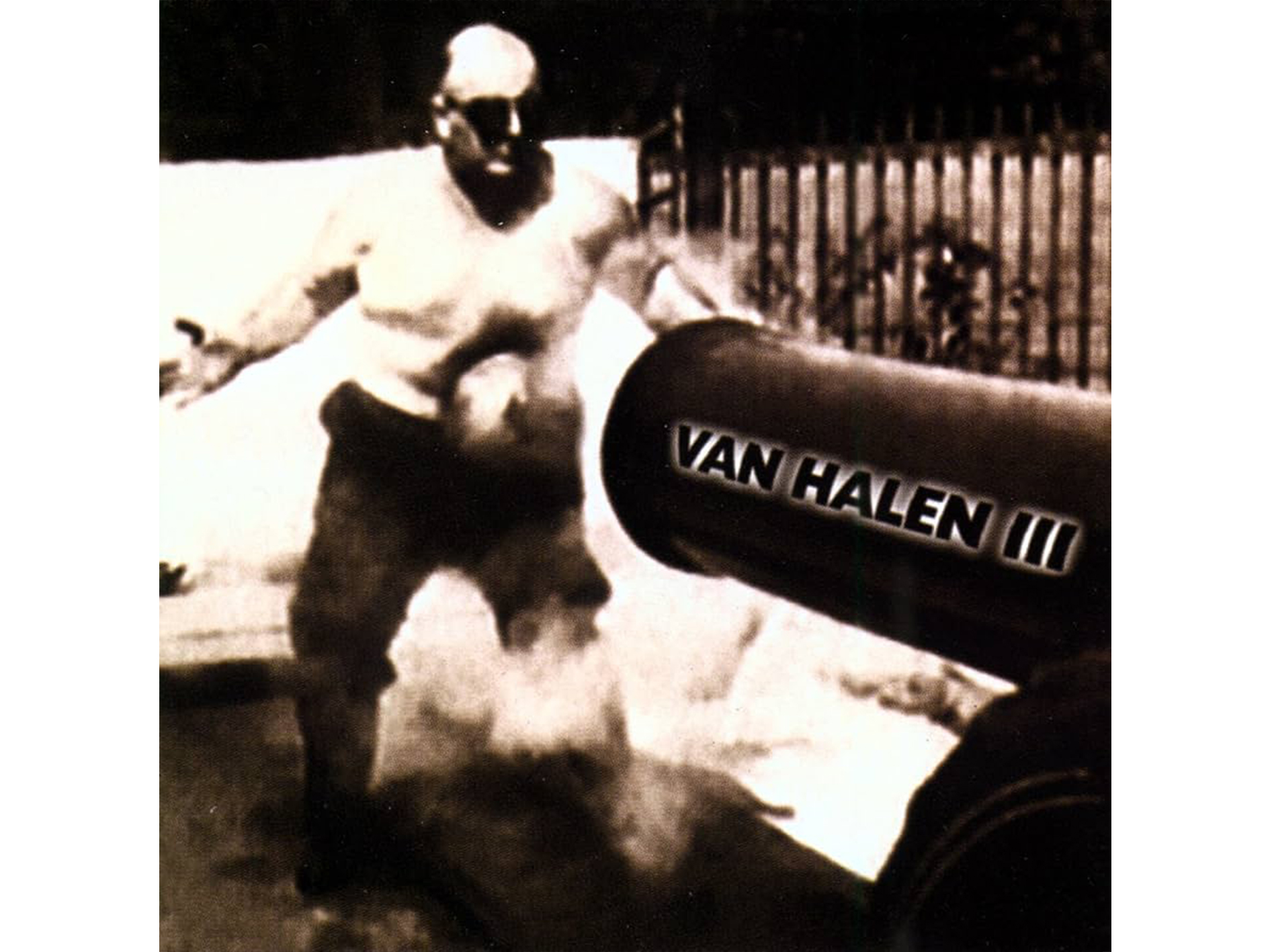
Having burned through two lead singers (David Lee Roth and Sammy Hagar), Van Halen hired third frontman Gary Cherone for 1998 album Van Halen III. Alas, the 80s rock icons were struggling to find their place in the post-grunge era, and the overlong, ponderous record failed to win over fans. Cherone soon left and Van Halen’s days as recording artists were as good as over.
U2 – Songs of Innocence
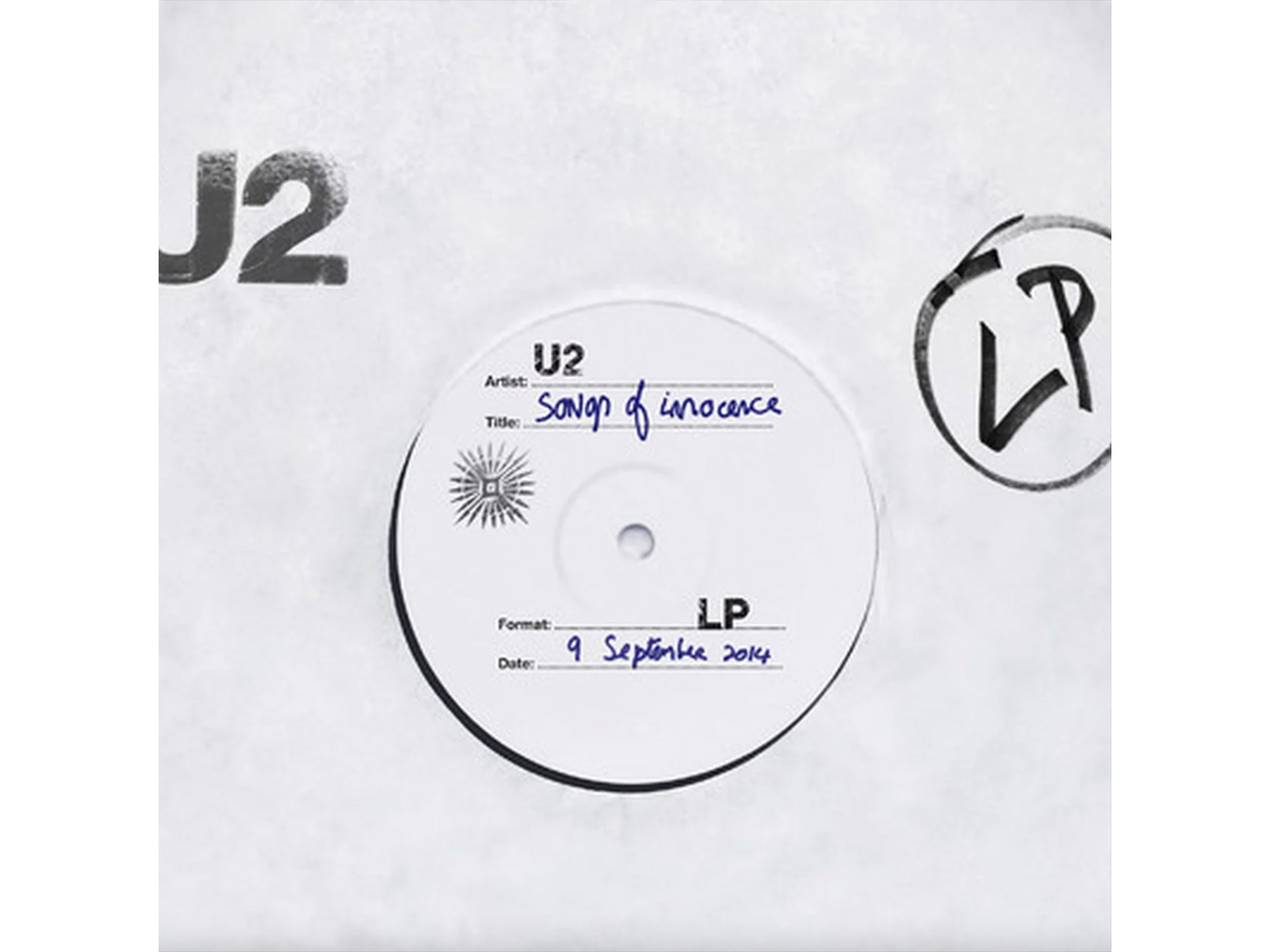
On their 2014 album Songs of Innocence, long-standing stadium rock icons U2 teamed up with Apple Inc. with a bold release strategy: downloading the record automatically to every iTunes account in the world, for free. This backfired massively, with millions of furious customers complaining that they didn’t want the album. U2 were left with egg on their faces, and many music fans have never forgiven them.
The Who – Face Dances
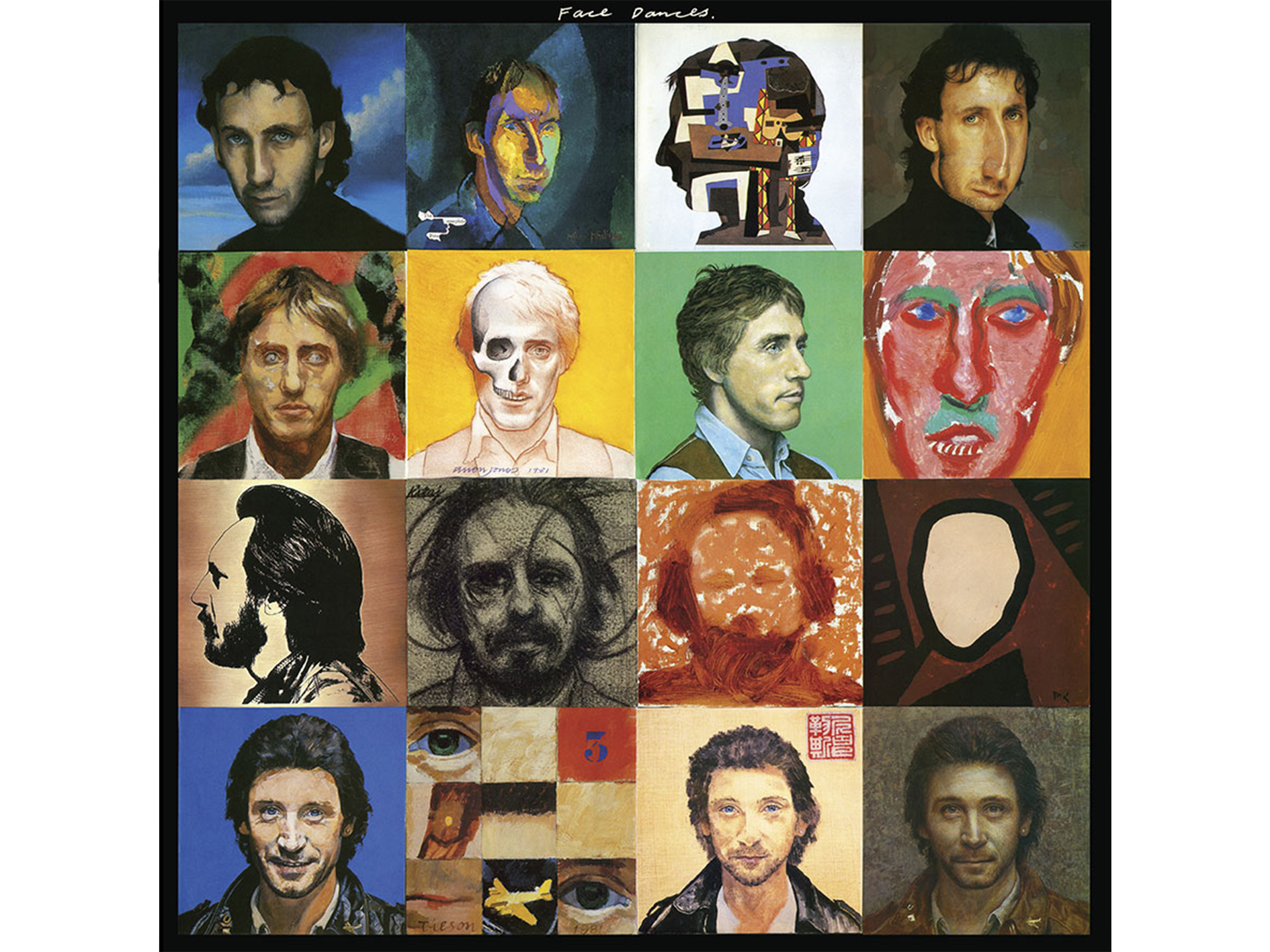
British rock icons The Who were largely defined by the interplay between their four members – so when inimitable drummer Keith Moon died in 1978, many assumed the band was over. However, they decided to continue, enlisting new drummer Kenny Jones and recording 1981’s Face Dances. They soon realized the chemistry wasn’t there without Moon, and after another lackluster album (1982’s It’s Hard) The Who disbanded.
Jessica Simpson – A Public Affair
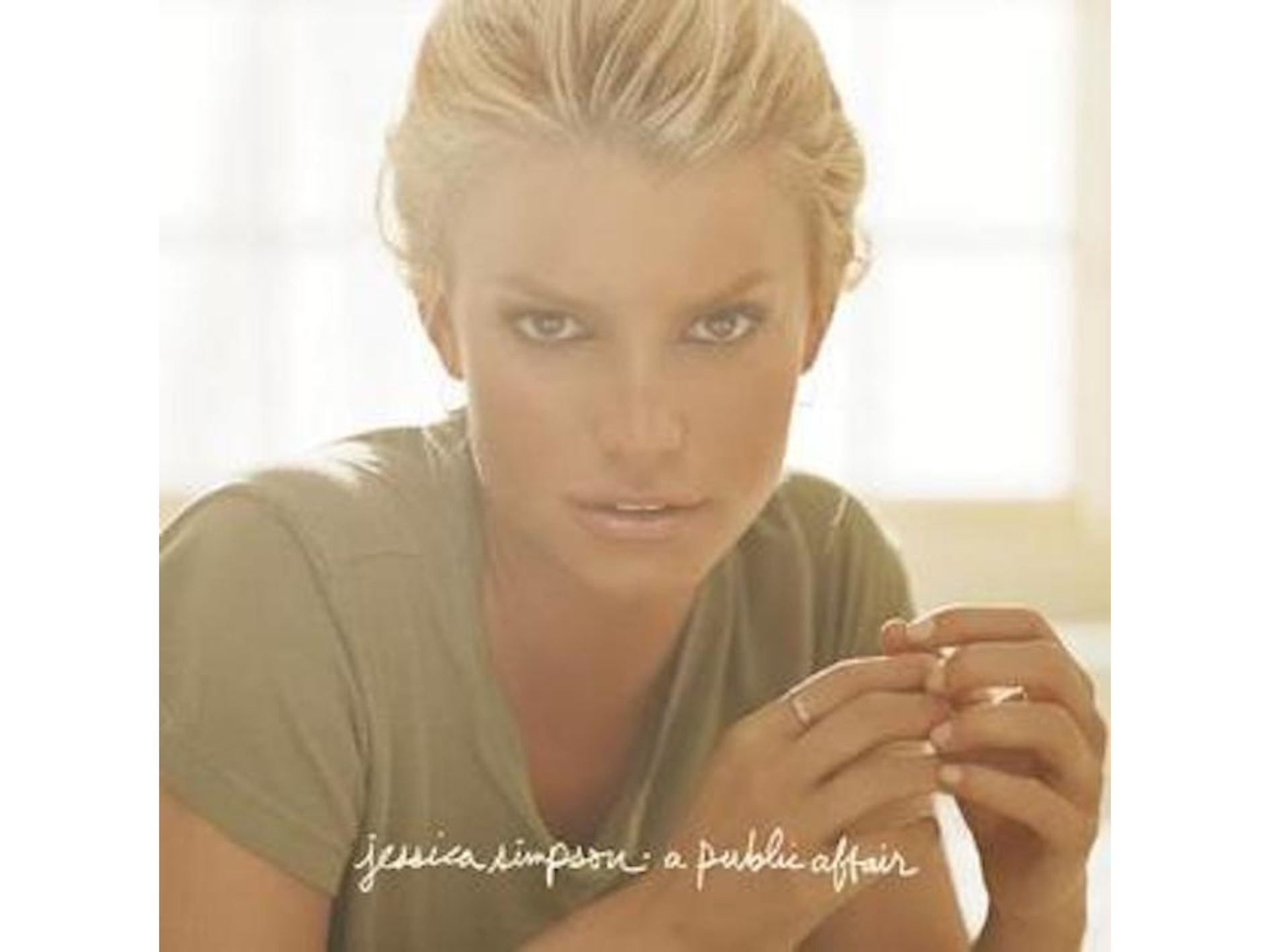
After the very public breakdown of her marriage to Nick Lachey, Jessica Simpson’s 2006 album A Public Affair was anticipated to be her big comeback. However, despite the catchy title track, the album’s sales were underwhelming compared to her previous efforts. Personal tabloid scrutiny seemed to overshadow her musical output, and Simpson soon pivoted more towards the fashion industry.
Liz Phair – Liz Phair
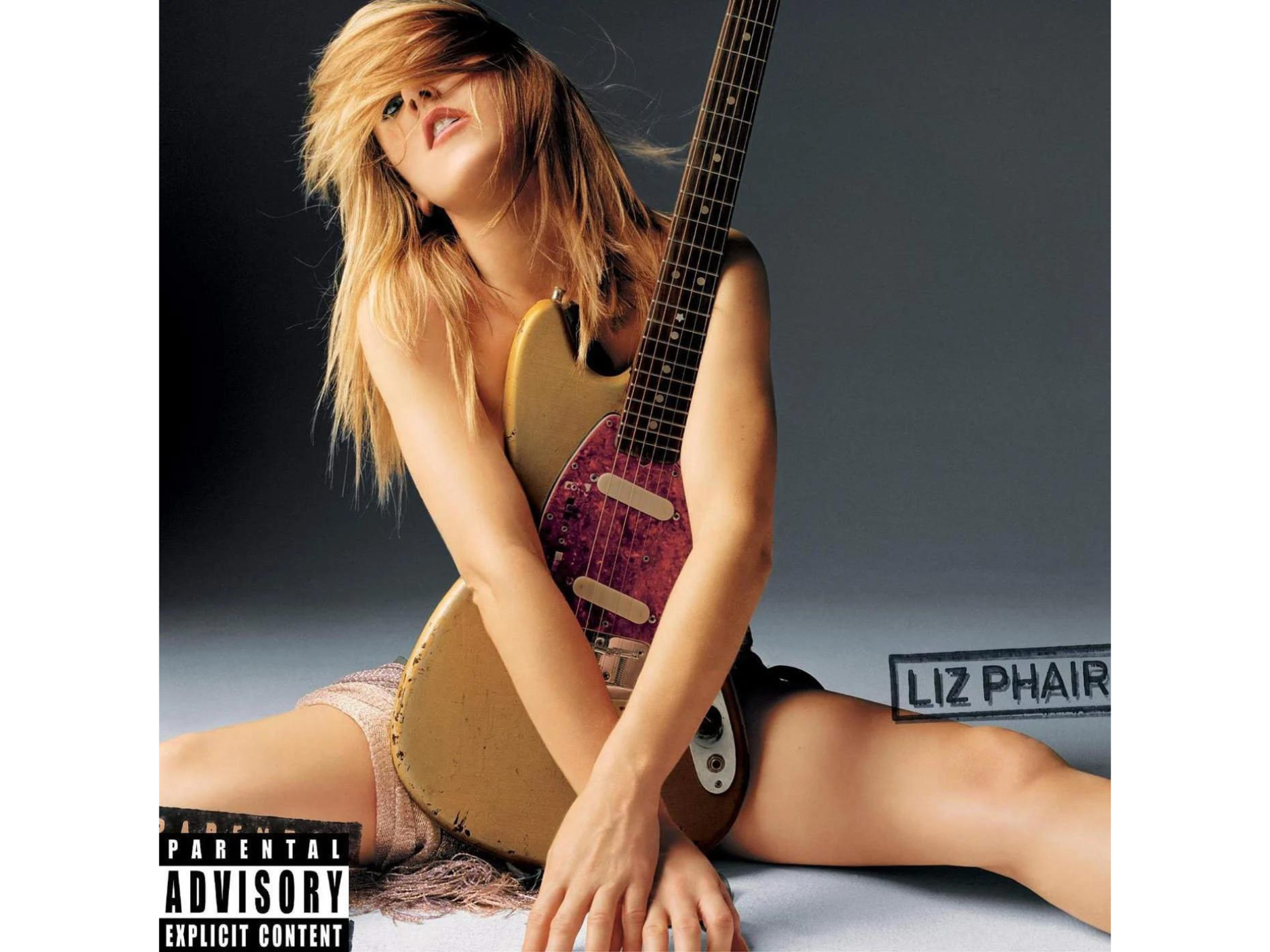
After establishing herself as an indie darling with her earlier work, Liz Phair’s 2003 self-titled album aimed for a more commercial pop sound. This pivot drew criticism from long-time fans and critics who felt she had abandoned her unique voice. The controversy surrounding the album impacted Phair’s standing in the indie rock community.
Madonna – American Life
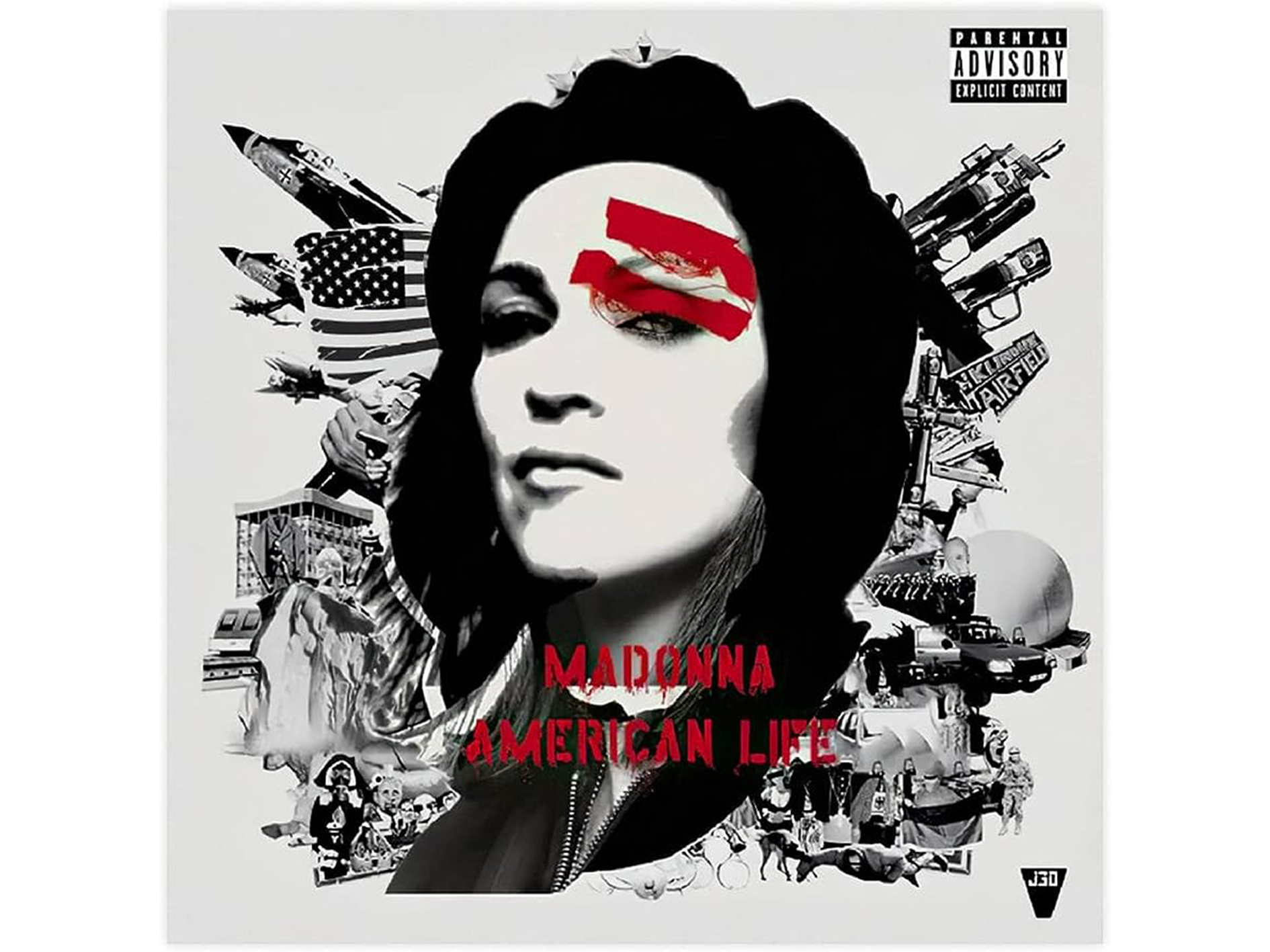
American Life was Madonna’s introspective reflection on her fame and the state of America. However, the 2003 album failed to resonate with many fans and critics. The controversial video for the title track, which was pulled shortly after its release, didn’t help matters. While Madonna has always been one to reinvent herself, this particular iteration didn’t connect as well as others.
Chris Cornell – Scream

The late Chris Cornell, known for his role in Soundgarden and Audioslave, took a left turn with his 2009 album Scream, a collaboration with pop producer Timbaland. The electronic R&B-flavored album alienated many of Cornell’s rock fanbase, and reviews were mixed. Cornell would later return to his rock roots, but Scream remains a divisive moment in his discography.
Ashlee Simpson – I Am Me
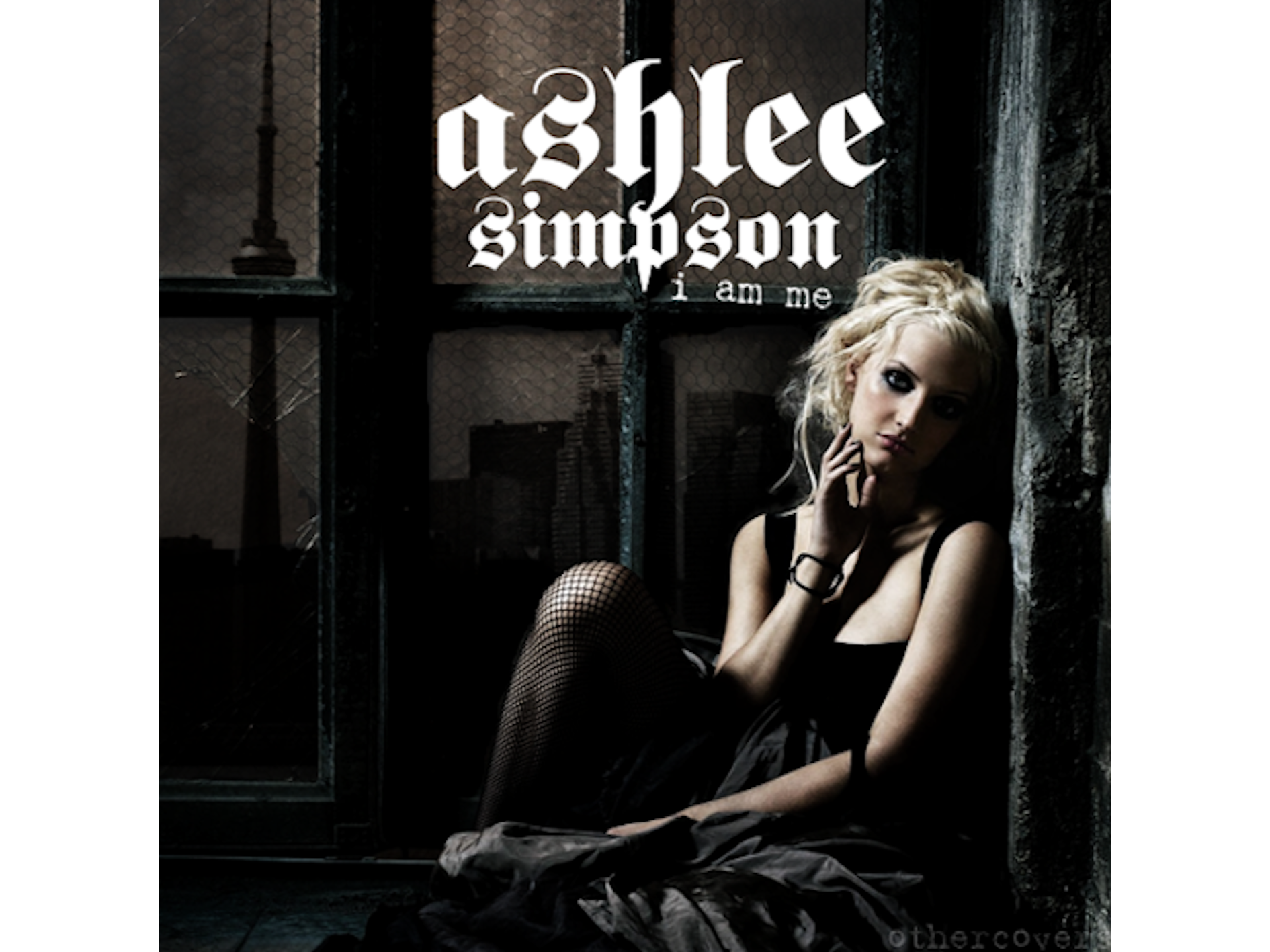
Following a lip-syncing mishap on Saturday Night Live in 2005, pop singer Ashlee Simpson released I Am Me in hopes of recovering her reputation. Although it debuted at number one, the album quickly faded in terms of public interest. The controversy overshadowed her music, and she struggled to maintain the same level of stardom afterward.
Avril Lavigne – Goodbye Lullaby
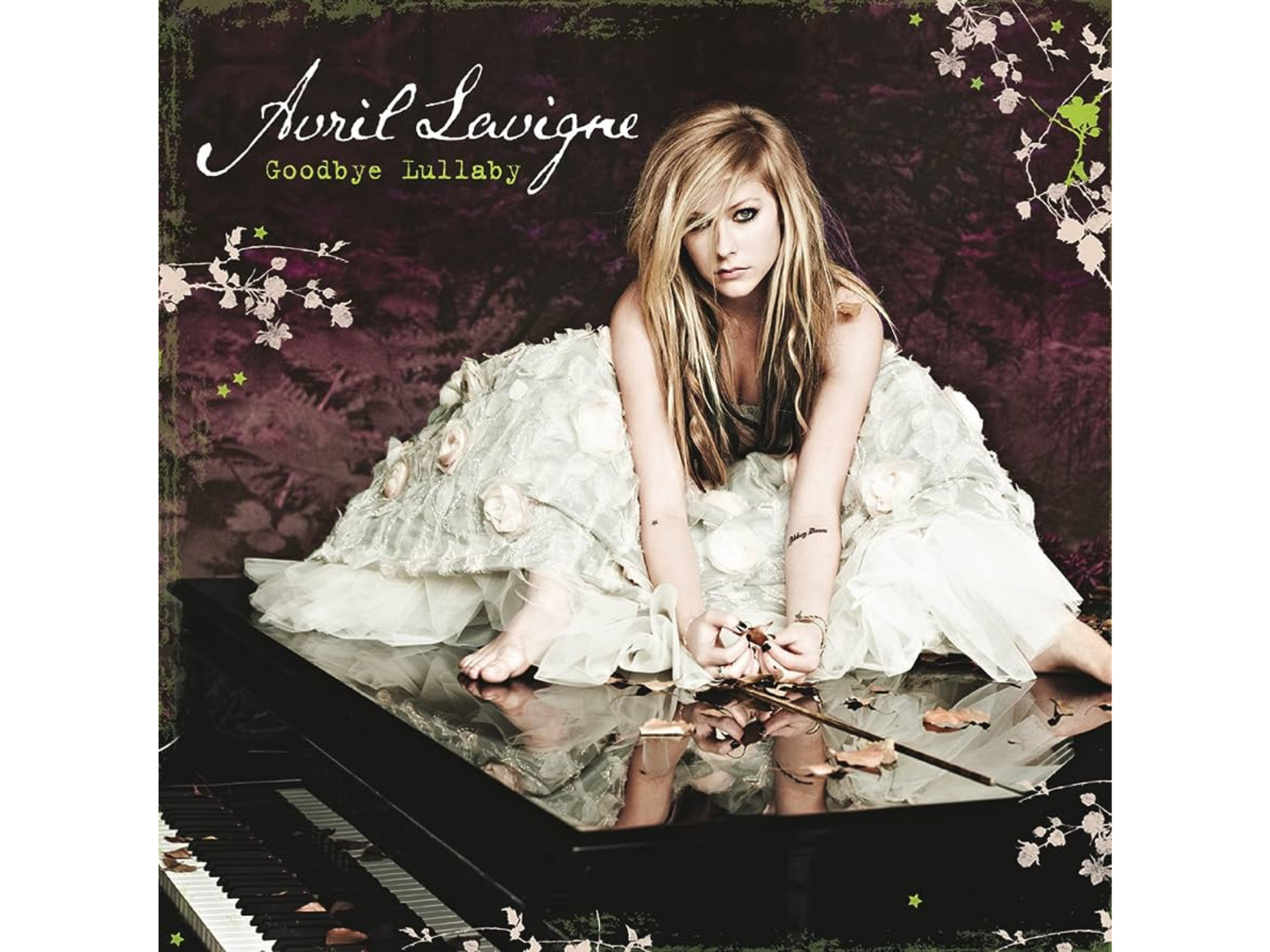
Avril Lavigne’s Goodbye Lullaby, released in 2011, was met with mixed reviews from critics who found it lacking the edginess of the pop-rock singer-songwriter’s earlier works. The album’s introspective and softer tone didn’t resonate as strongly with fans, and its sales and chart performance were a departure from Lavigne’s previous successes.
Lou Reed – Metal Machine Music
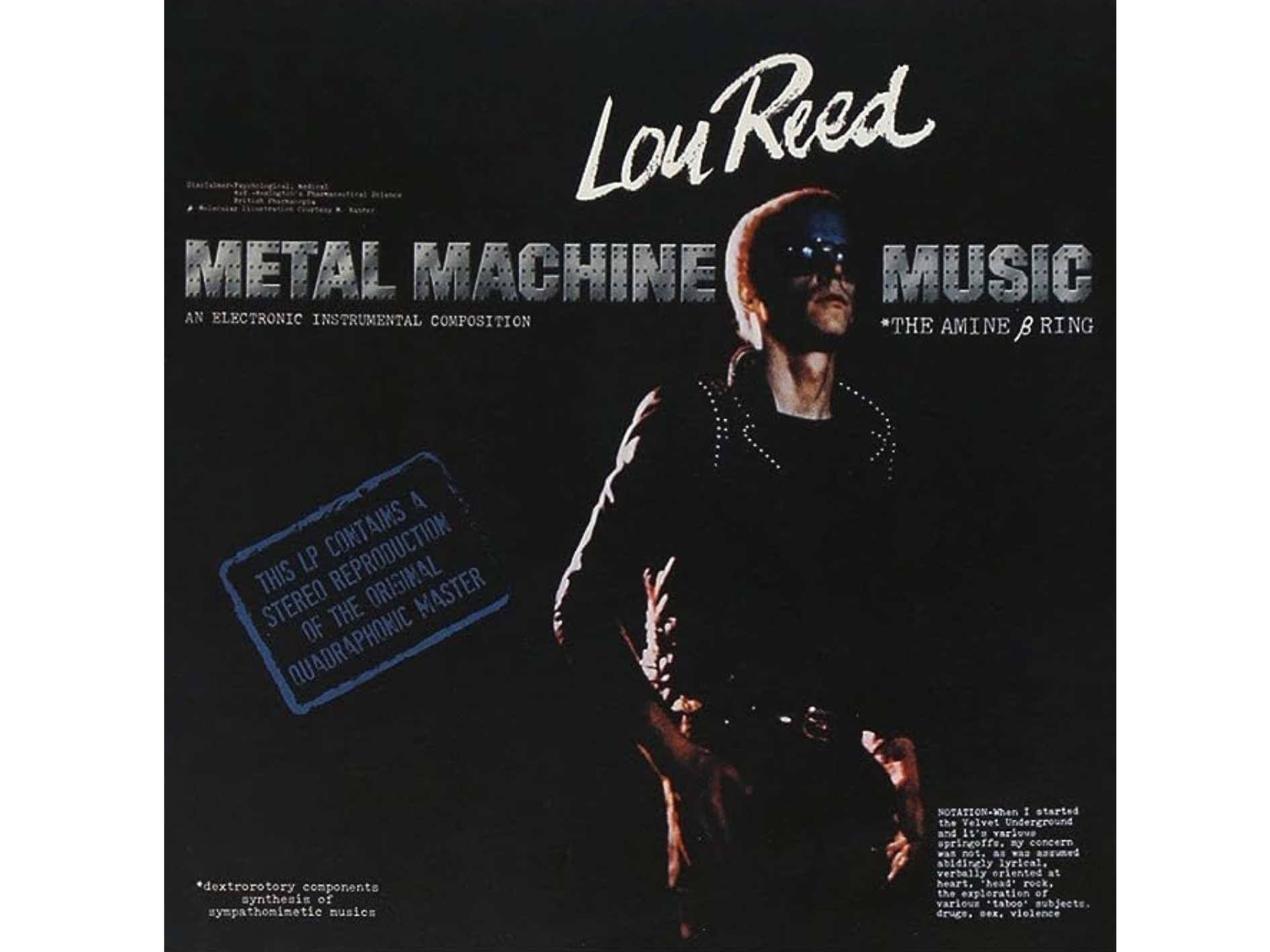
Lou Reed’s experimental 1975 album Metal Machine Music was an hour of guitar feedback and non-musical sounds. Seen by many as either a joke or a deliberate attempt to break from his record contract, it was universally panned upon release. Though it has since gained a cult following among noise music enthusiasts, at the time, it was a baffling move in Reed’s discography.
Lindsay Lohan – A Little More Personal
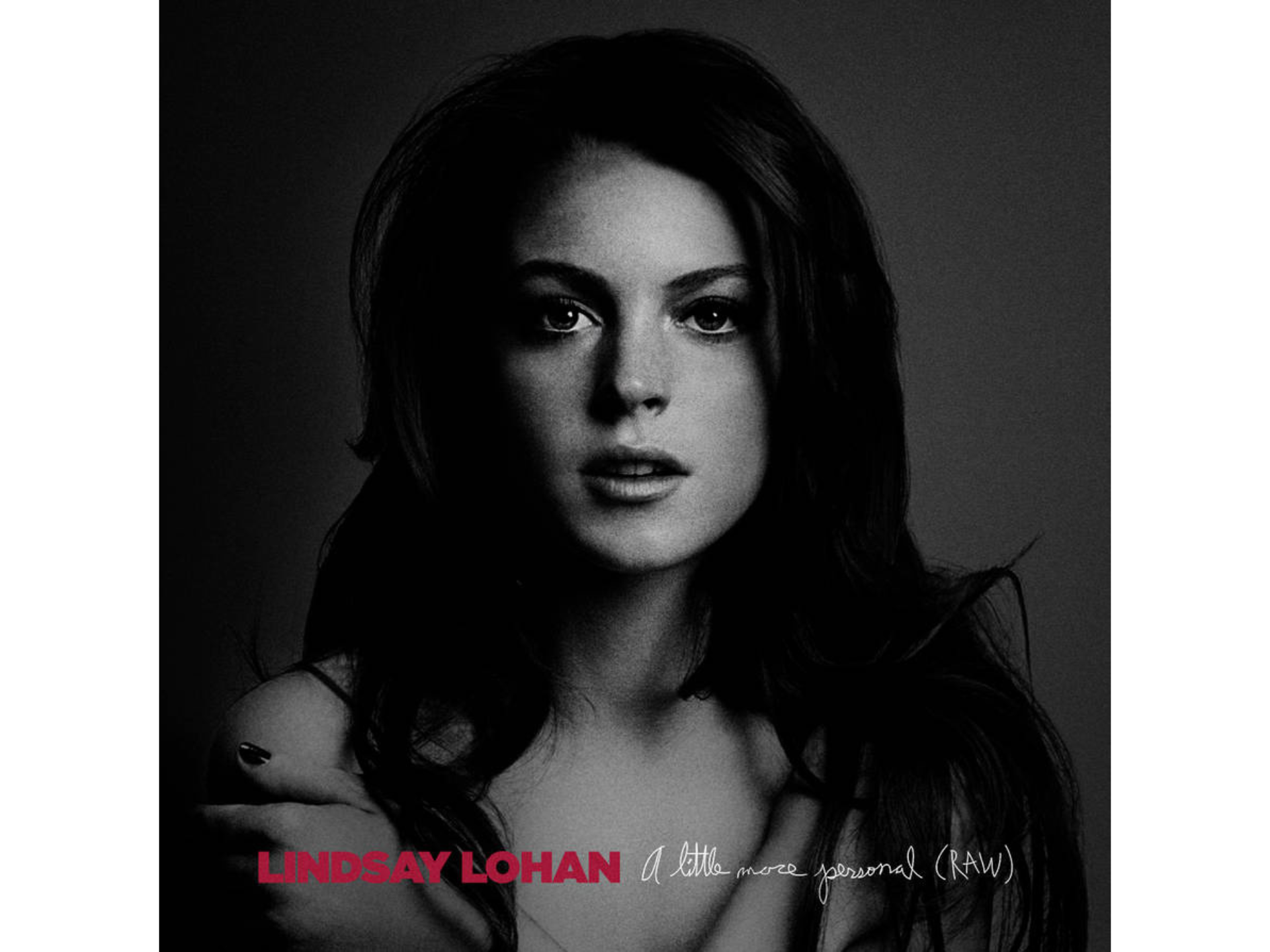
Lindsay Lohan’s sophomore album A Little More Personal, released in 2005, aimed to showcase a more personal and vulnerable side of the actress-turned-singer. However, the album received criticism for its lack of originality and struggled to connect with audiences. Lohan’s personal troubles and the album’s lukewarm reception marked a turning point in her music career.
Bob Dylan – Self Portrait
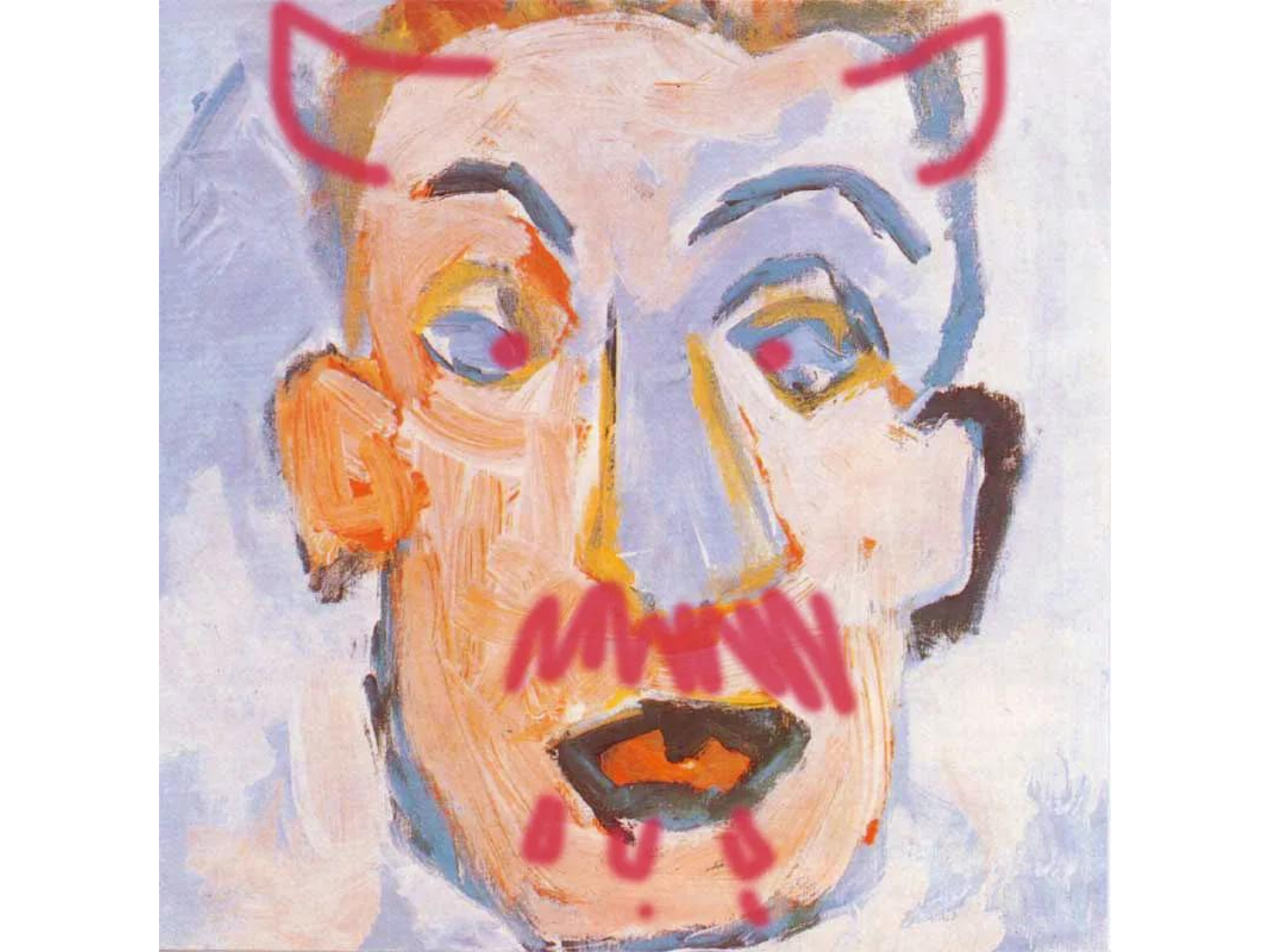
After a decade of critically acclaimed albums that made him a voice of his generation, in 1970 Bob Dylan released Self Portrait, a double LP that baffled many of his fans. Comprising mostly of covers and a few live tracks, it was received poorly by critics. While it couldn’t derail the legend that is Dylan, it’s often considered a low point in his vast discography.
Guns N’ Roses – Chinese Democracy
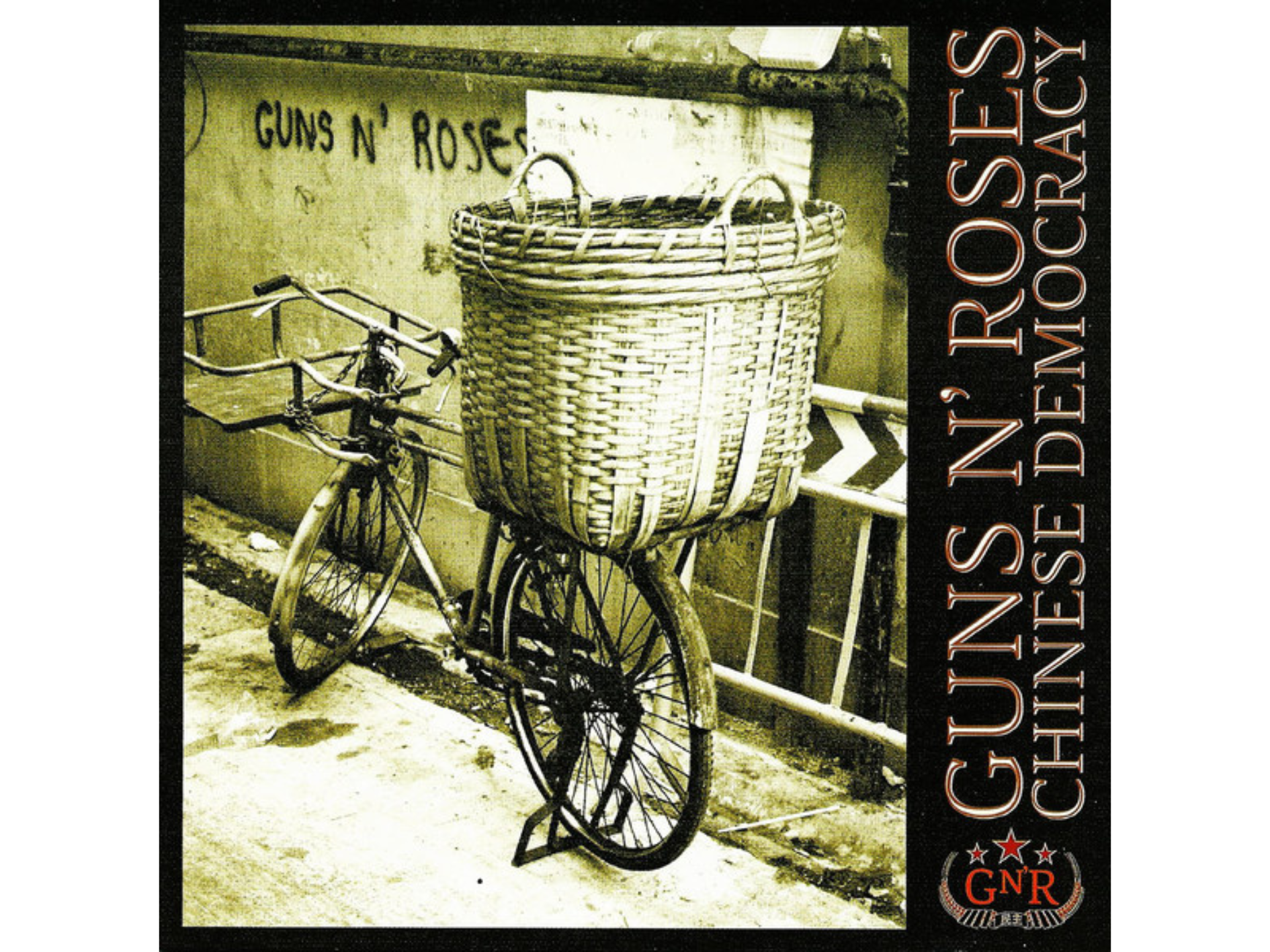
Guns N’ Roses’ Chinese Democracy holds the record for one of the longest delayed albums in rock history. After nearly 15 years in the making, it finally saw the light of day in 2008. The immense anticipation and lineup changes over the years resulted in mixed reviews and a lukewarm reception from fans, failing to recapture the band’s earlier glory.
Britney Spears – Britney Jean
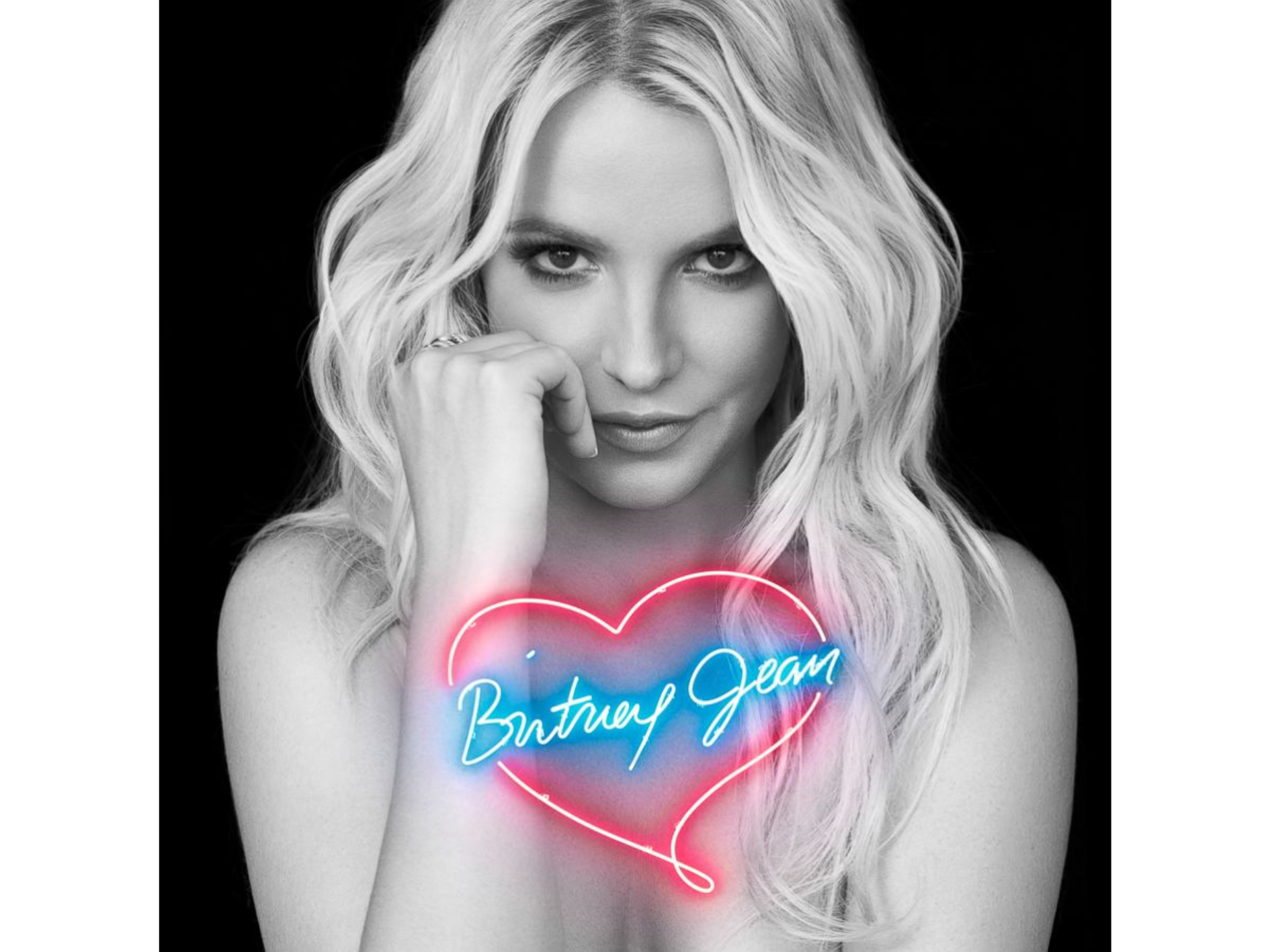
Following her successful 2011 album Femme Fatale, Britney Spears’ eighth studio album Britney Jean was released in 2013 and marketed as the pop superstar’s most personal album to date. However, it was met with lukewarm reviews and was her lowest-selling album up to that point. It’s noteworthy that the period leading up to this album saw Spears under intense media scrutiny and personal challenges.
Nelly Furtado – The Spirit Indestructible
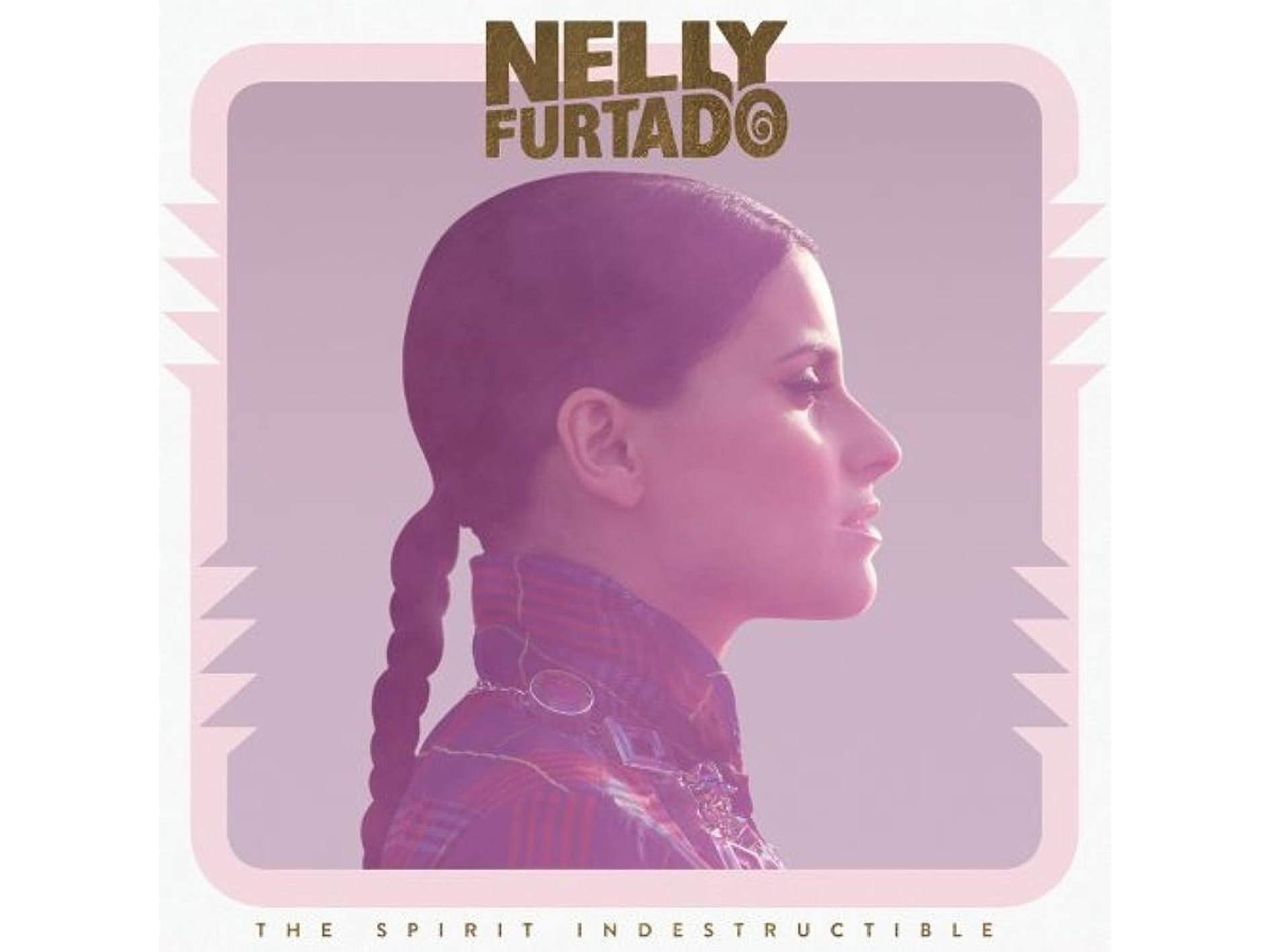
Nelly Furtado’s The Spirit Indestructible, released in 2012, was the Canadian singer-songwriter’s fifth studio album. Unfortunately, it struggled to capture the same attention and acclaim as her earlier albums. Despite showcasing Furtado’s diverse musical influences, commercially it fell significantly short of expectations, marking a downturn in her career trajectory.
Katy Perry – Witness
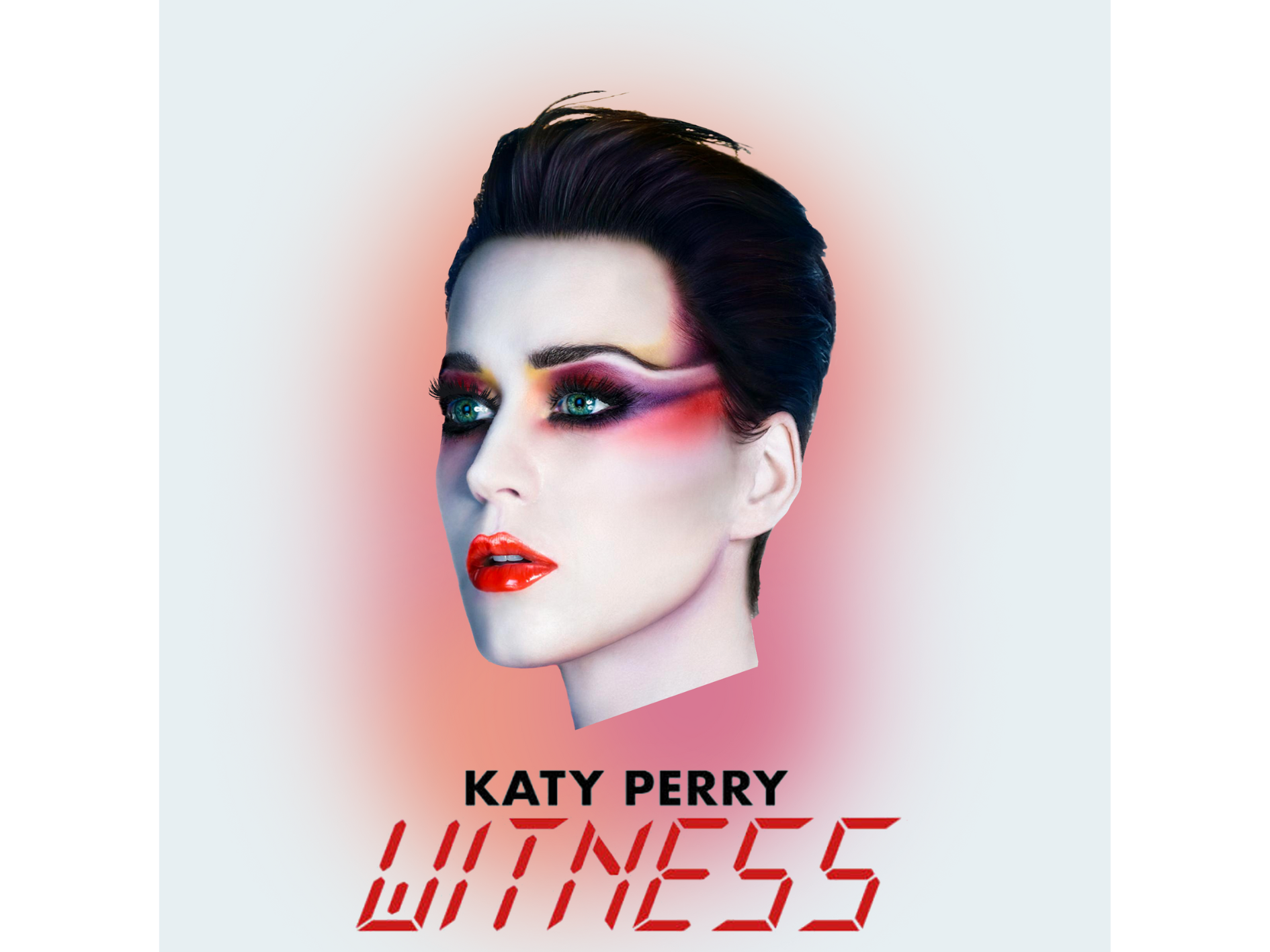
Following a string of successful albums and singles, 2017’s Witness was seen as a departure from Katy Perry’s typical pop anthems. While it did have some successful singles, the album received mixed reviews and did not achieve the same level of commercial success as her previous works. It marked a slip in Perry’s seemingly unstoppable chart dominance.
Paula Abdul – Head Over Heels
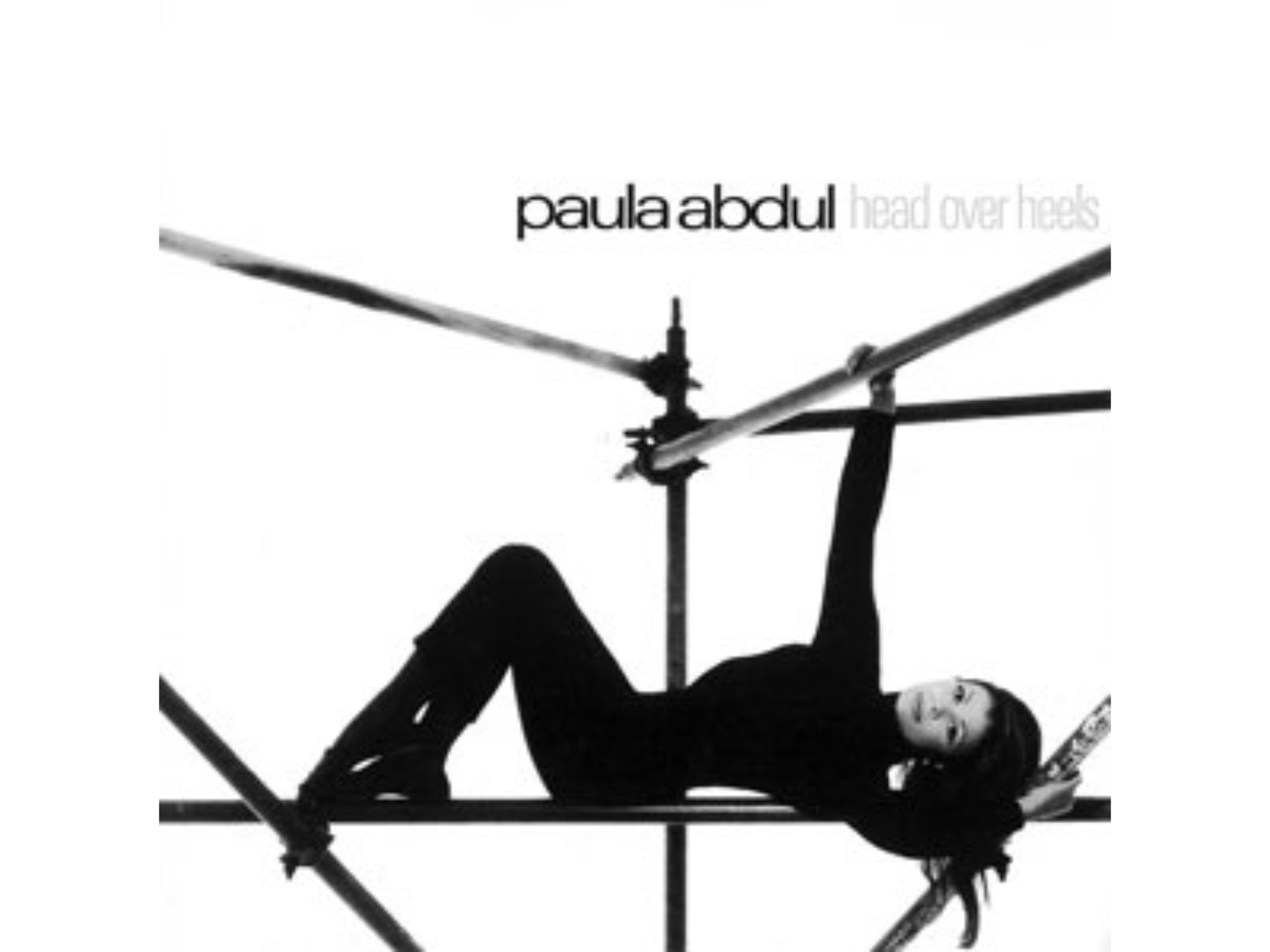
After two multi-platinum albums in the late ’80s and early ’90s, Abdul’s 1995 album Head Over Heels was a relative flop. Failing to produce any major hits and selling far less than her previous works, it marked a downturn in her music career before she later reinvented herself as a television personality.
David Bowie – Never Let Me Down
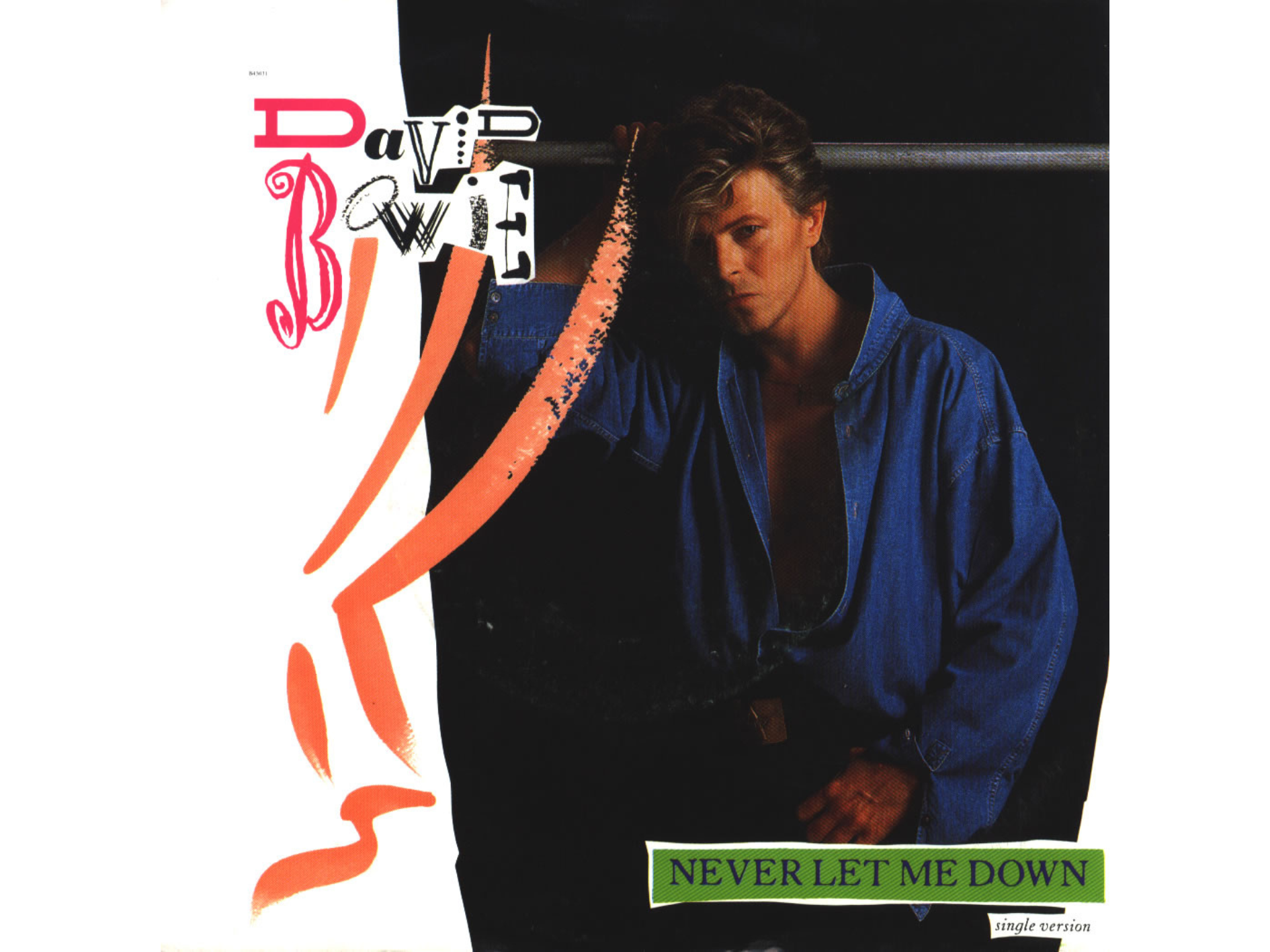
After a string of innovative and critically acclaimed albums, David Bowie’s 1987 album Never Let Me Down was panned by both critics and fans alike. Bowie himself later expressed his own displeasure with the response to the album which he considered “a bitter disappointment.” Bowie subsequently formed the short-lived band Tin Machine, and didn’t record another solo album until 1993.
Smashing Pumpkins – Adore
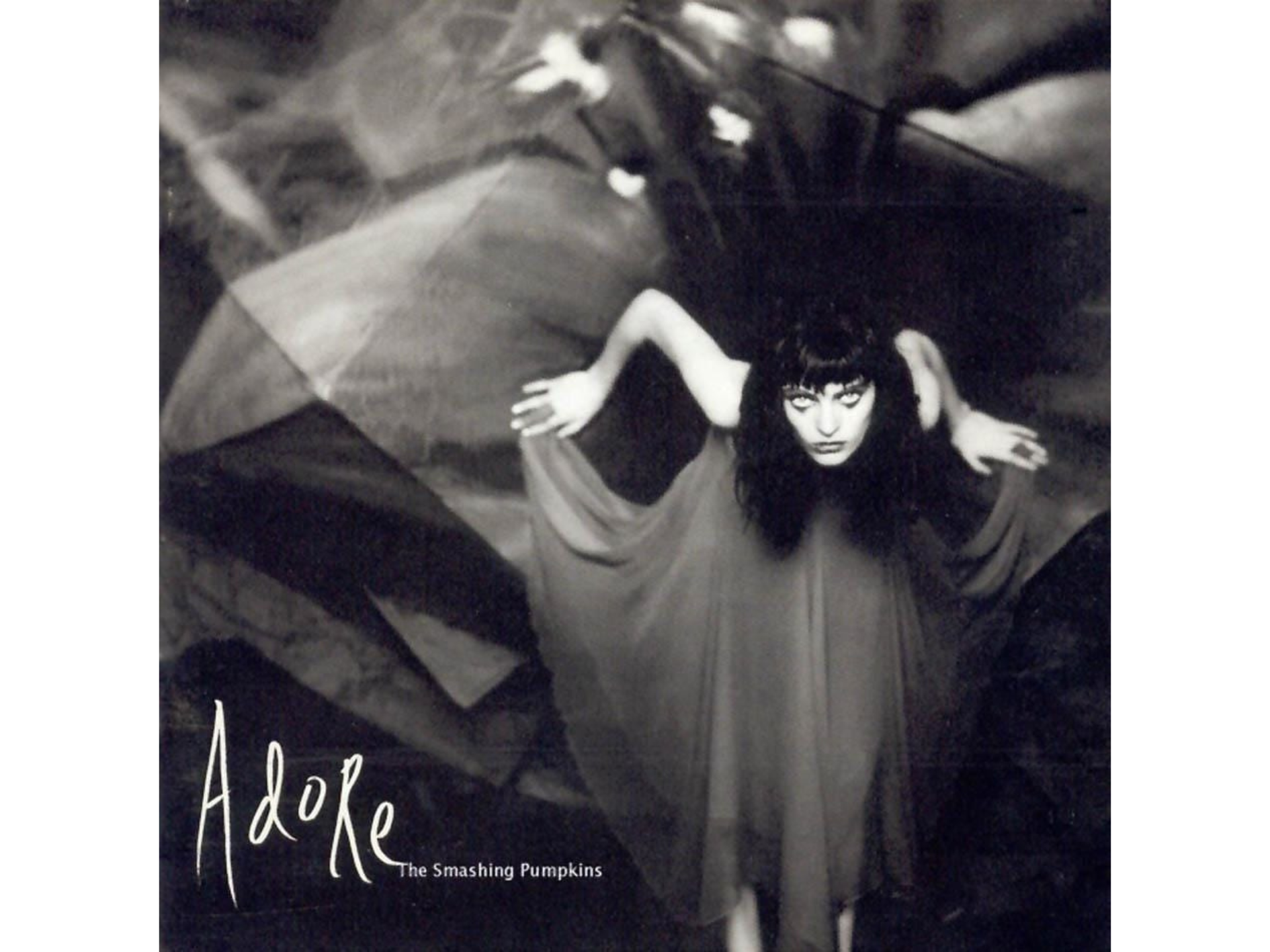
Following the massive success of their double album Mellon Collie and the Infinite Sadness, American alt-rock band Smashing Pumpkins opted for a more electronic, subdued direction with their 1998 album, Adore. The change in sound, coupled with internal band turmoil and the absence of drummer Jimmy Chamberlin, led to mixed reviews and it didn’t achieve the same commercial success as its predecessors.
Moby – Animal Rights
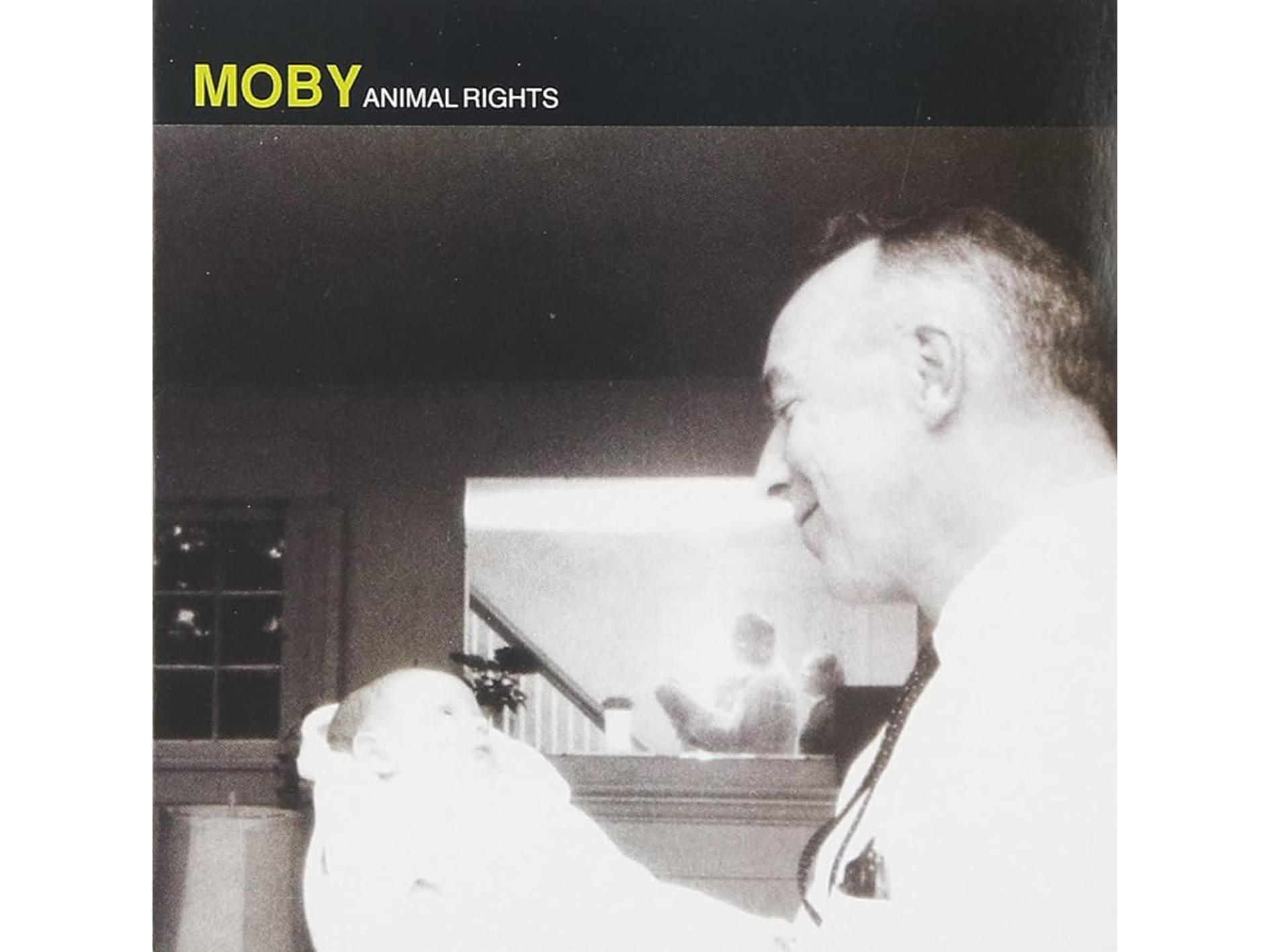
After achieving some early success as an electronic musician, Moby took a sharp turn into punk rock and heavy metal in 1996 with Animal Rights. Fans and critics were left confused, and the album did not fare well commercially. Moby would later return to his electronic roots and achieve massive success with Play in 1999.
Green Day – ¡Uno!, ¡Dos!, ¡Tré! Trilogy
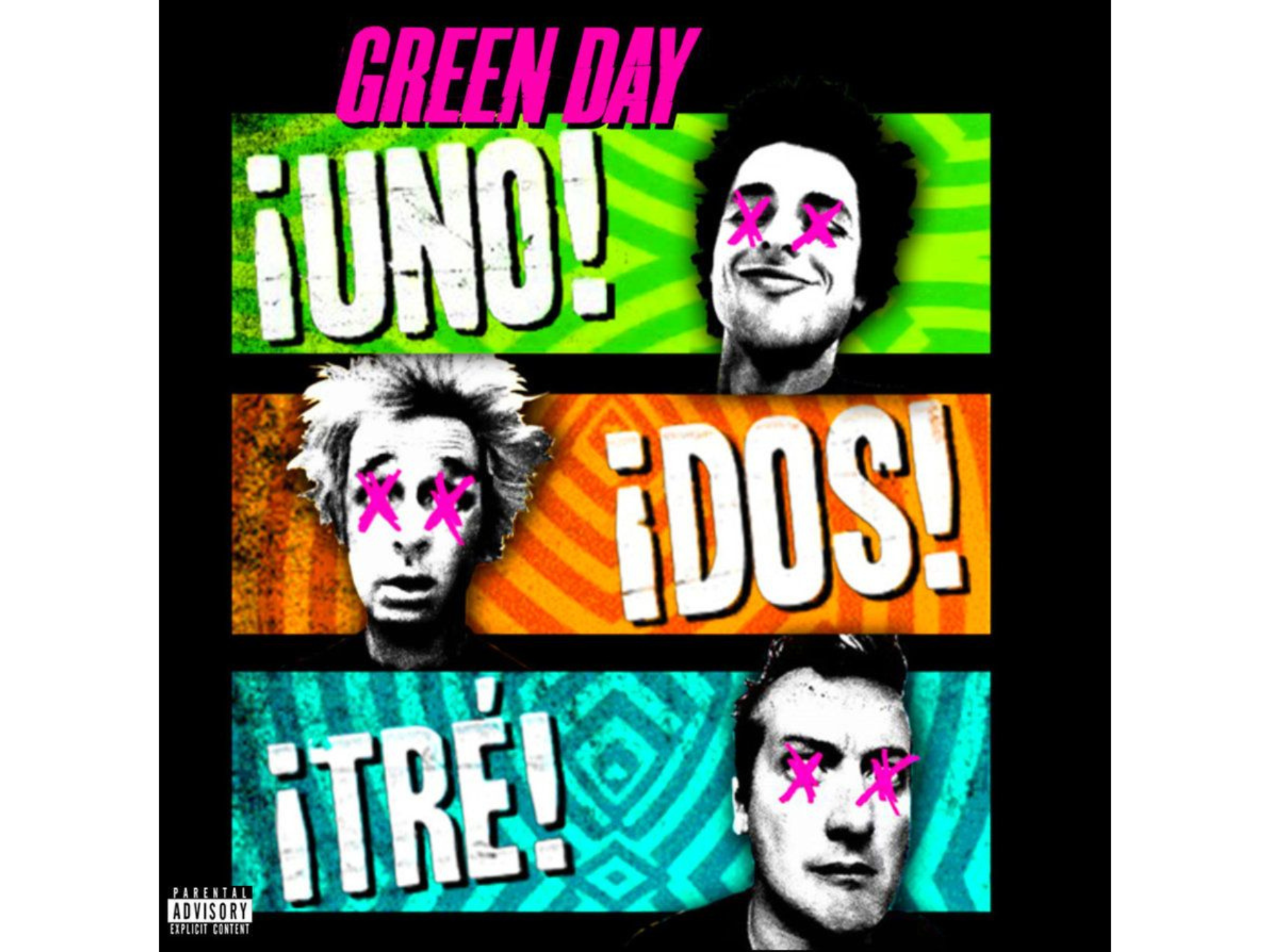
Punk rockers Green Day opted for an ambitious release strategy in 2012 with the launch of their trilogy: ¡Uno!, ¡Dos!, and ¡Tré!. Departing from the norm of a single album, this approach aimed to provide a more immersive musical journey. Despite boasting a few standout hits, overall the trilogy left both fans and critics divided, many feeling the albums lacked cohesiveness and impact.
Janet Jackson – Damita Jo
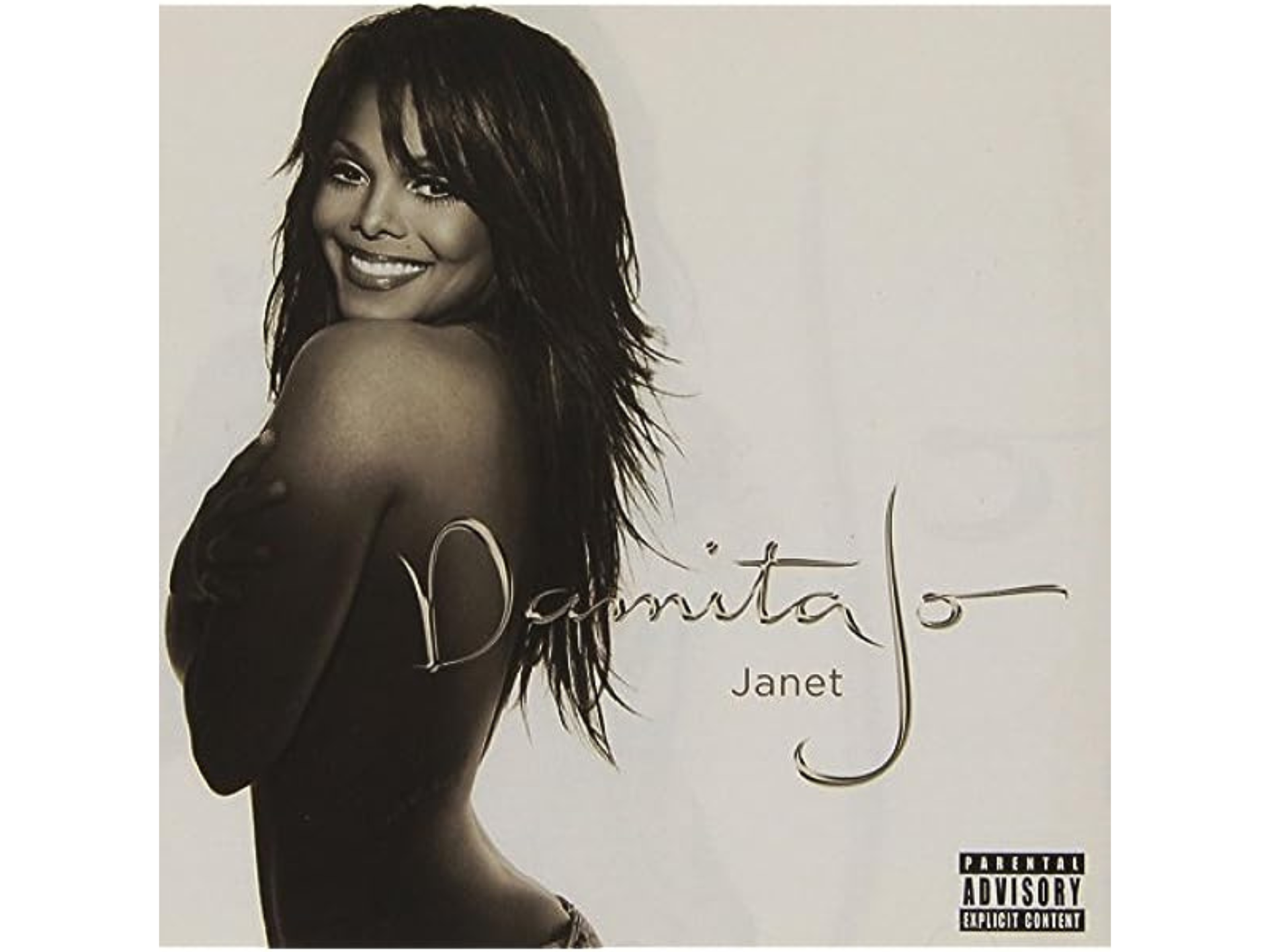
Janet Jackson released her 2004 album Damita Jo in the wake of the infamous Super Bowl halftime incident. Amidst all the negative publicity the pop star was facing at the time, Jackon’s new material was met with airplay restrictions, causing radio stations and music TV channels to blacklist her songs. As a result, the album fell short of the commercial success of Jackson’s previous albums.
Mariah Carey – Glitter
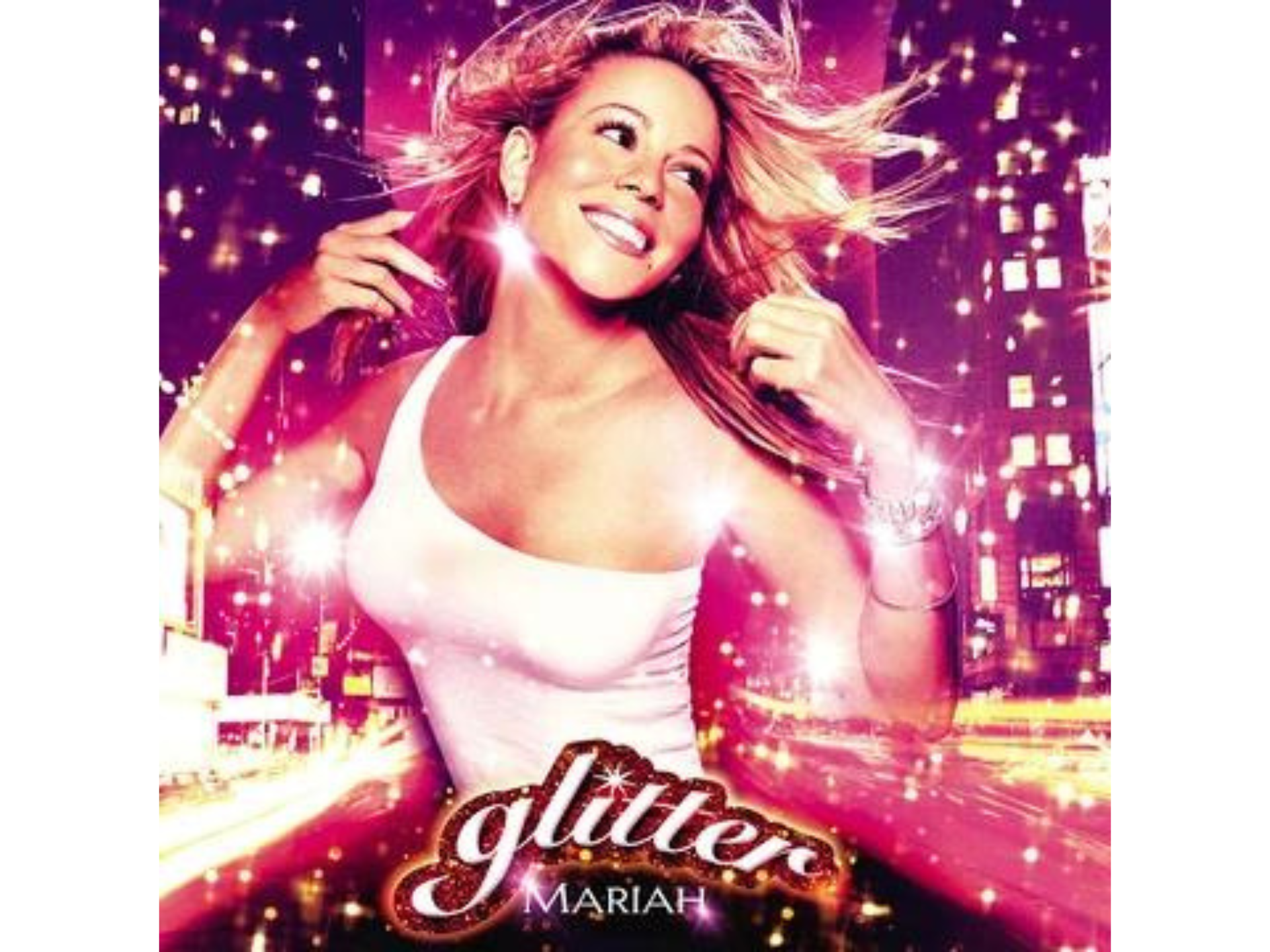
Mariah Carey’s Glitter soundtrack is often cited as one of the low points in her career. Released in 2001, it coincided with the critical and commercial failure of the semi-autobiographical film of the same name in which Carey starred. The album’s lackluster reception and its association with the film’s struggles contributed to a downturn in Carey’s popularity during that period.
Carrie Underwood – Play On

Carrie Underwood’s 2009 album Play On followed her string of successful releases, but it failed to reach the same heights. Despite containing hit singles, the album received mixed reviews from critics who found it less cohesive than her previous works. This marked a slight stumble in Underwood’s otherwise stellar career trajectory. However, she swiftly regained her momentum with the release of Blown Away in 2012.
Sinead O’Connor – Universal Mother
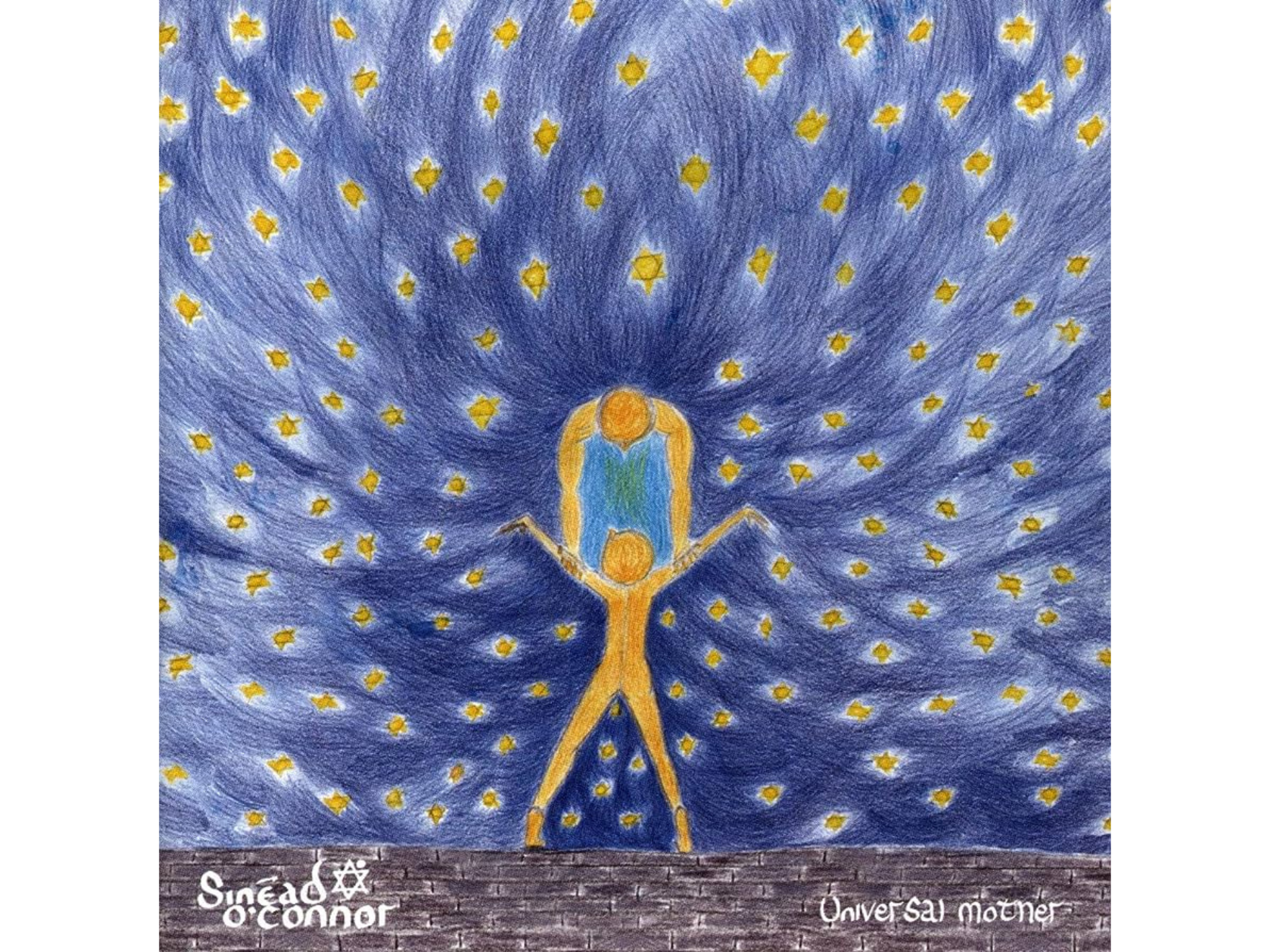
Following her highly publicized controversies, including tearing up a photo of Pope John Paul II on Saturday Night Live, the sadly missed Irish singer-songwriter Sinead O’Connor released Universal Mother in 1994. The album was much more introspective and experimental than her previous works, and while some praised its raw emotion, many found it inaccessible, and it sold less than her previous albums.
Lil Wayne – Rebirth
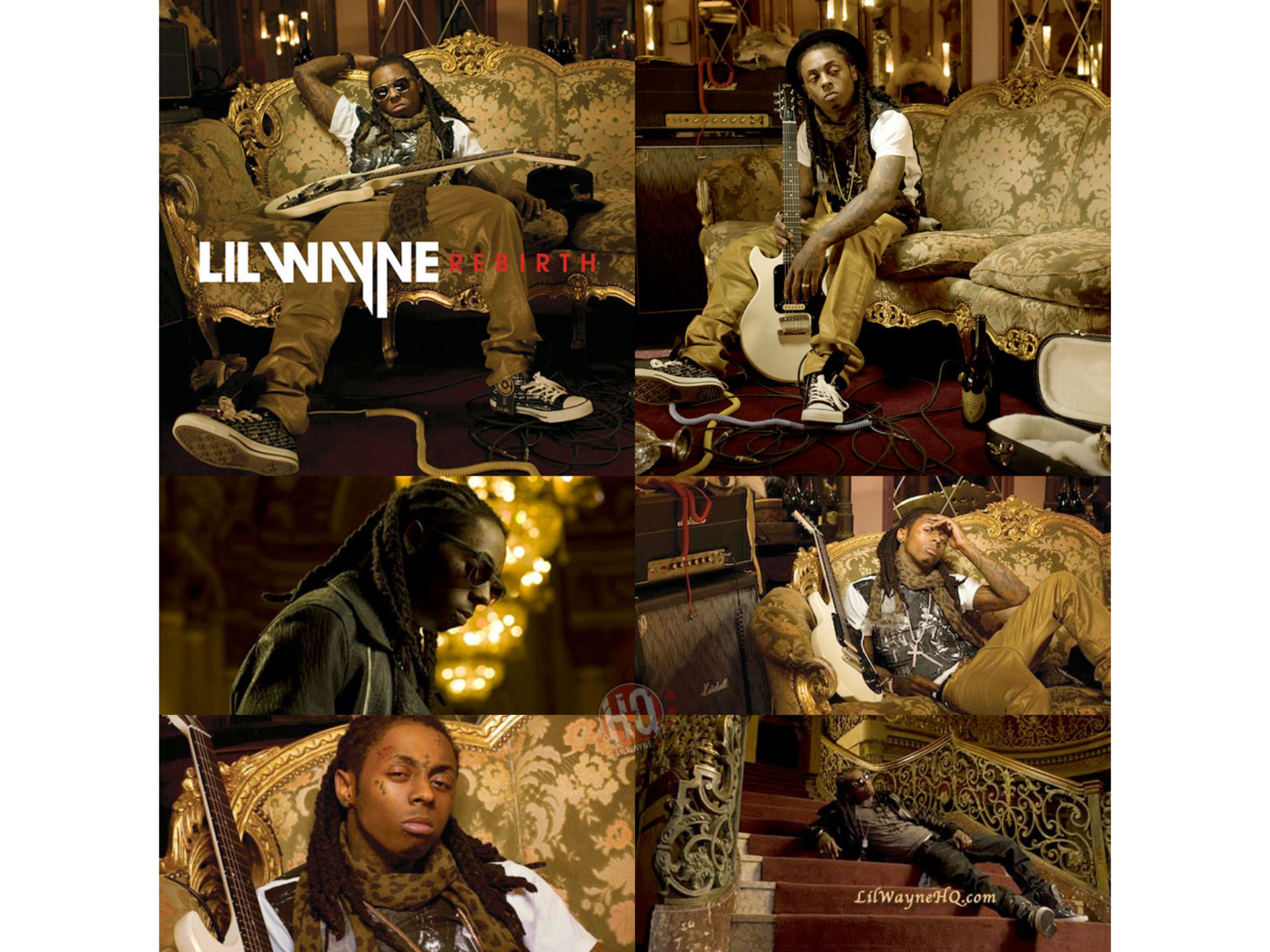
Renowned for his iconic status in hip-hop, Lil Wayne took an unexpected turn with his rock-infused album Rebirth in 2010. However, this departure from his signature style left many bewildered and garnered predominantly negative reviews. The album’s departure from his rap roots seemed out of sync with his strengths and failed to resonate with both critics and his core fanbase.
The Strokes – Comedown Machine
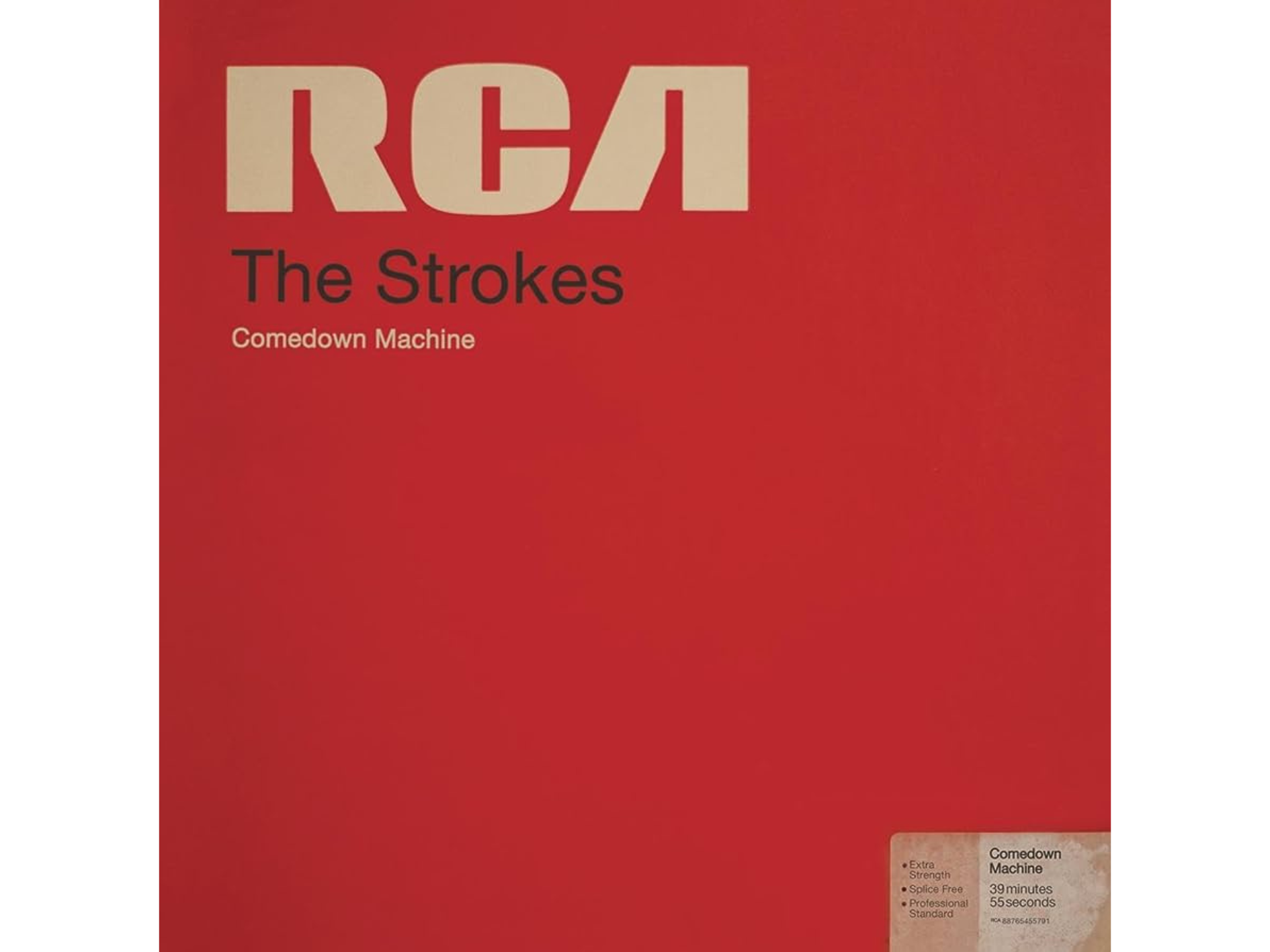
After making their name in garage-esque alternative rock, The Strokes’ 2013 album Comedown Machine leaned into an ’80s sound, leaving some fans nostalgic and others confused. While showcasing their range, many missed the classic rock style that marked their early days. The album remains a debated chapter in the New York band’s history.
Counting Crows – Saturday Nights & Sunday Mornings
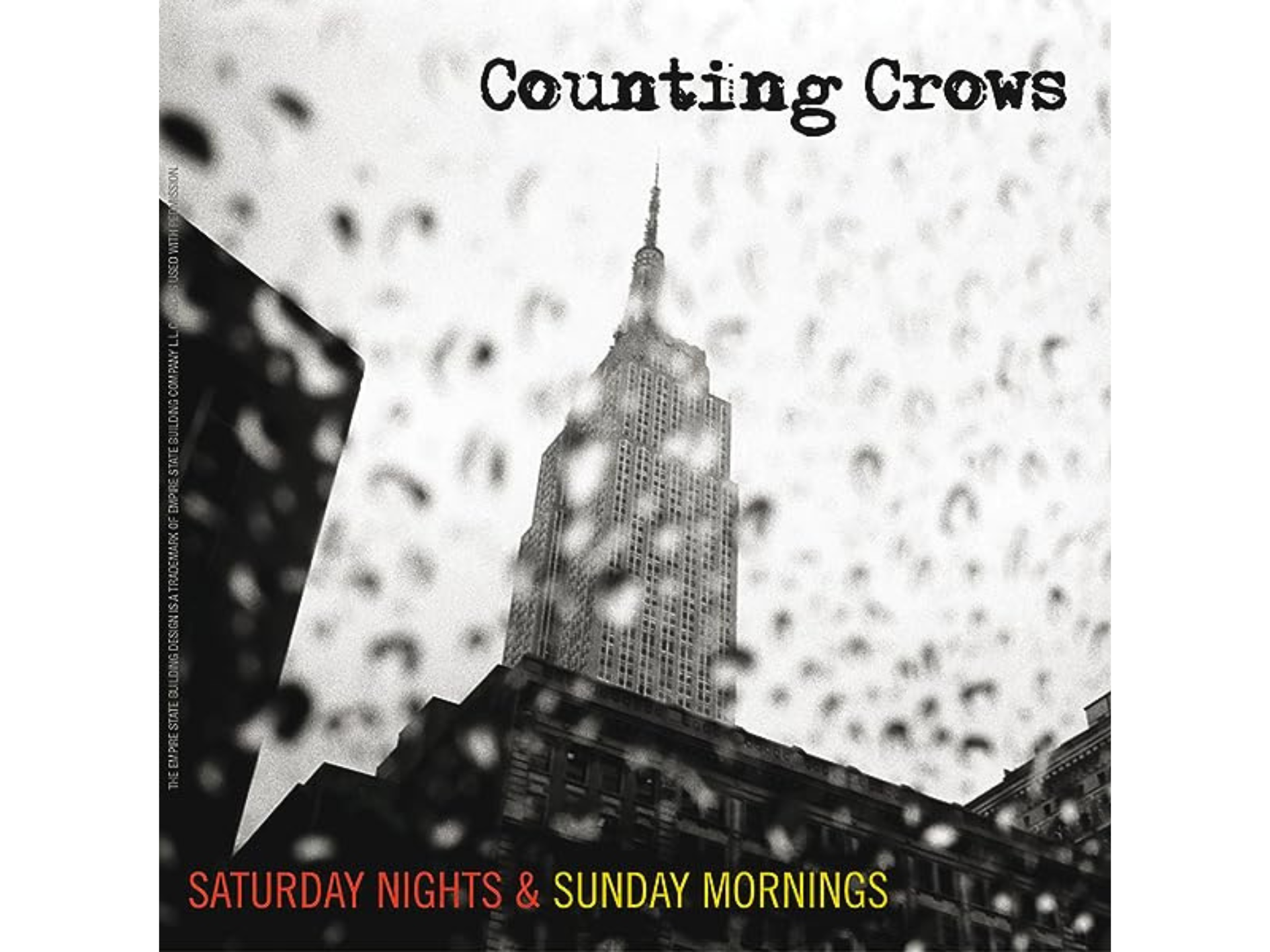
Counting Crows enjoyed mainstream success in the 90s, especially with hits like Mr. Jones. However, their 2008 effort, Saturday Nights & Sunday Mornings, left many fans and critics divided. While the band aimed for a raw, dualistic sound, oscillating between rock and gentle melodies, many found it lacked the spark of their earlier albums, and the band’s popularity declined.
Kings of Leon – Come Around Sundown
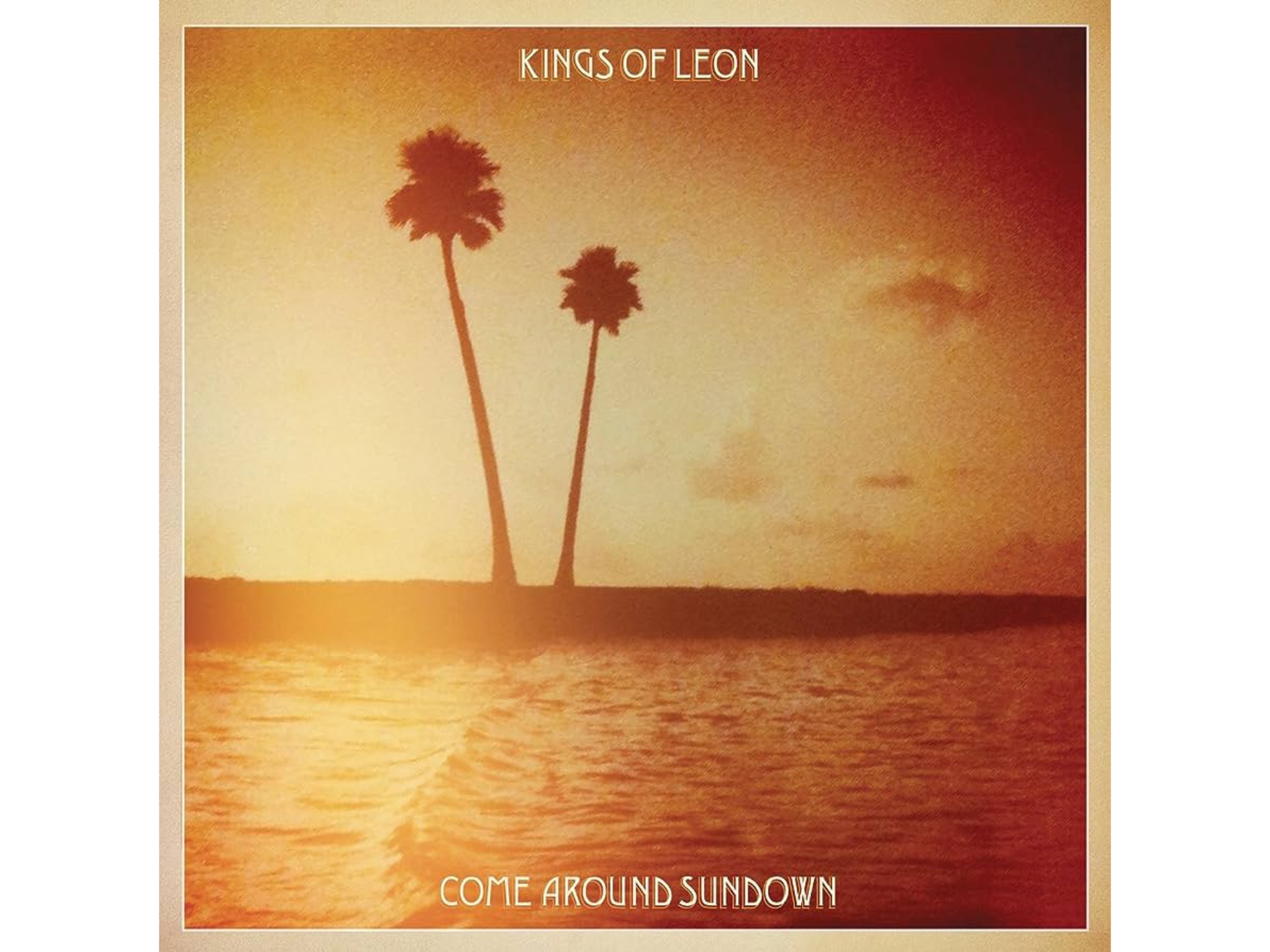
Riding high on the massive success of their 2008 album Only By The Night, which featured hits like Use Somebody and Sex On Fire, expectations were sky-high for Come Around Sundown. However, when released in 2010, it failed to recapture the magic. While the album wasn’t a complete flop, many fans and critics found it lackluster compared to its predecessor.
Lauryn Hill – MTV Unplugged No. 2.0
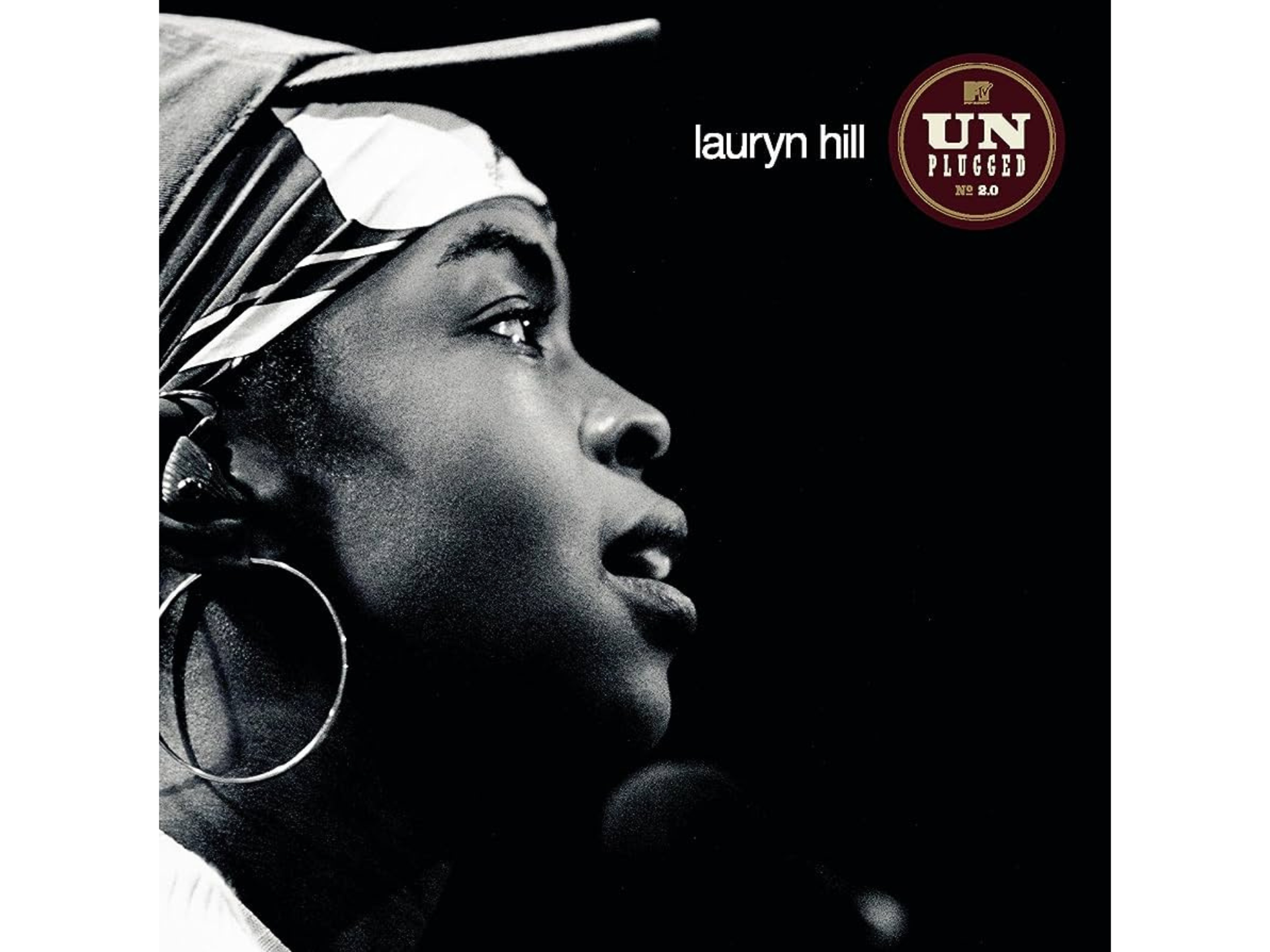
Following the immense success of The Miseducation of Lauryn Hill in 1998, which made her a global superstar, Hill’s 2002 follow-up was a raw, stripped-down performance recorded for MTV’s Unplugged series. While it showcased Hill’s undeniable talent, the album’s extended monologues and departure from the polished sound of her debut led to mixed reviews and a more muted reception than many expected.
Weezer – Raditude
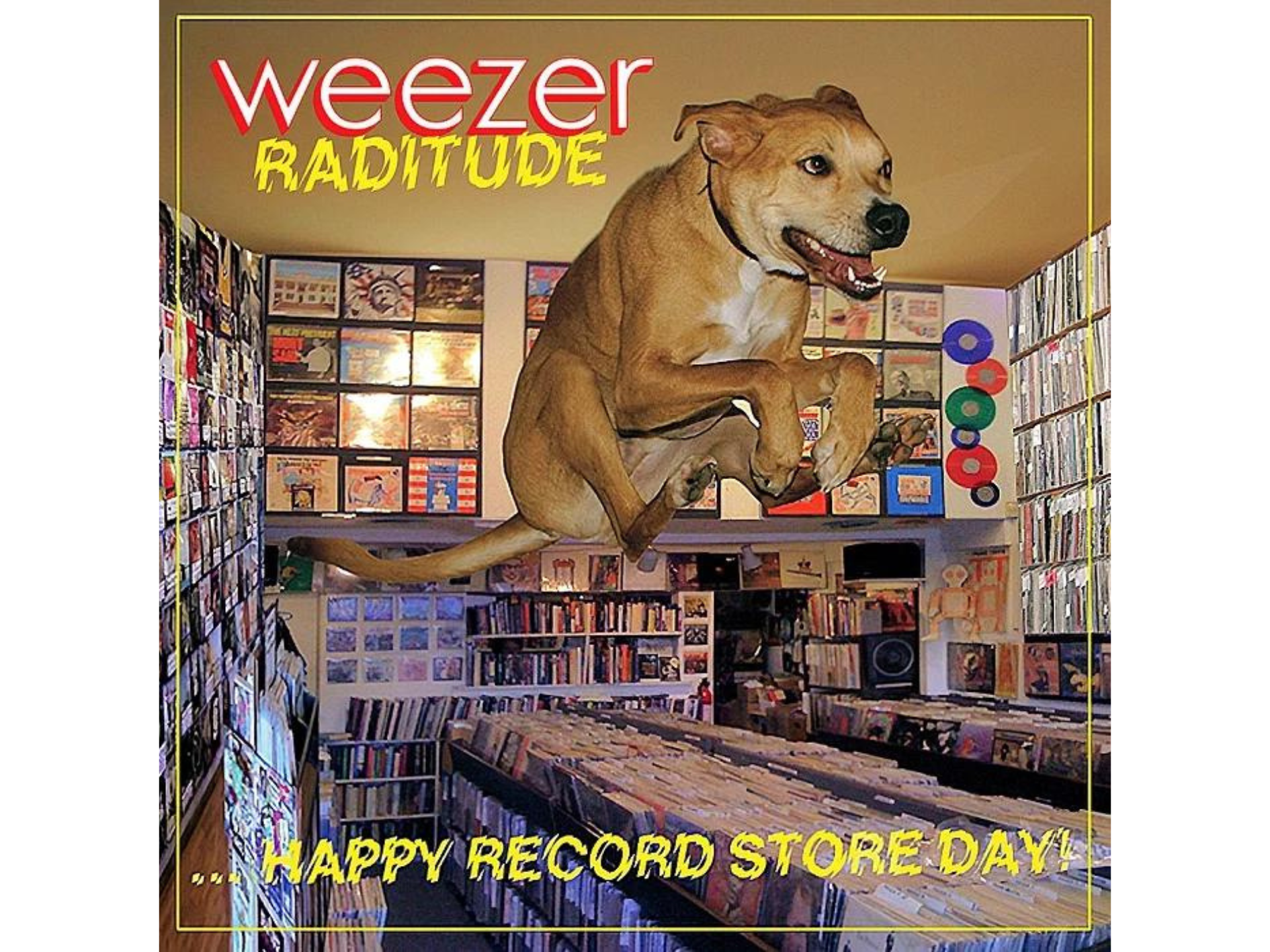
Having risen to fame in the mid-90s for their alternative rock sound, Weezer’s 2009 effort Raditude caught fans off guard. Dabbling in pop collaborations and unexpected features, many felt the band had veered off course. Despite a few catchy tracks, the album stands as an anomaly in their discography.
U2 – Pop
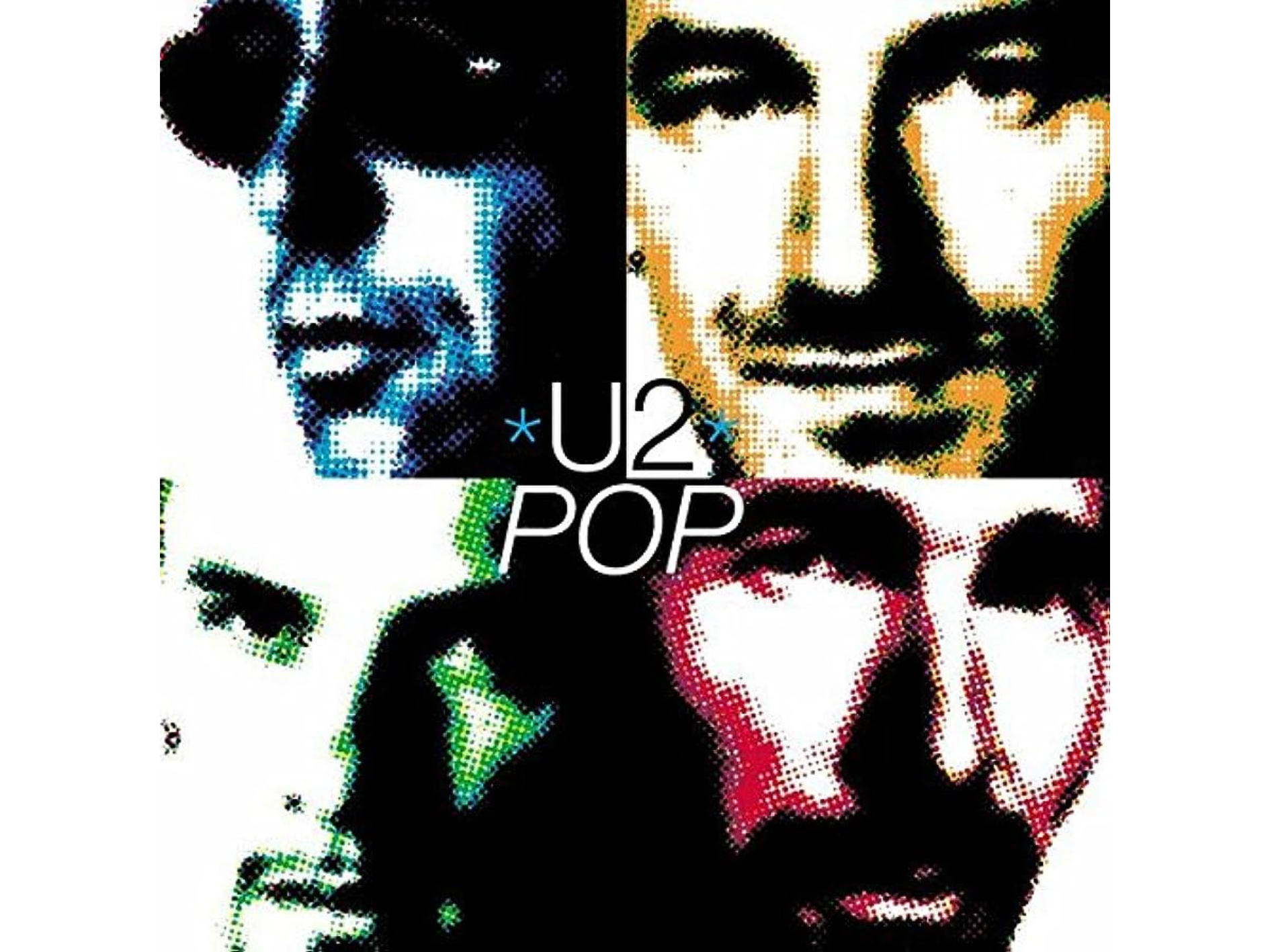
U2, known for their epic sound and iconic albums, took a detour with Pop in 1997. Venturing into electronic and dance territories, the band aimed to stay relevant amidst the booming electronica scene. Although featuring gems like Discothèque, the album’s reception was mixed. Many fans missed the anthemic rock U2 was known for, leading to a brief moment of self-reflection for the band.
Christina Aguilera – Bionic
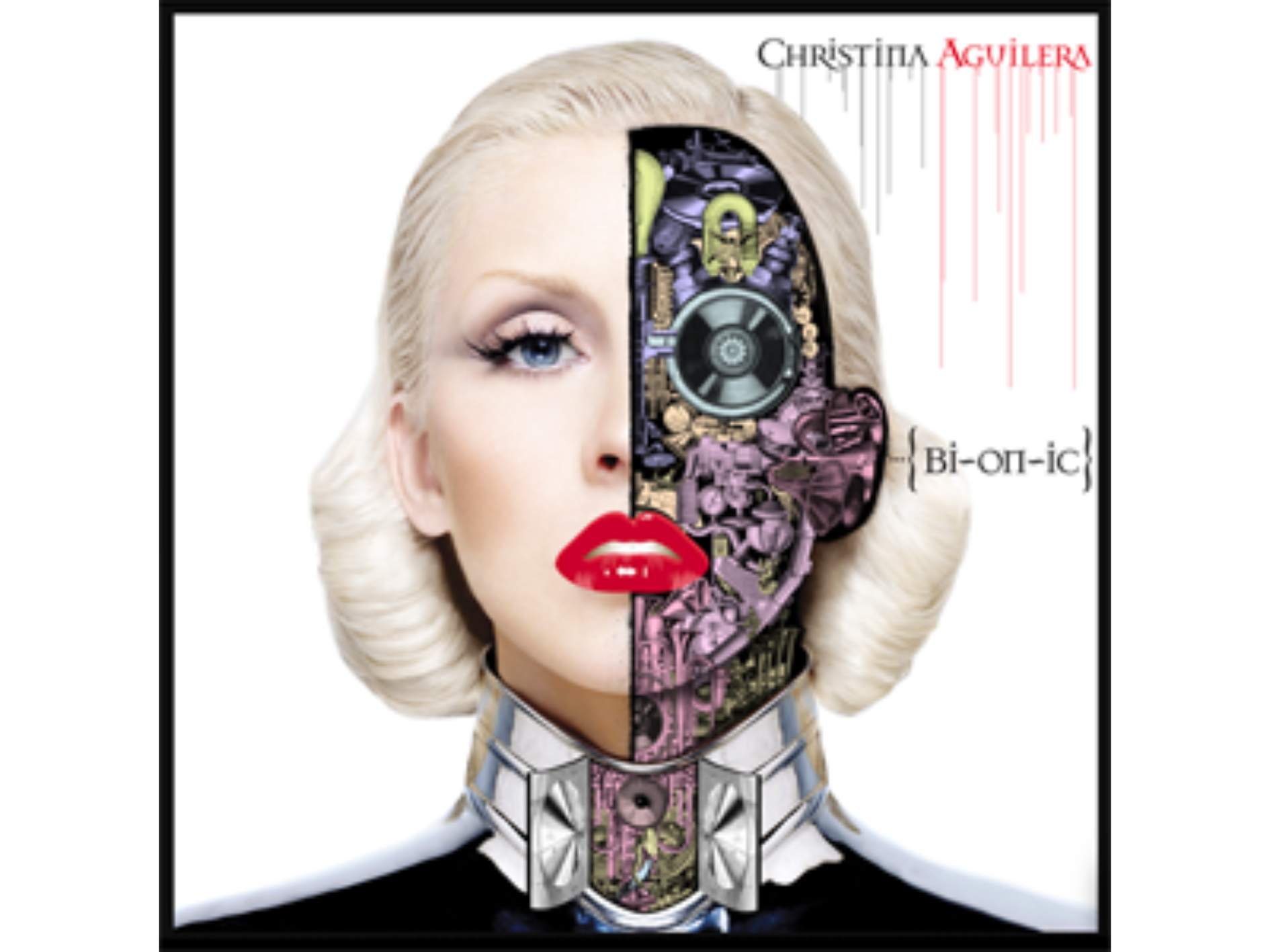
Christina Aguilera’s Bionic, released in 2010, marked a departure from her signature vocal prowess. Opting for electronic beats over ballads, it left fans and critics divided. Though boasting some club hits, many felt the album didn’t live up to the pop star’s earlier work, and it wound up one of the most debated works in her career.
Victoria Beckham – Victoria Beckham
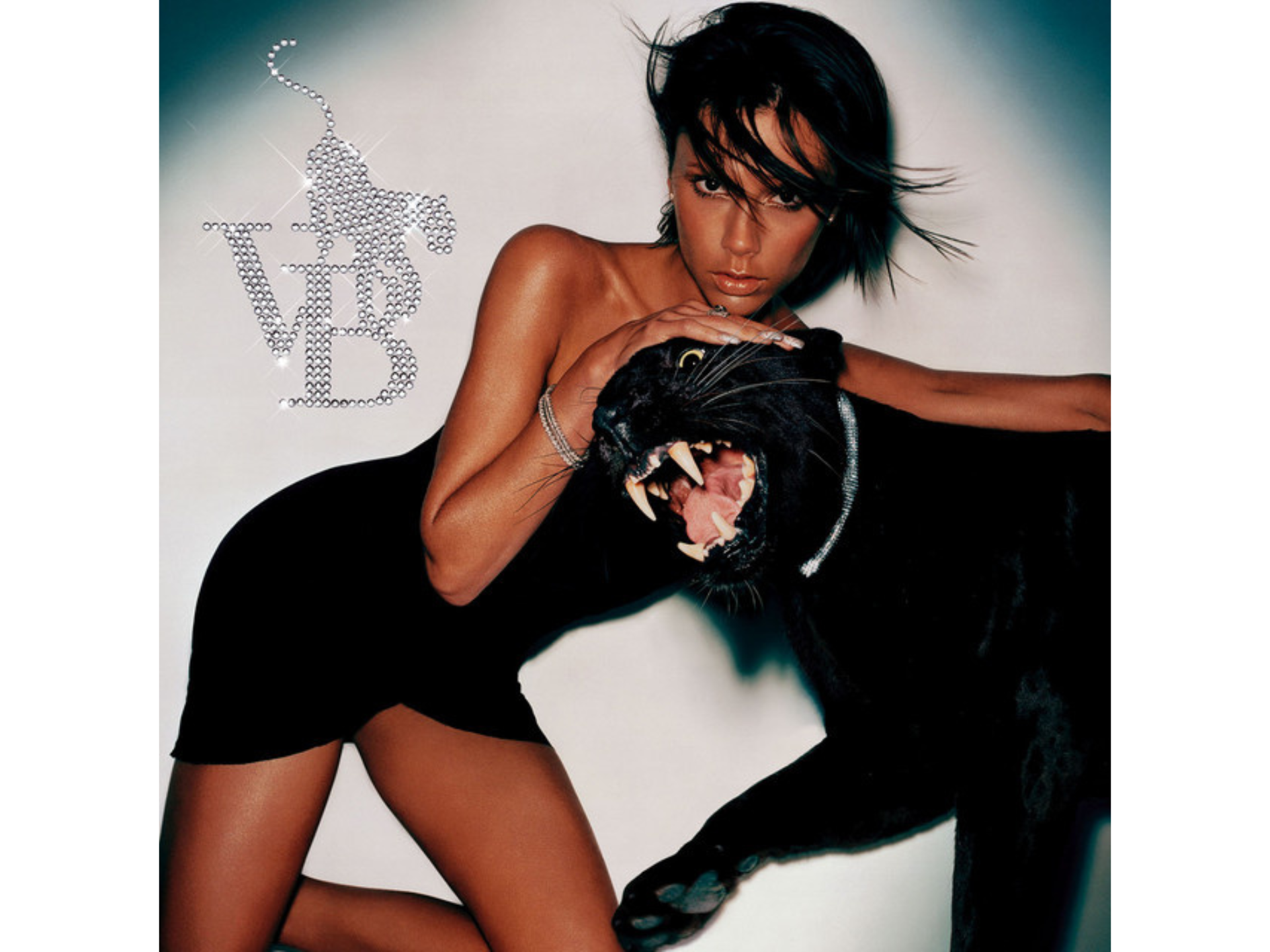
Posh Spice’s debut album tried to capture the glam and sophistication she’s known for, but musically, it didn’t quite reach the same heights as her Spice Girl days. Many felt the tracks were trying too hard to be trendy, rather than authentic. The lukewarm response led Beckham to change paths, resulting in her fashion empire.
Justin Bieber – Journals

From teen heartthrob to pop icon, Justin Bieber has had quite the musical journey, and Journals was an interesting chapter in that story. In a shift from his usual pop hits, Bieber went for a more R&B feel. While it did show more mature and experimental side of him, it wasn’t everyone’s cup of tea, with some fans missing the catchy pop beats.
Akon – Stadium
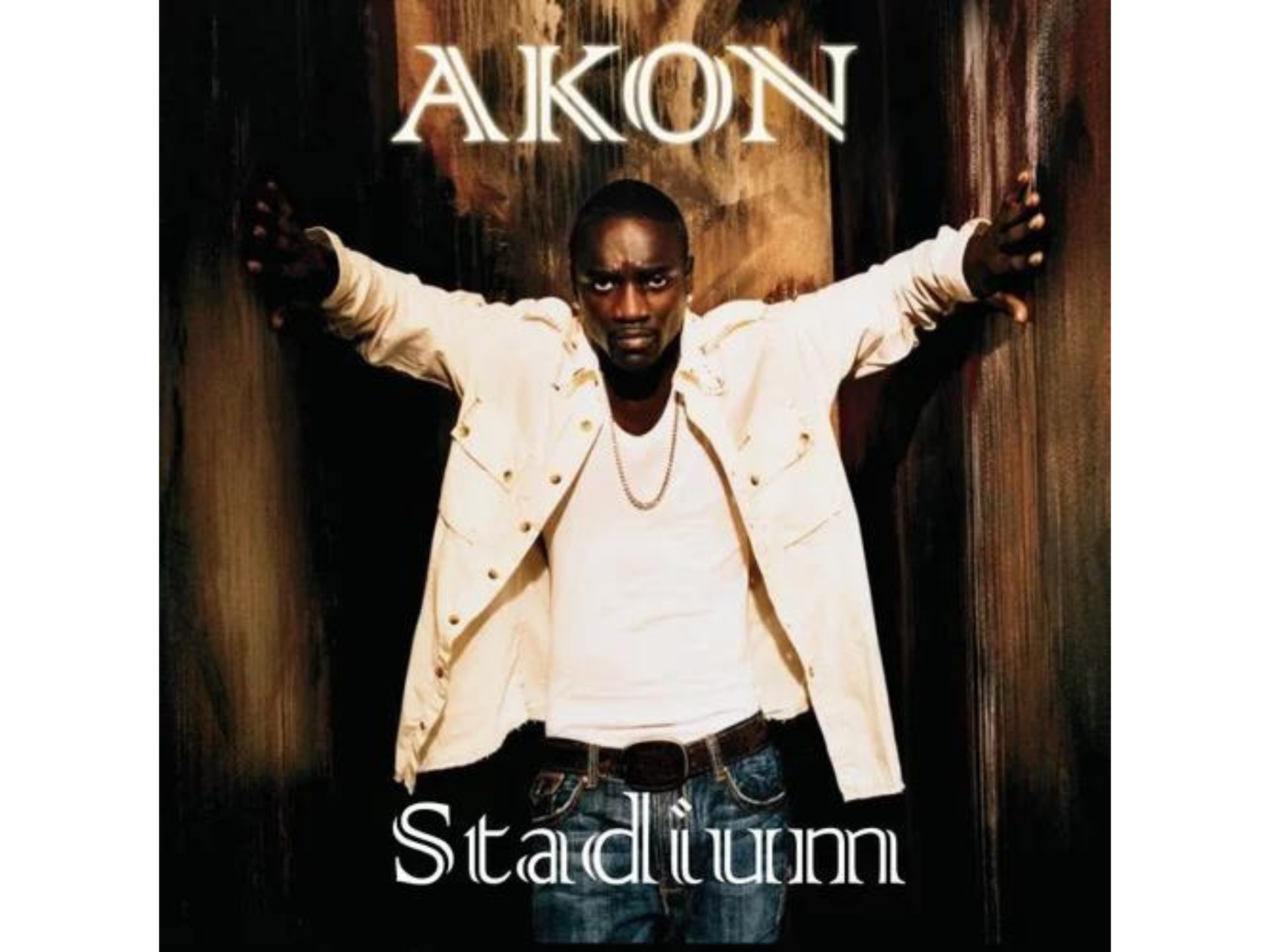
Remember those days when Akon’s hits were the soundtrack to every party? By the time Stadium came around, expectations were sky-high. However, this album felt somewhat scattered. It seemed like Akon was trying to please everyone, dabbling in various genres. A bit like tasting a dish that has too many flavors — good at times, but slightly overwhelming.
Soulja Boy – The DeAndre Way
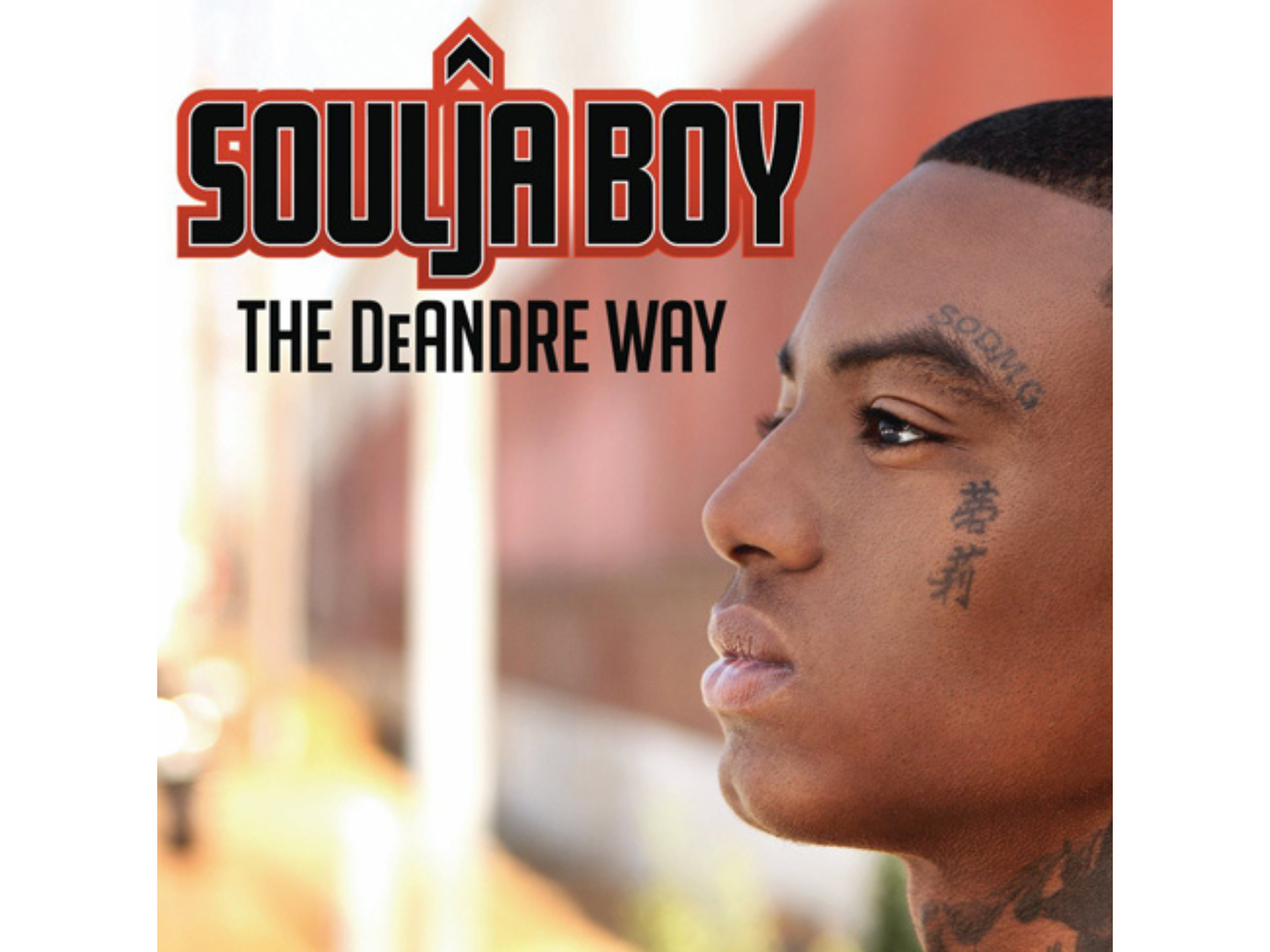
Soulja Boy, once known for revolutionizing the internet rap scene with Crank That (Soulja Boy), released The DeAndre Way in 2010. However, the album underperformed both critically and commercially, lacking the viral magic of his previous work. While he continued to influence and inspire with his online antics, this album remains a low point.
Duran Duran – Liberty
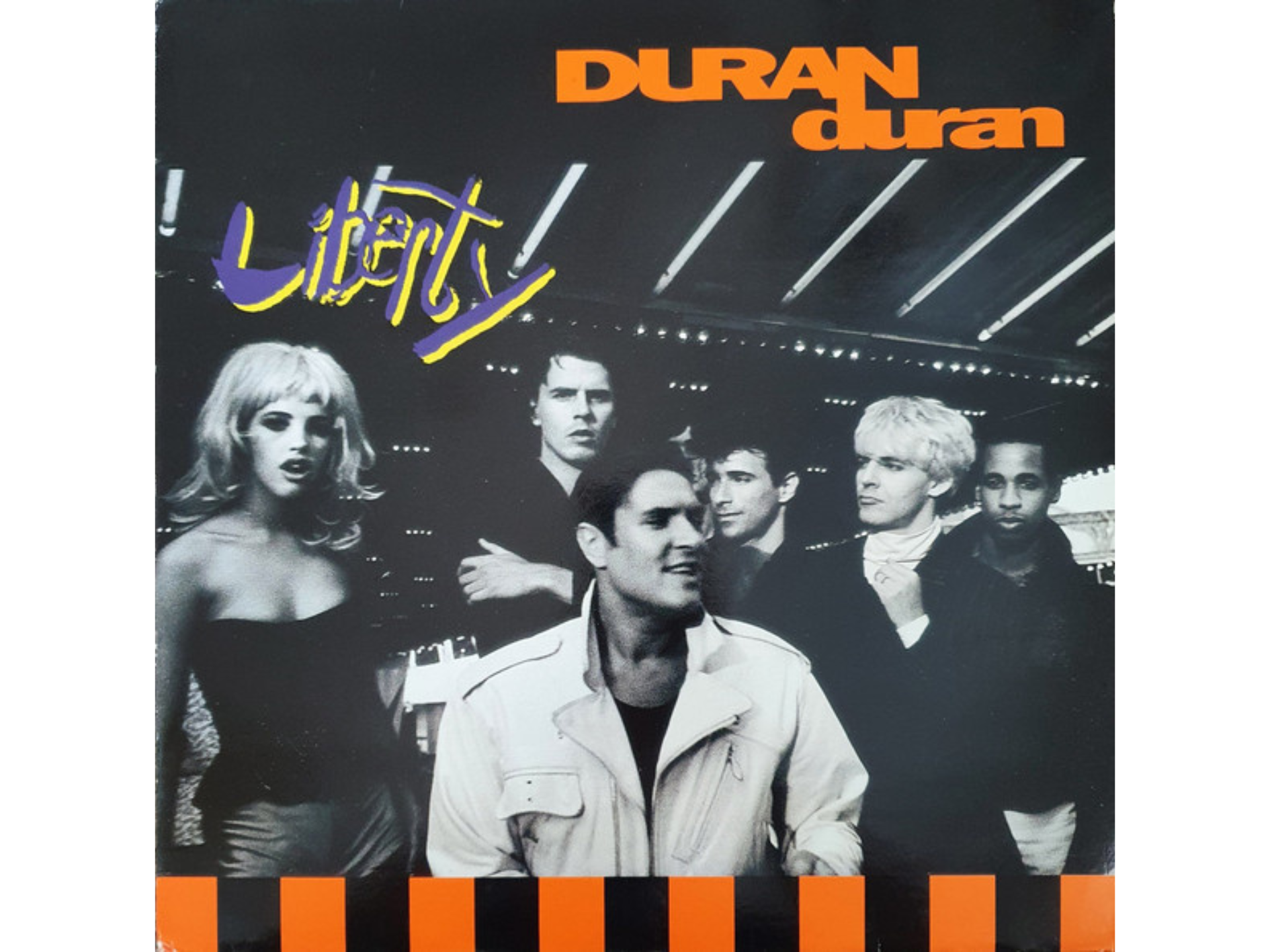
80s icons Duran Duran mastered their signature blend of rock and synth-pop and defined the decade. But when they released Liberty, the reactions were mixed. It seemed the band was trying to evolve and adapt to the changing musical landscape, but in doing so, they lost some of their unique charm. It’s a bit like seeing your favorite 80s movie get a modern remake — sometimes, you just want the original.
Justin Timberlake – Man of the Woods
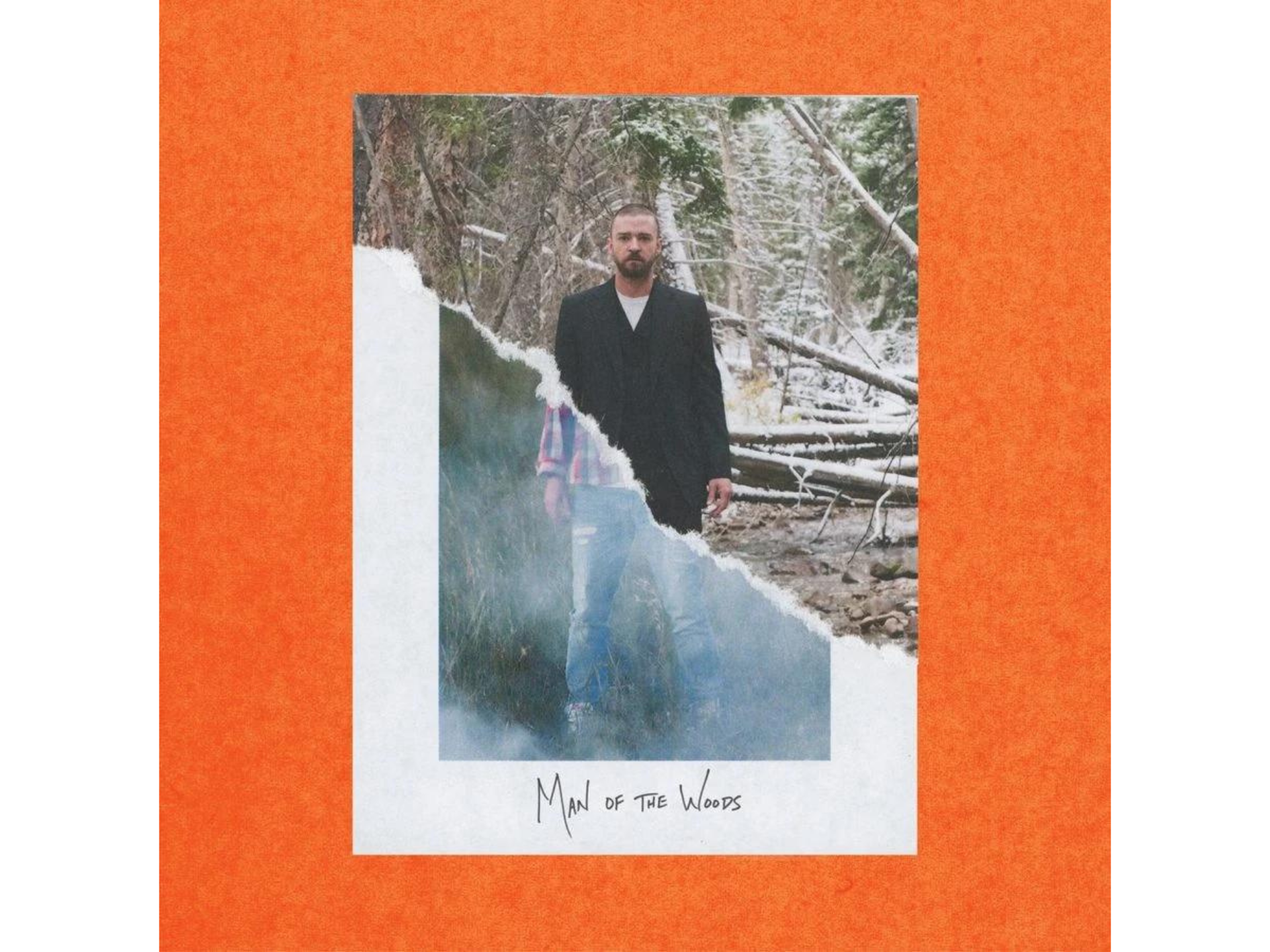
JT’s Man of the Woods was an interesting turn. After years of pop tunes and dance beats, Justin went for a more rustic, back-to-his-roots vibe. Not everyone was on board with lumberjack Justin, and the album had its fair share of critics. While it had a few catchy tunes, it’s safe to say many fans missed the Suit & Tie era.
Louis Tomlinson – Walls
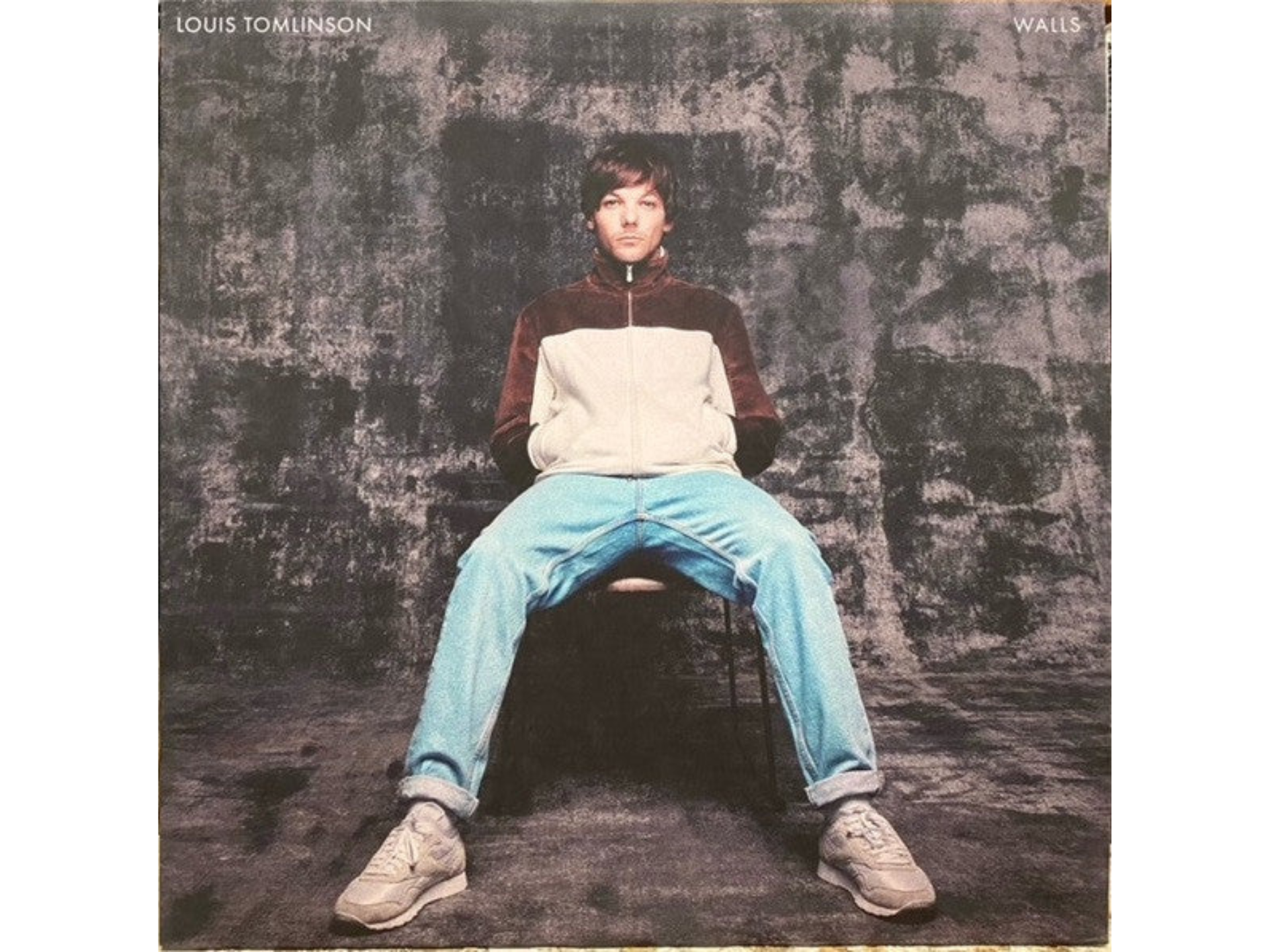
After One Direction went on hiatus, all eyes were on the lads and their solo projects. Louis’ Walls was an earnest effort that showcased his singer-songwriter vibes. While it might not have achieved the massive success of some of his former bandmates’ albums, it still resonated with many fans and showed Louis’ growth as an artist. Plus, who doesn’t love rooting for the underdog?
Milli Vanilli – Girl You Know It’s True
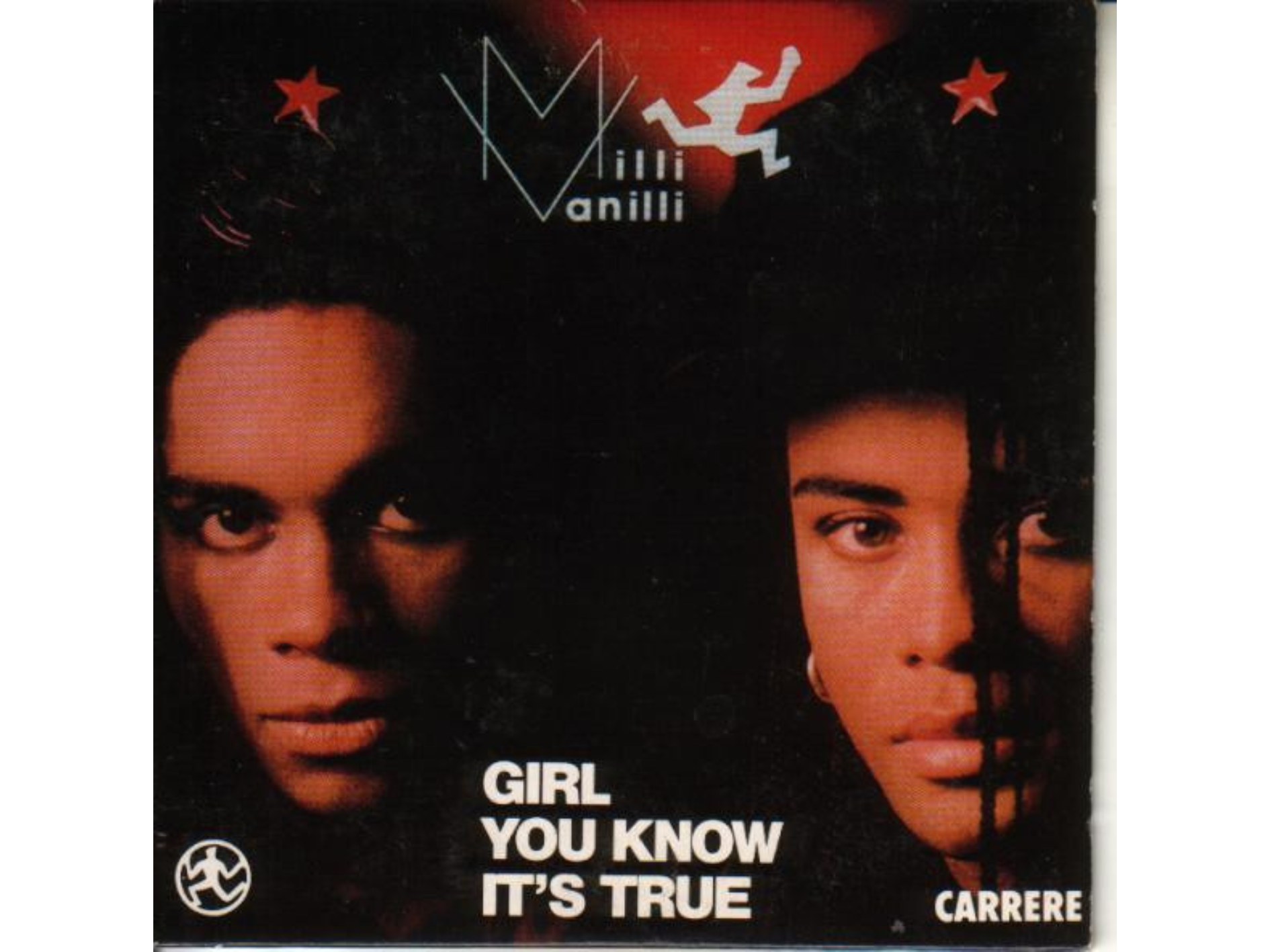
Ah, the soundtrack to one of pop music’s most notorious scandals. Girl You Know It’s True was infectious and full of dance-ready beats. Then, of course, the truth dropped like a ton of bricks: Rob and Fab weren’t actually singing. While the controversy has overshadowed the music, one can’t deny those tracks were some catchy earworms back in the day.
Billy Ray Cyrus – Home at Last
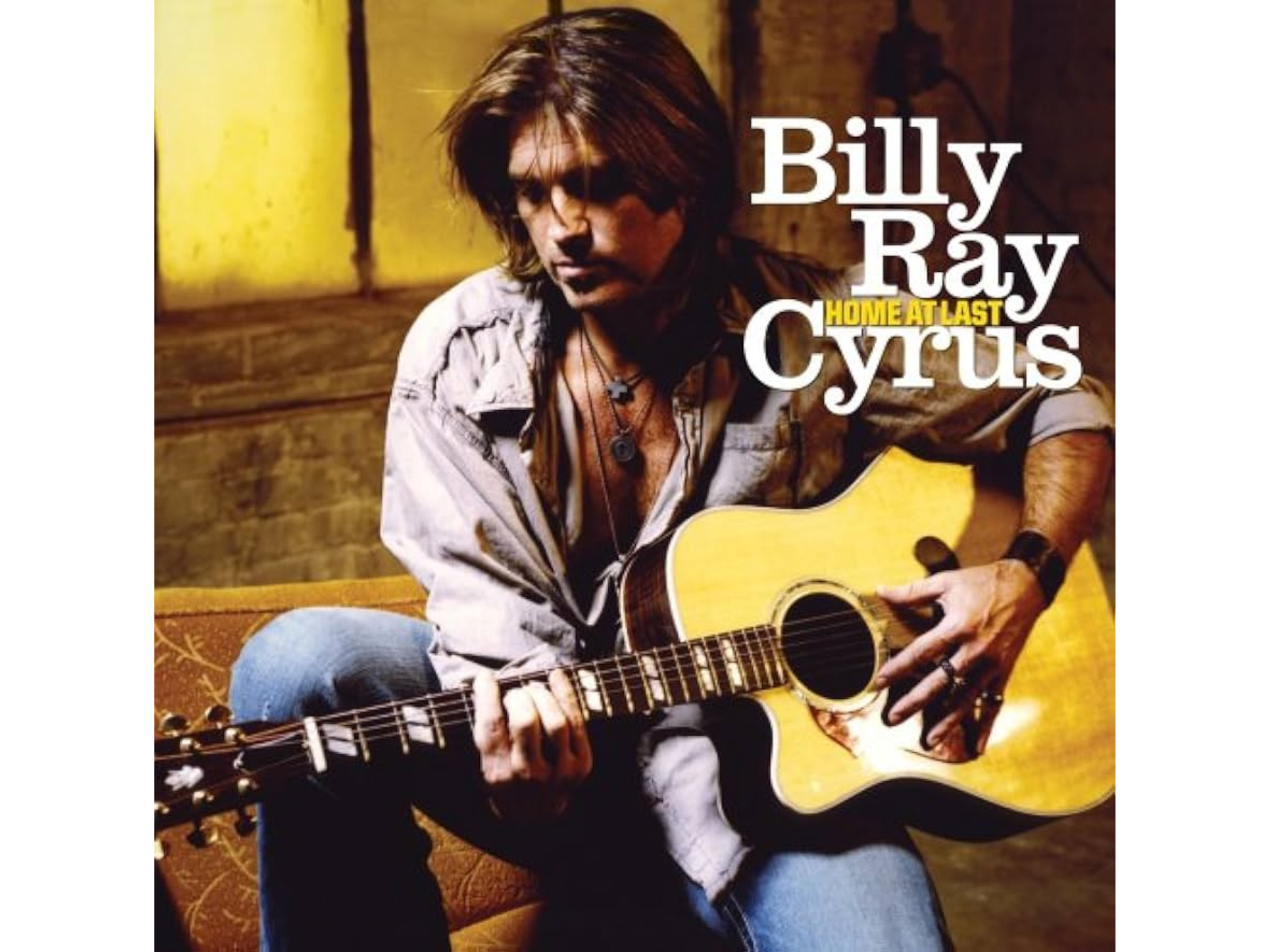
Before Old Town Road gave him a career resurgence, Billy Ray Cyrus reminded the world he was more than just Achy Breaky Heart with Home at Last. The album was a blend of country and rock, reflecting Billy Ray’s journey as an artist. It had its heartfelt moments but didn’t exactly set the charts on fire.
Spice Girls – Forever
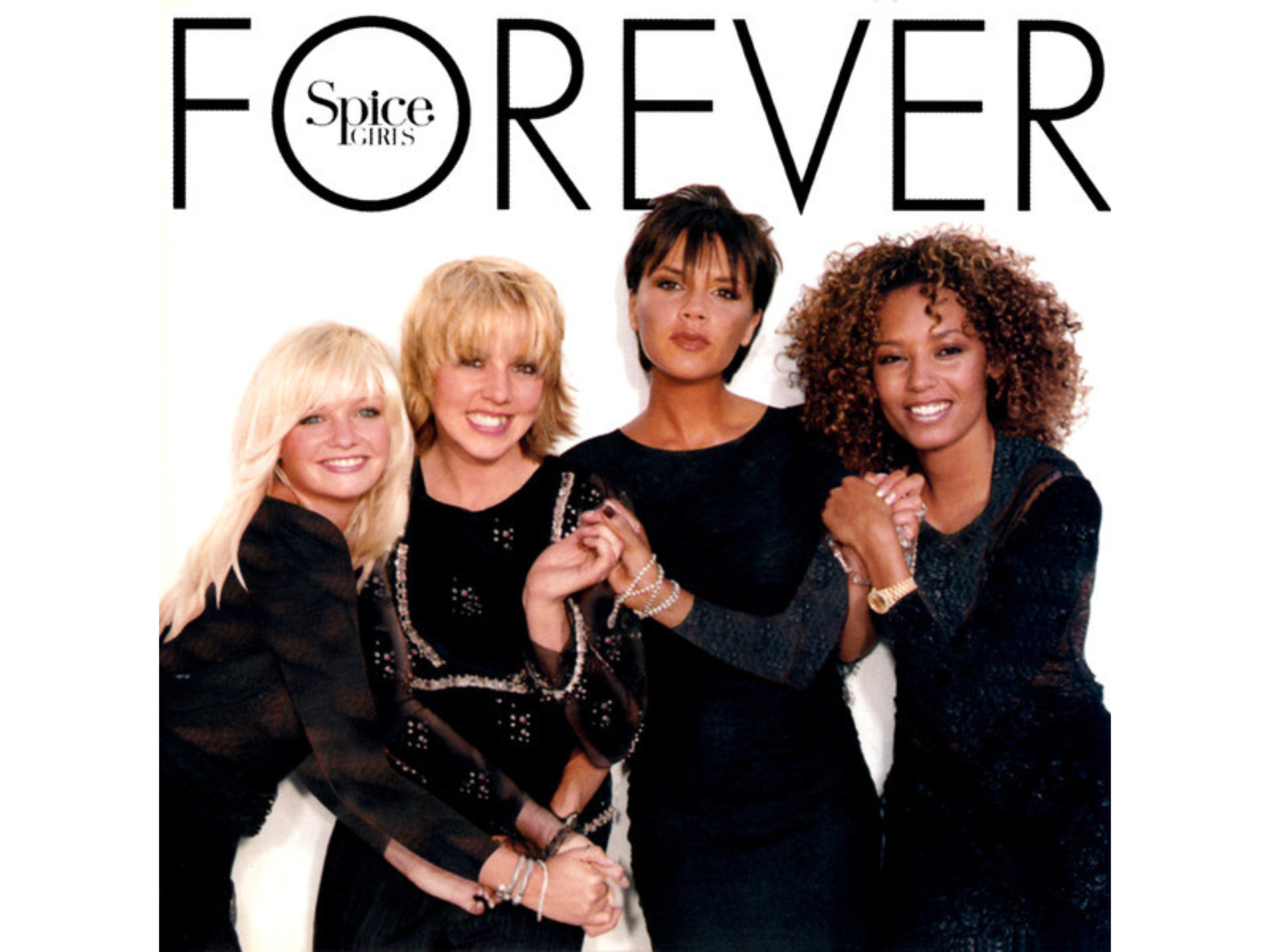
Forever was the Spice Girls with no Ginger, and many fans felt that void. The album still had some hits, but the chemistry was slightly off without Geri Halliwell. It marked a more mature sound for the remaining ladies, but many missed the energy of their earlier work.
Kesha – Rainbow
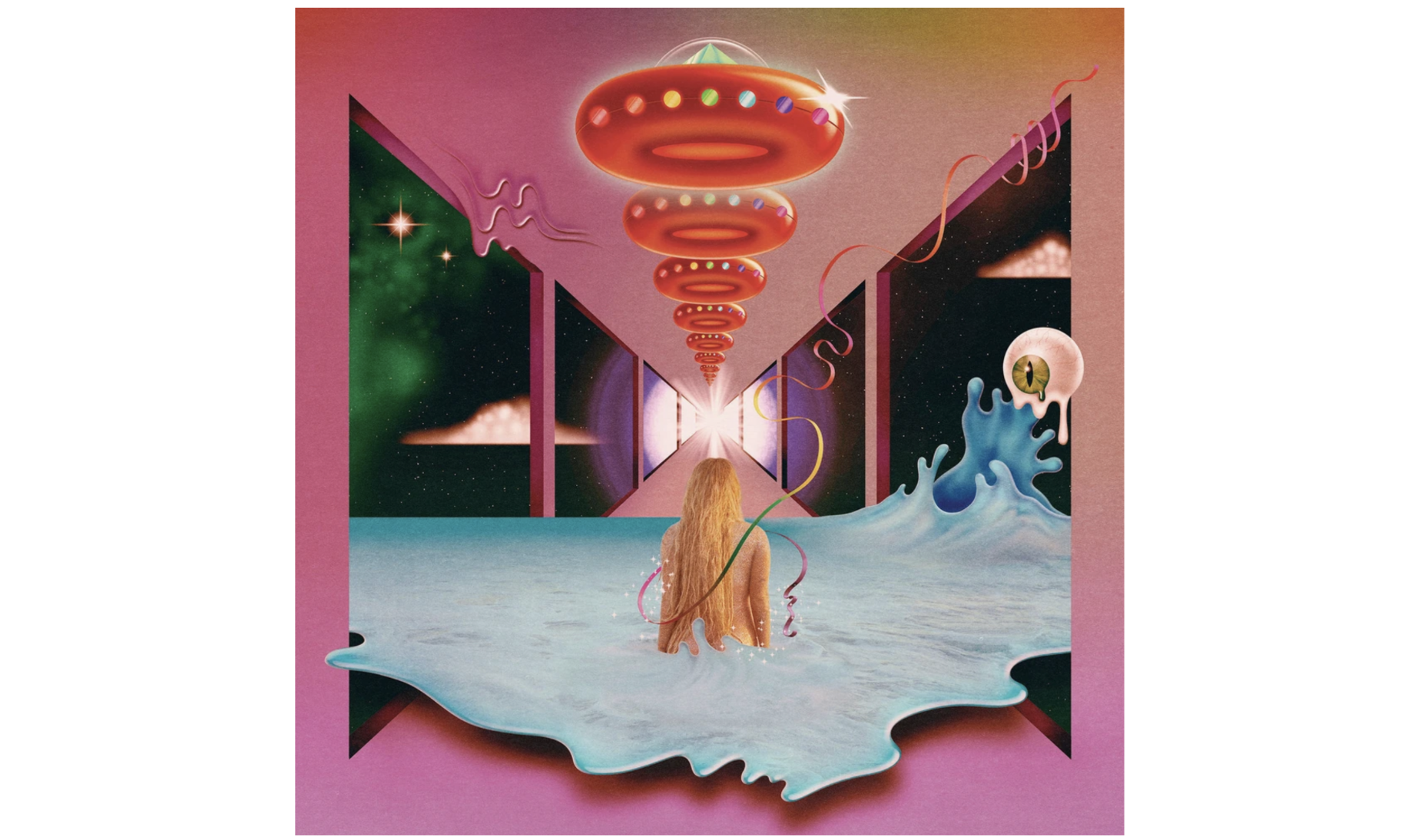
Following a turbulent period of legal battles and personal struggles, Kesha brought out her 2017 album, Rainbow. After the glittery party anthems we were used to, this album felt like a candid diary entry. Gone was the “brushing my teeth with a bottle of Jack” Kesha, and in her place was a woman confronting her demons head-on. While many missed the carefree party girl, many fans praised Kesha for her authenticity and resilience.
TLC – 3D
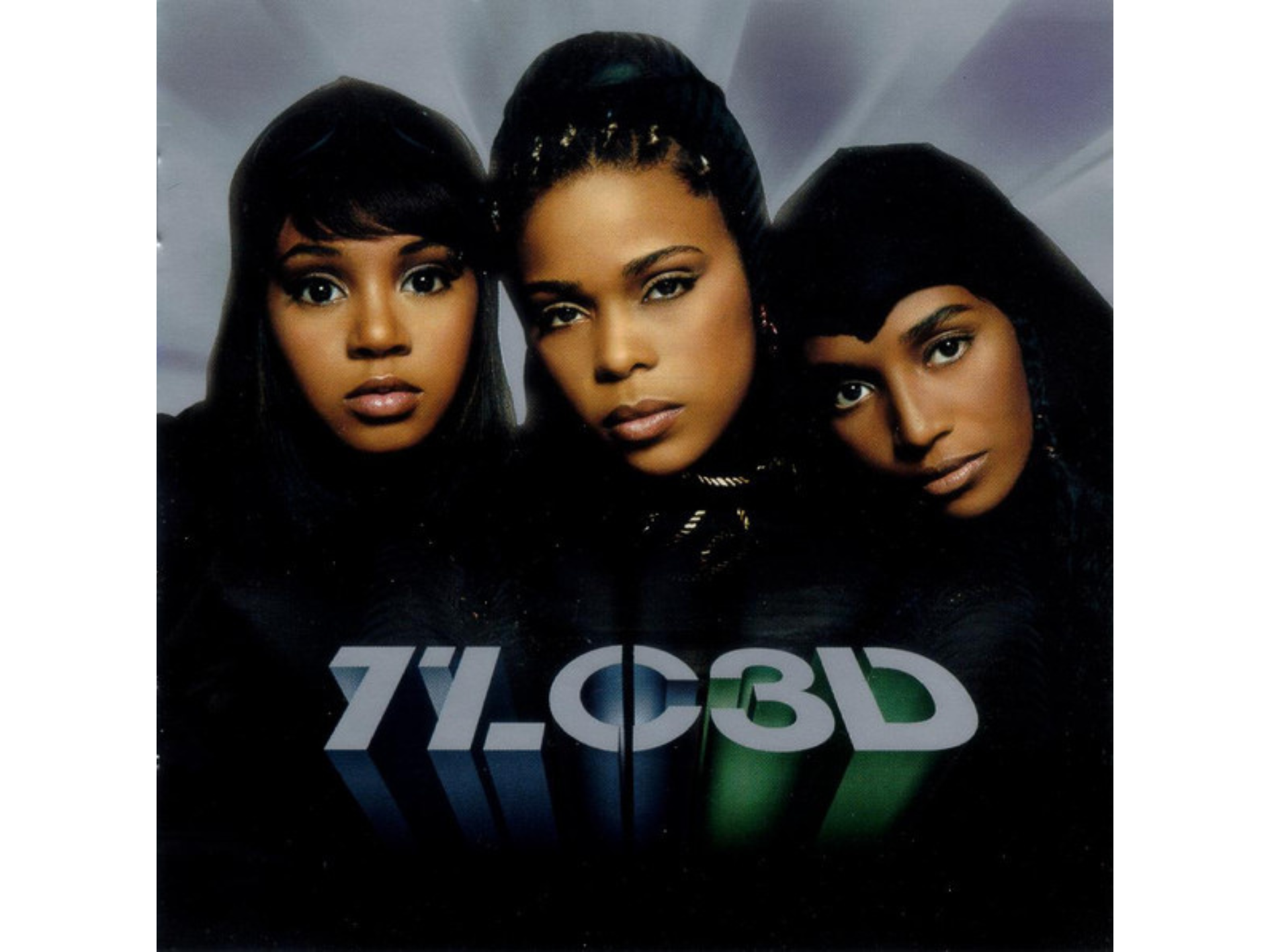
After the tragic loss of Lisa “Left Eye” Lopes, the future of TLC felt uncertain. But then came 3D in 2002. The album was bittersweet, offering some absolute bops but also a clear void. While the surviving members, T-Boz and Chilli, gave it their all, there was no ignoring the missing spark of Left Eye.
R.E.M. – Around the Sun
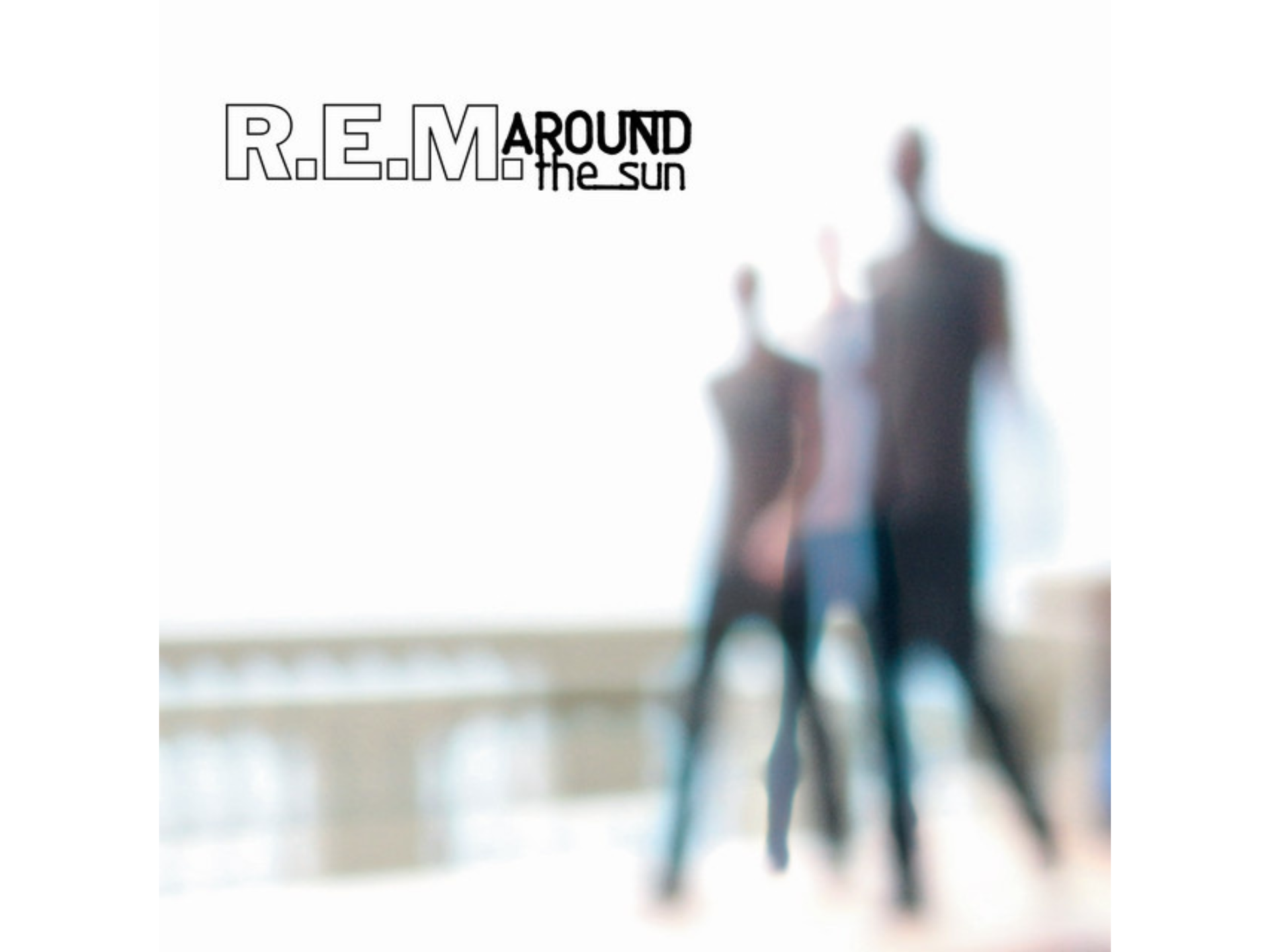
R.E.M. has given us some of the most iconic alt-rock anthems out there. But Around the Sun, released in 2004? It left fans and critics a bit perplexed. Instead of the jangly guitars and poetic lyrics we’d come to expect, many of the tracks felt toned down, almost muted. While it still had its moments of brilliance, the consensus was that the album didn’t quite reach the highs of their previous works.
Rachel Stevens – Come and Get It
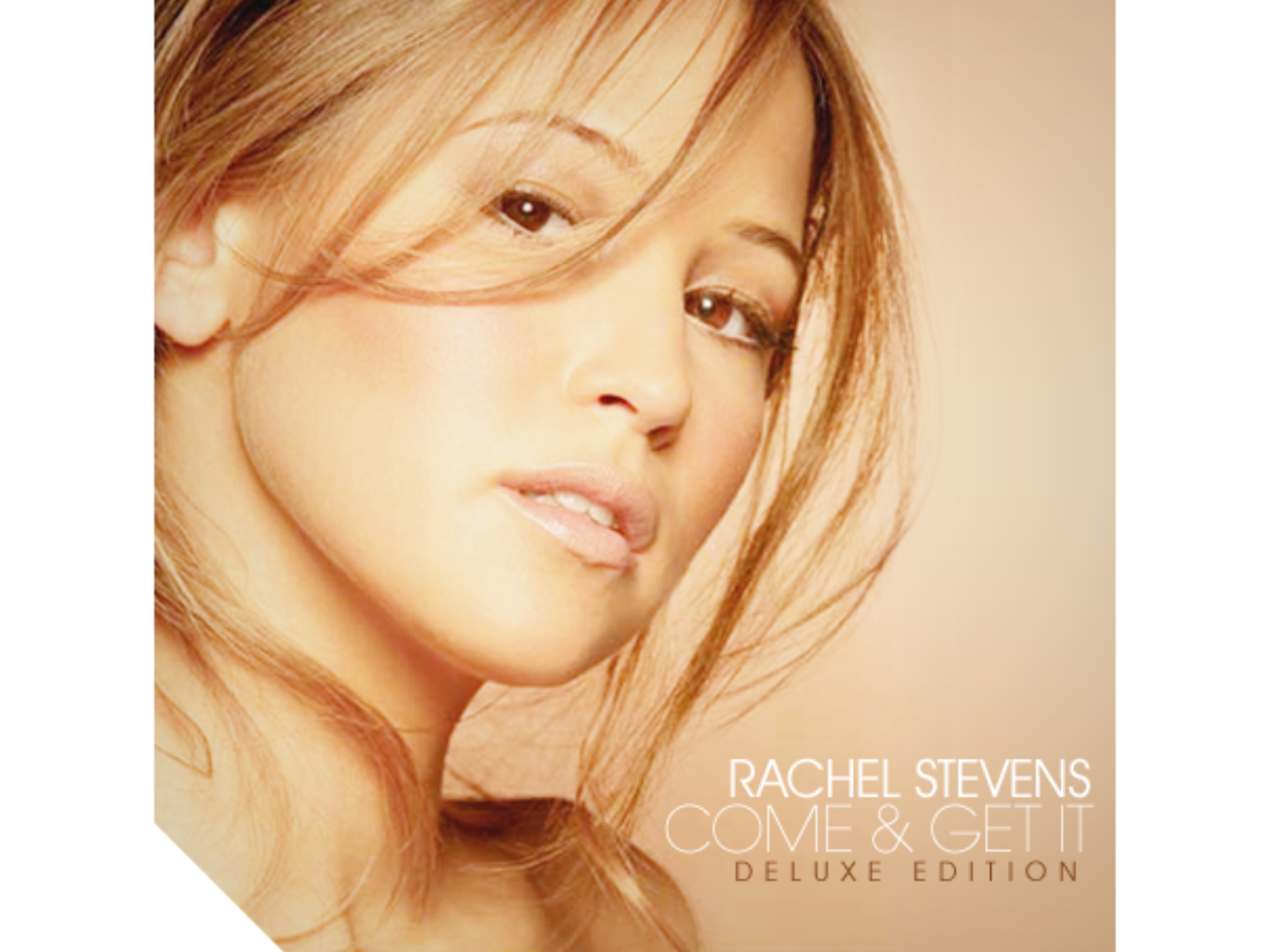
Rachel Stevens, most people’s S Club 7 crush, looked to establish herself as a mainstay solo artist with her second solo album, 2005’s Come and Get It. The album aimed to capture the dancefloors, but unfortunately it didn’t quite make the splash Stevens may have hoped for, overshadowed in a market that at the time was full of pop princesses.
Jason Mraz – Mr. A-Z
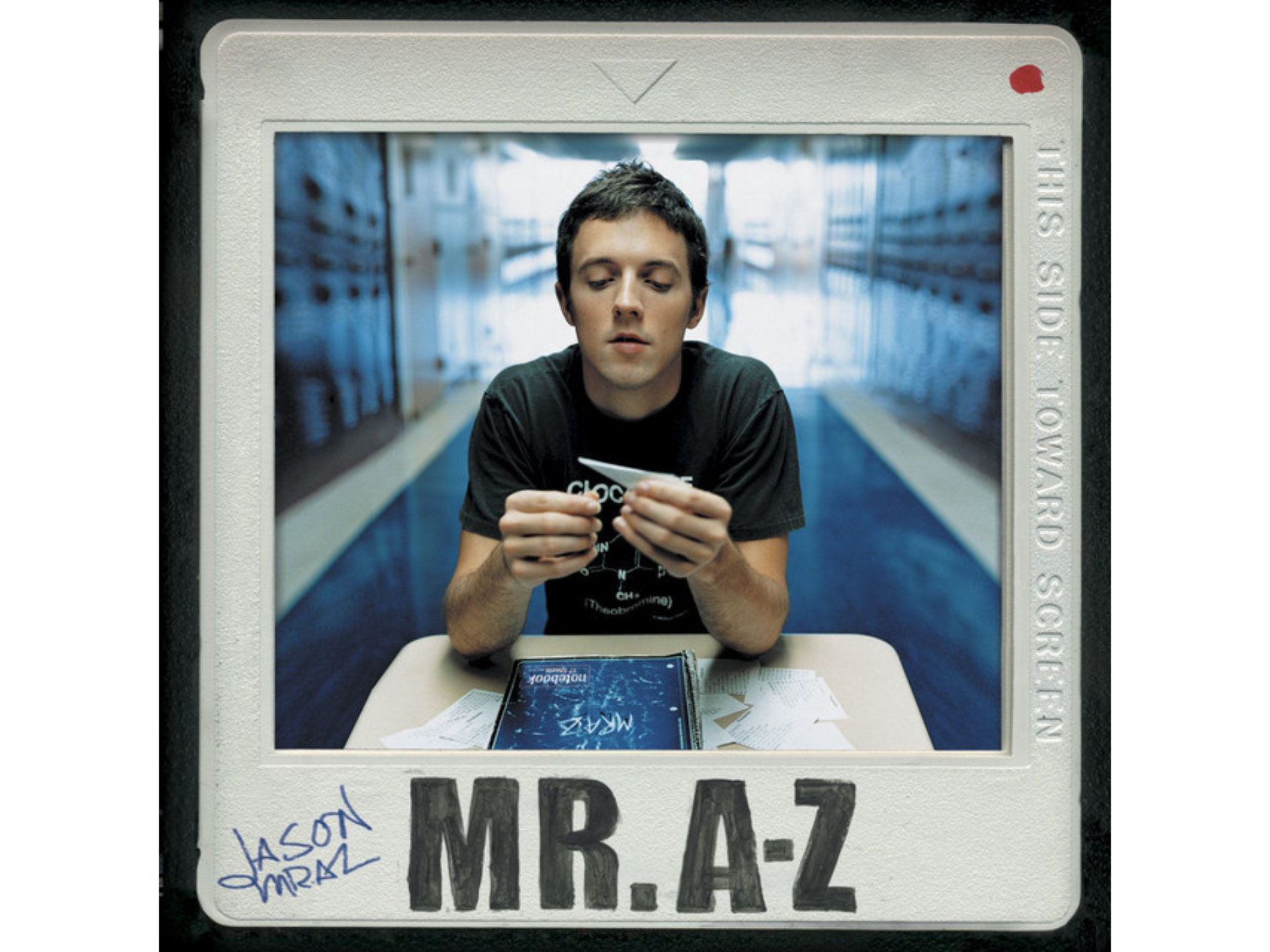
Jason Mraz, with his fedora and acoustic guitar, has always provided feel-good vibes and sing-along choruses. However, Love Is a Four Letter Word from 2012 felt… well, a bit more mellow. Fans were divided: some loved the chilled-out, introspective vibes, while others yearned for the cheeky wordplay of I’m Yours.
Jessica Simpson – Do You Know
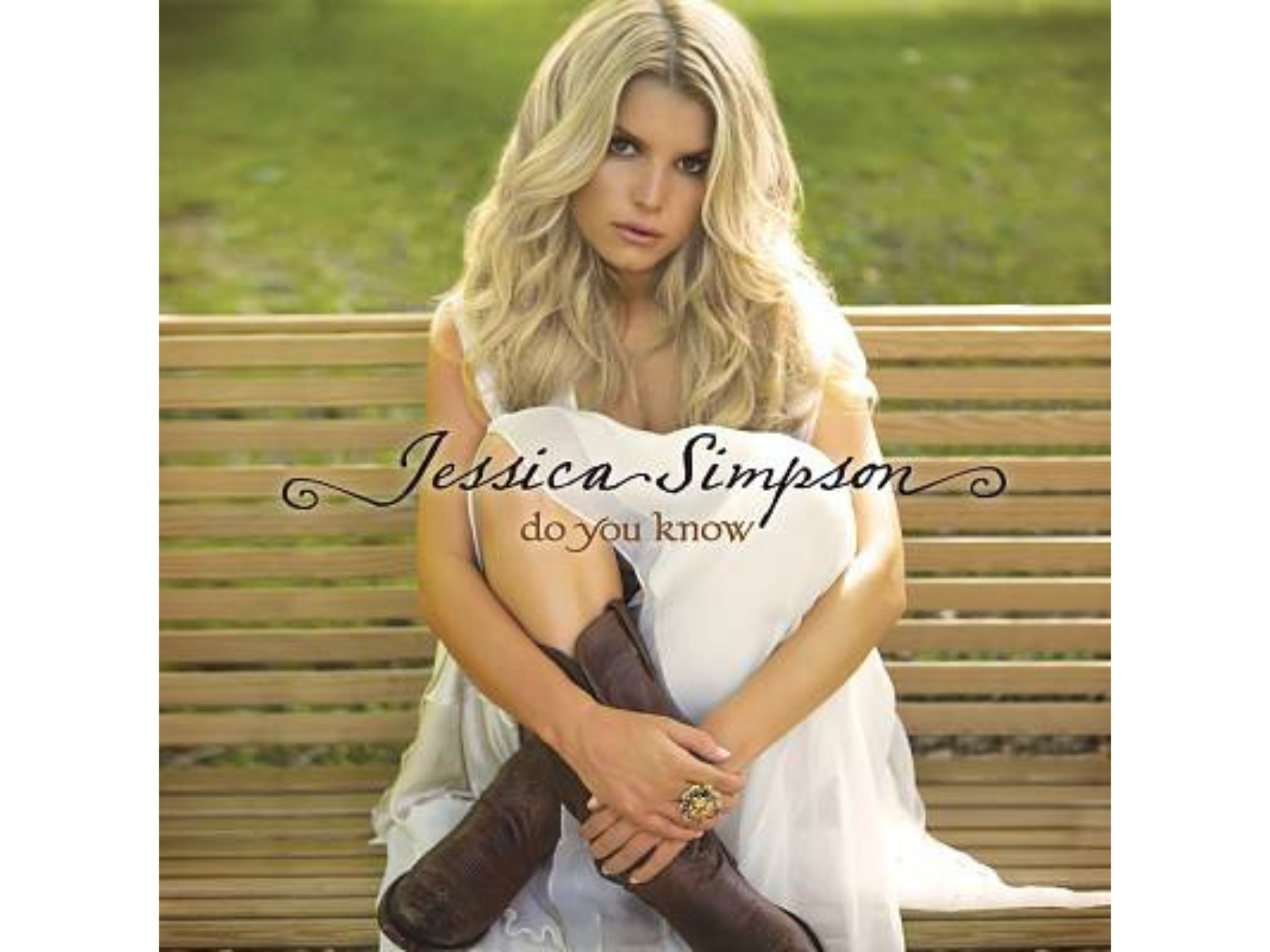
Jessica tried her hand at country with 2008’s Do You Know. It was a bold move, especially coming off the pop and R&B tracks she’d been known for. The thing is, it almost felt as if she was playing dress-up in a cowboy hat and boots. Sadly, the album didn’t quite do the numbers, and many fans just wished she’d stick to her pop roots.
John Lennon & Yoko Ono – Two Virgins
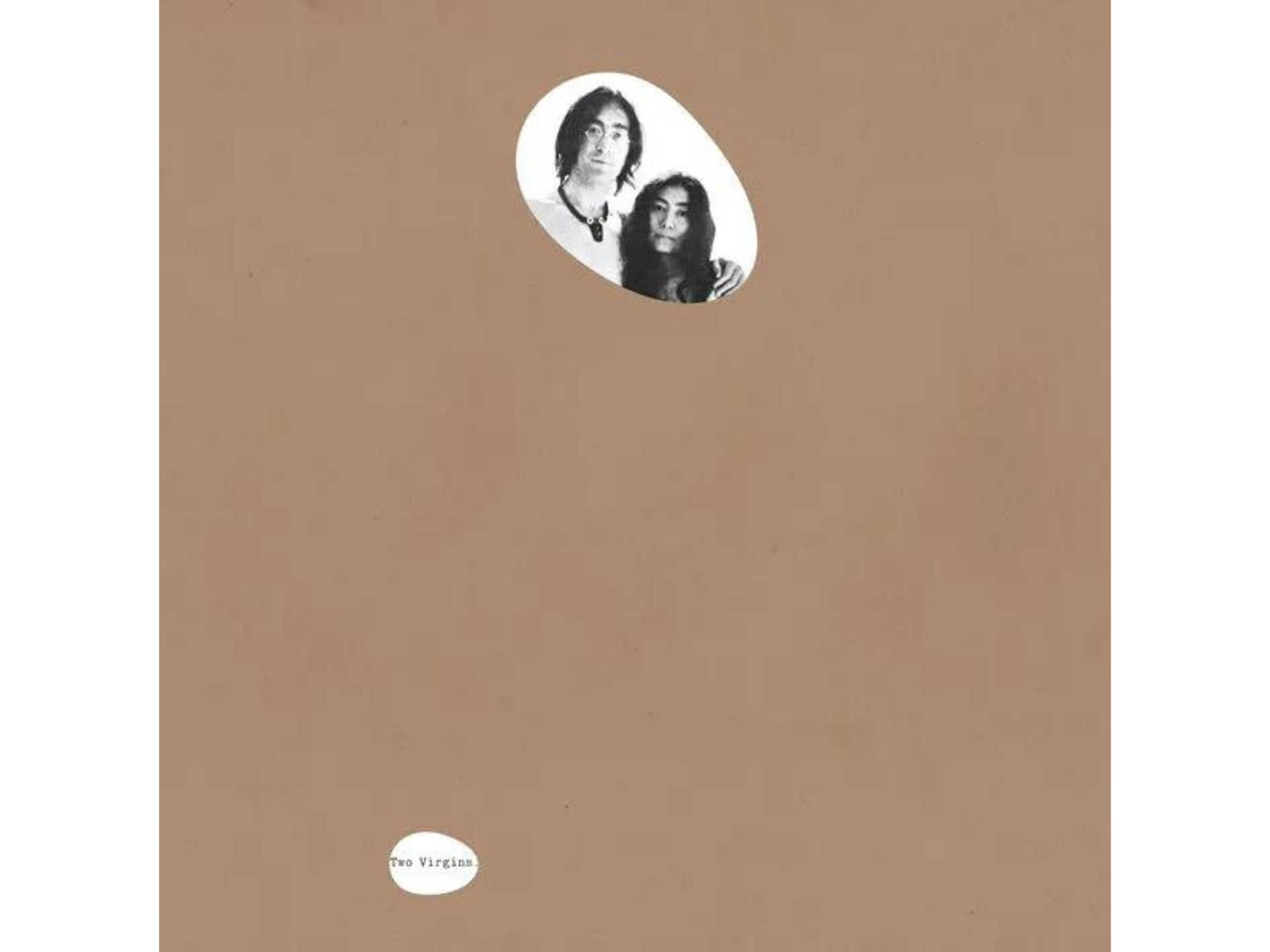
Oh, where to start? This 1968 album might be more famous for its naked cover than its actual music. Ditching the pop-rock melodies of The Beatles, Lennon and Ono gave us a collection of avant-garde sounds. It’s an experience to say the least. Many fans were expecting harmonies and were met with… well, not that.
Toni Braxton – Pulse
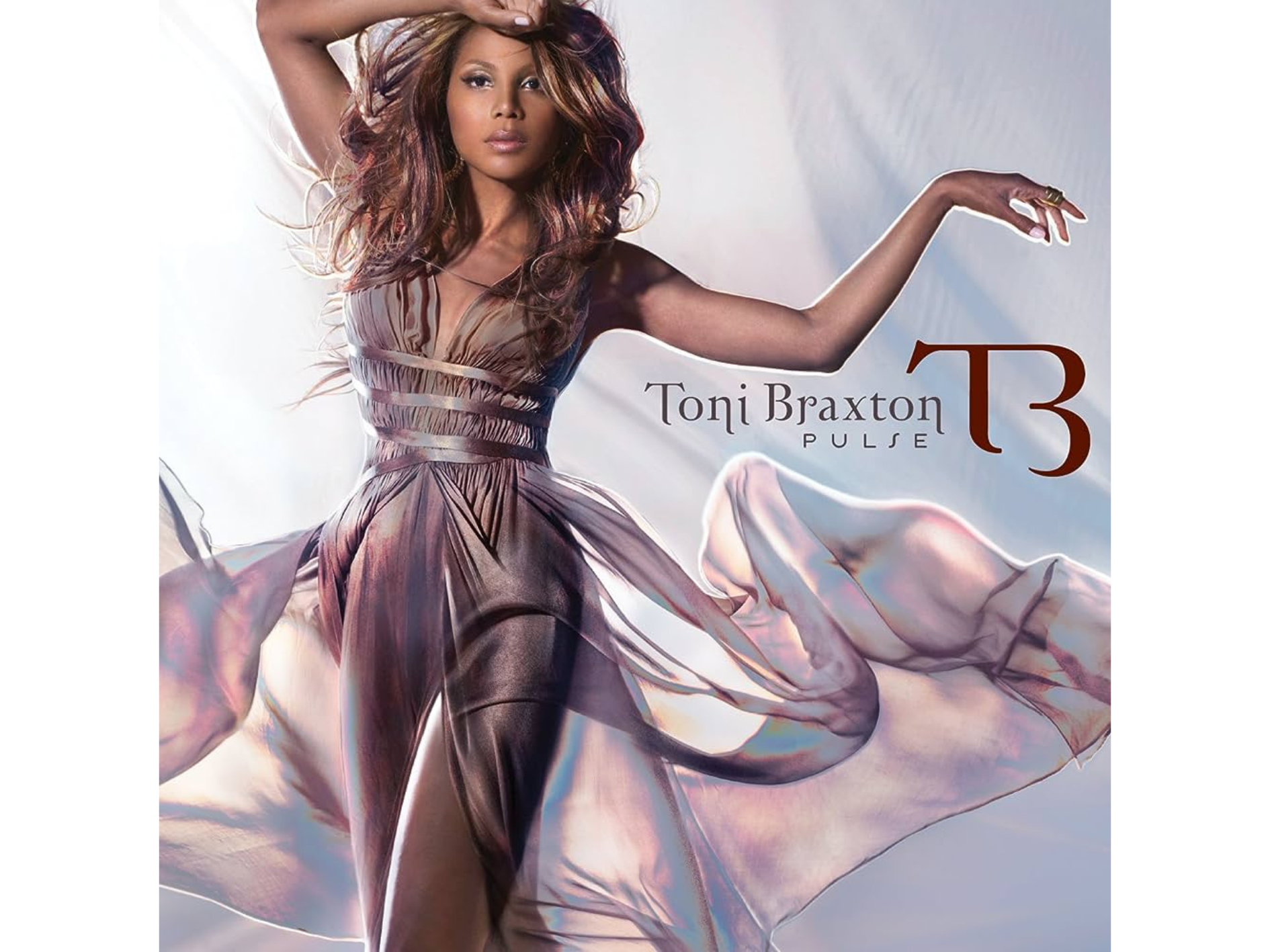
Toni Braxton’s sultry voice has been melting hearts since the ’90s. Sadly, when Pulse dropped in 2010, the album didn’t quite hit the mark. Sure, Toni’s vocals were as mesmerizing as ever, but the songs just lacked the depth and soul of her earlier hits. It felt more like an attempt to stay current rather than the Toni we knew and loved. Some gems, yes, but not the grand comeback many had hoped for.
Beck – Modern Guilt
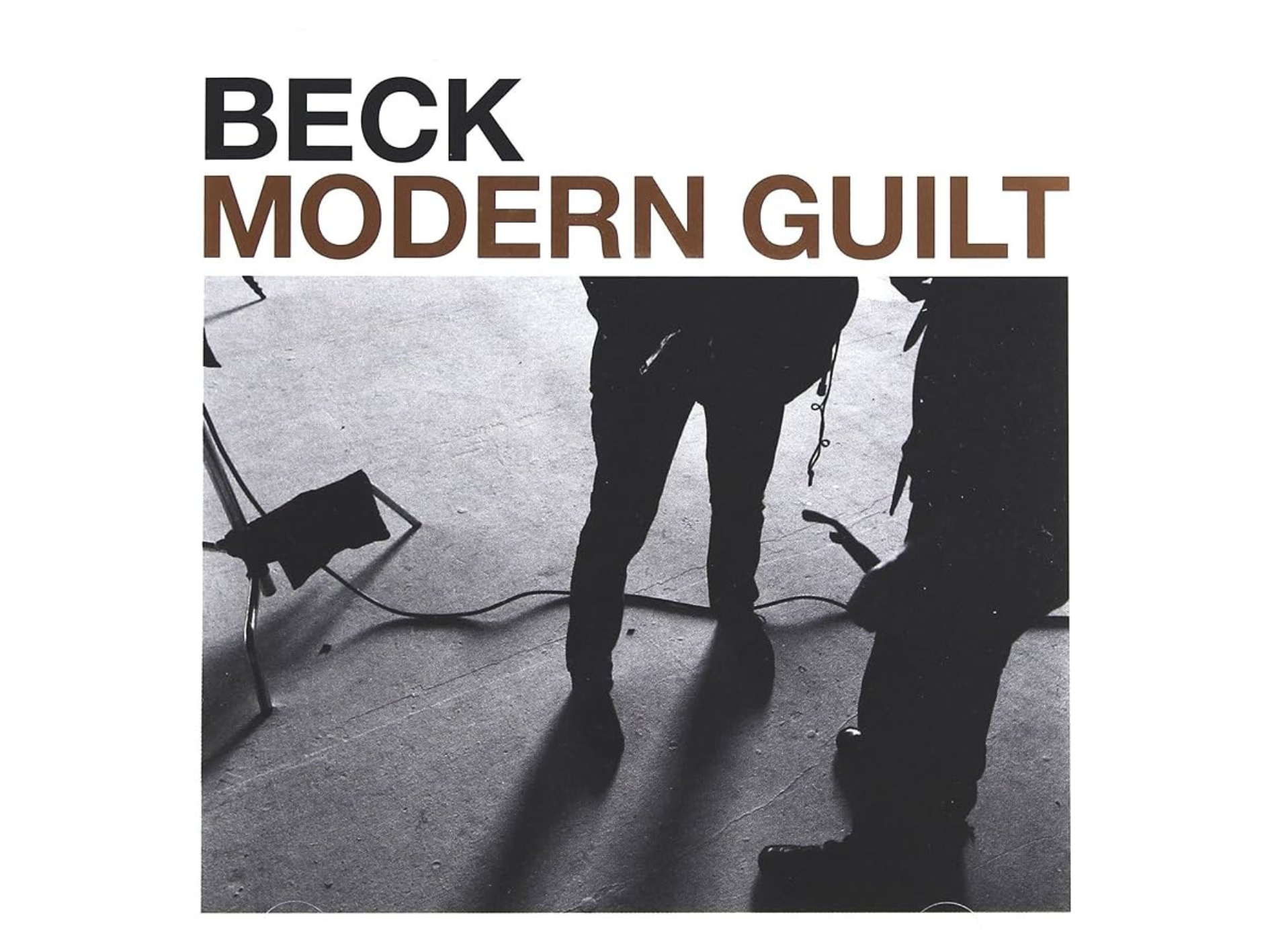
Beck has given us some of the quirkiest hits over the years, effortlessly blending genres. Then came 2008’s Modern Guilt. While it had its moments, this album had Beck diving deep into a darker, more introspective realm. Although it wasn’t totally out of left field for him, many fans were left scratching their heads.
50 Cent – Curtis
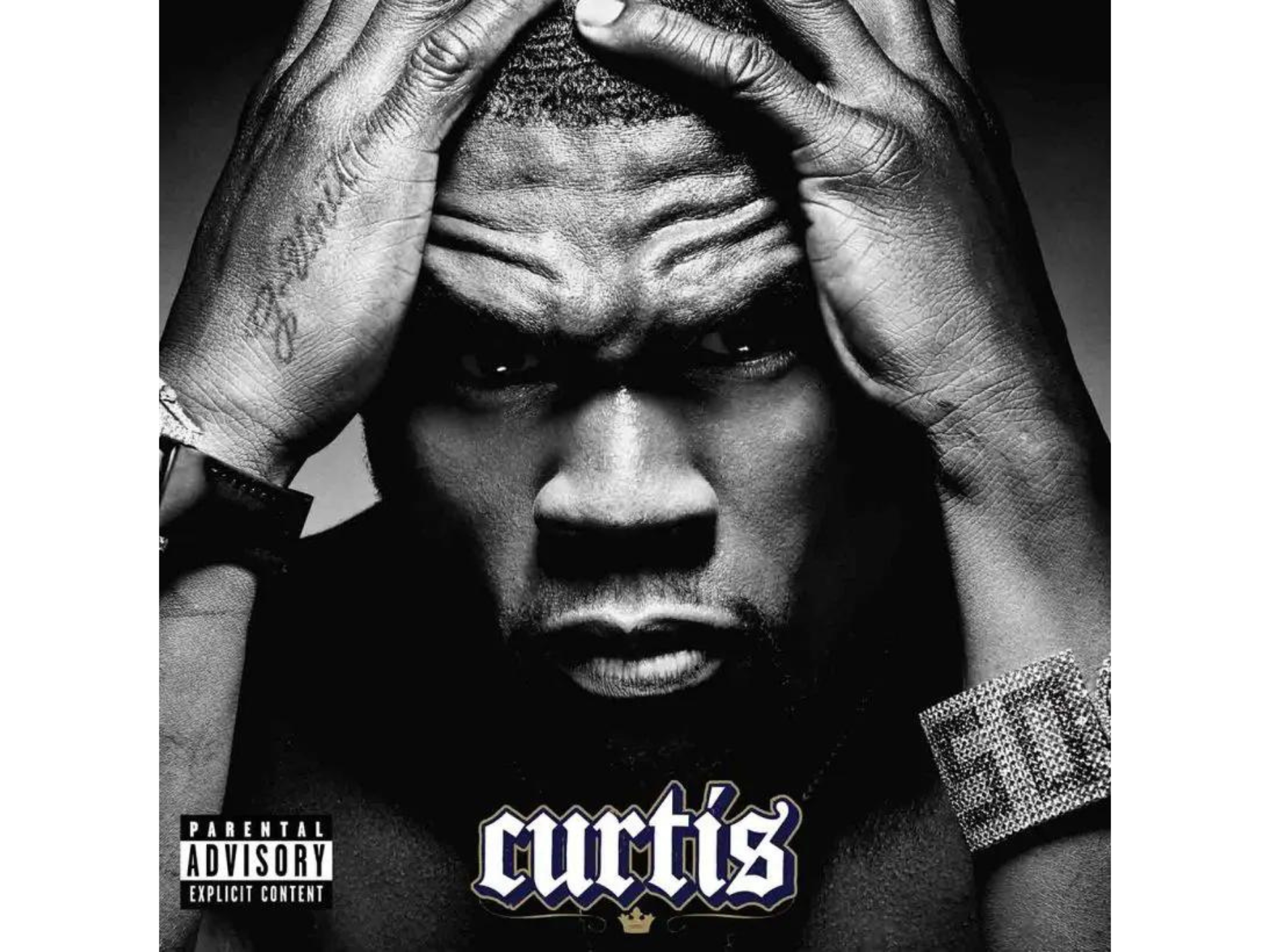
50 Cent’s Curtis was… interesting. Remember when he had that chart battle with Kanye? Yep, this is the album. While it had bangers like Ayo Technology with Timberlake, it felt like he was chasing trends rather than setting them. Not a huge flop by any means, but certainly not Get Rich or Die Tryin’ levels of iconic.
Ciara – Basic Instinct
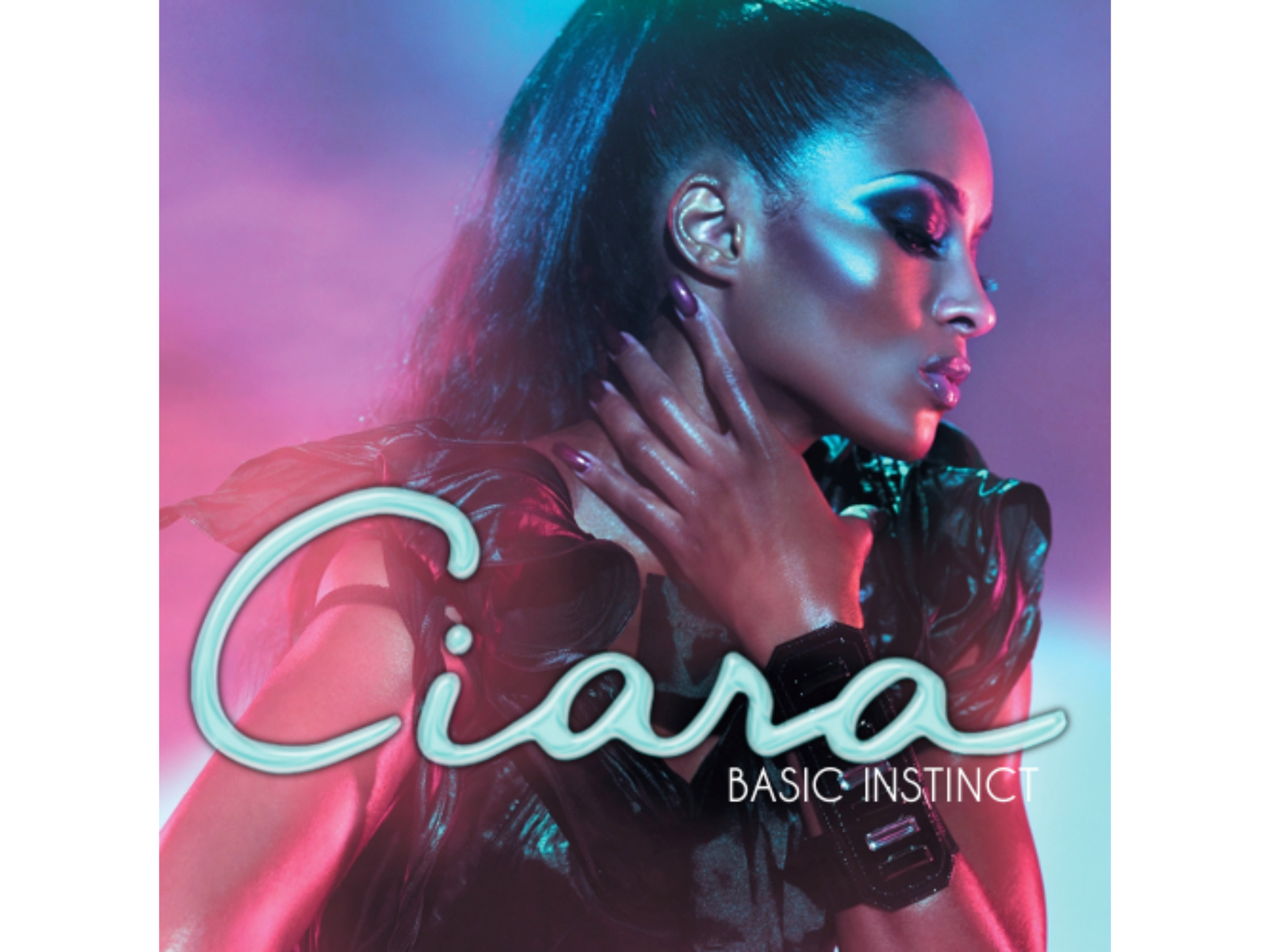
Now, Ciara is a dance queen. No doubt about that. But when she dropped Basic Instinct in 2010, it felt like something was… missing. It didn’t pack the same punch as her earlier albums. There were still some bops on it, don’t get us wrong, but overall, it felt like Ciara was trying to recapture her past magic.
Mariah Carey – Me. I Am Mariah… The Elusive Chanteuse
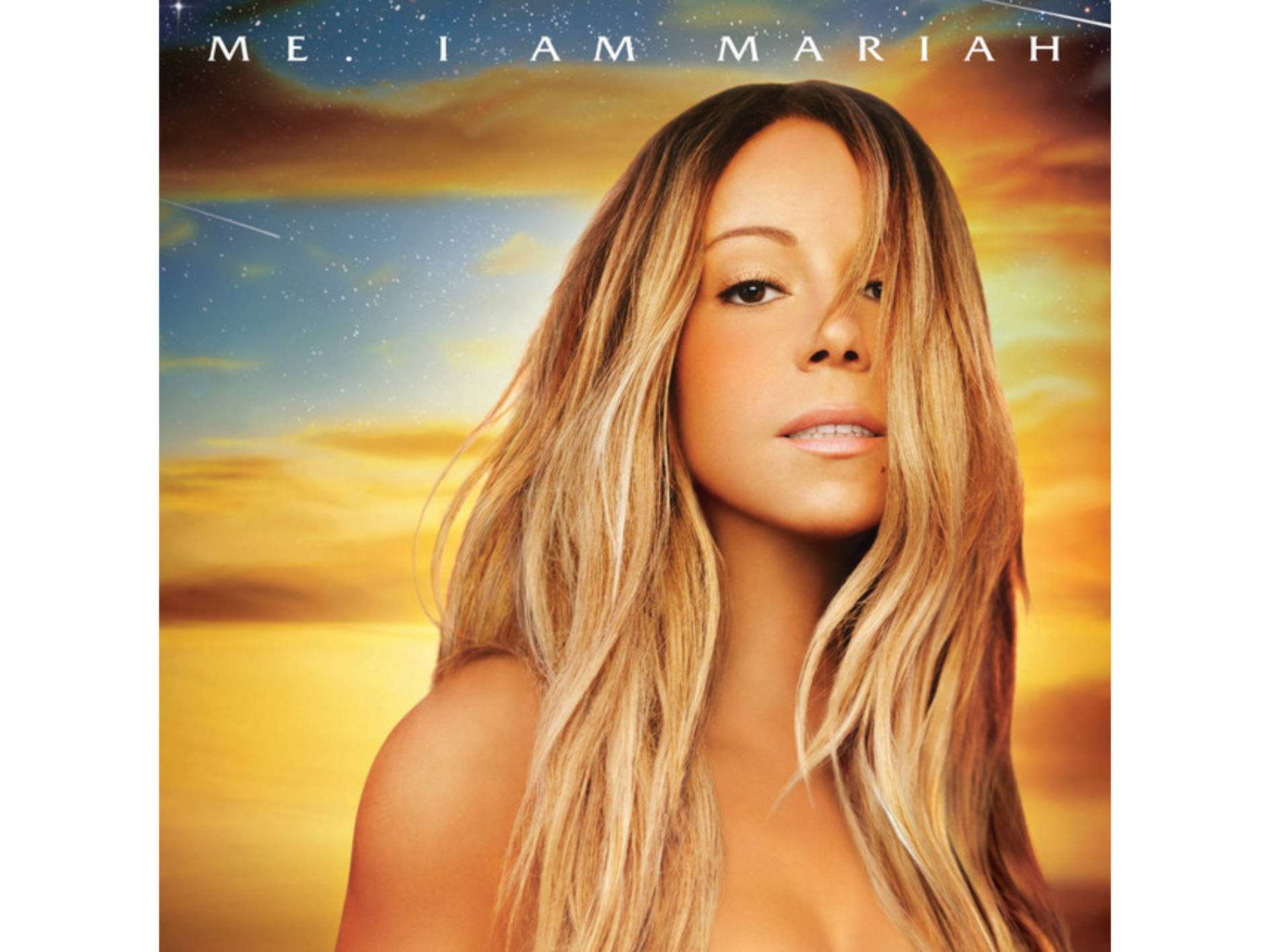
The name alone had us all talking. Mariah released this album in 2014 with a title that seemed like a riddle wrapped in an enigma. The album? A mix of hits and misses. But, let’s be real, even a not-so-perfect Mariah album is still leagues above most!
Ja Rule – R.U.L.E.
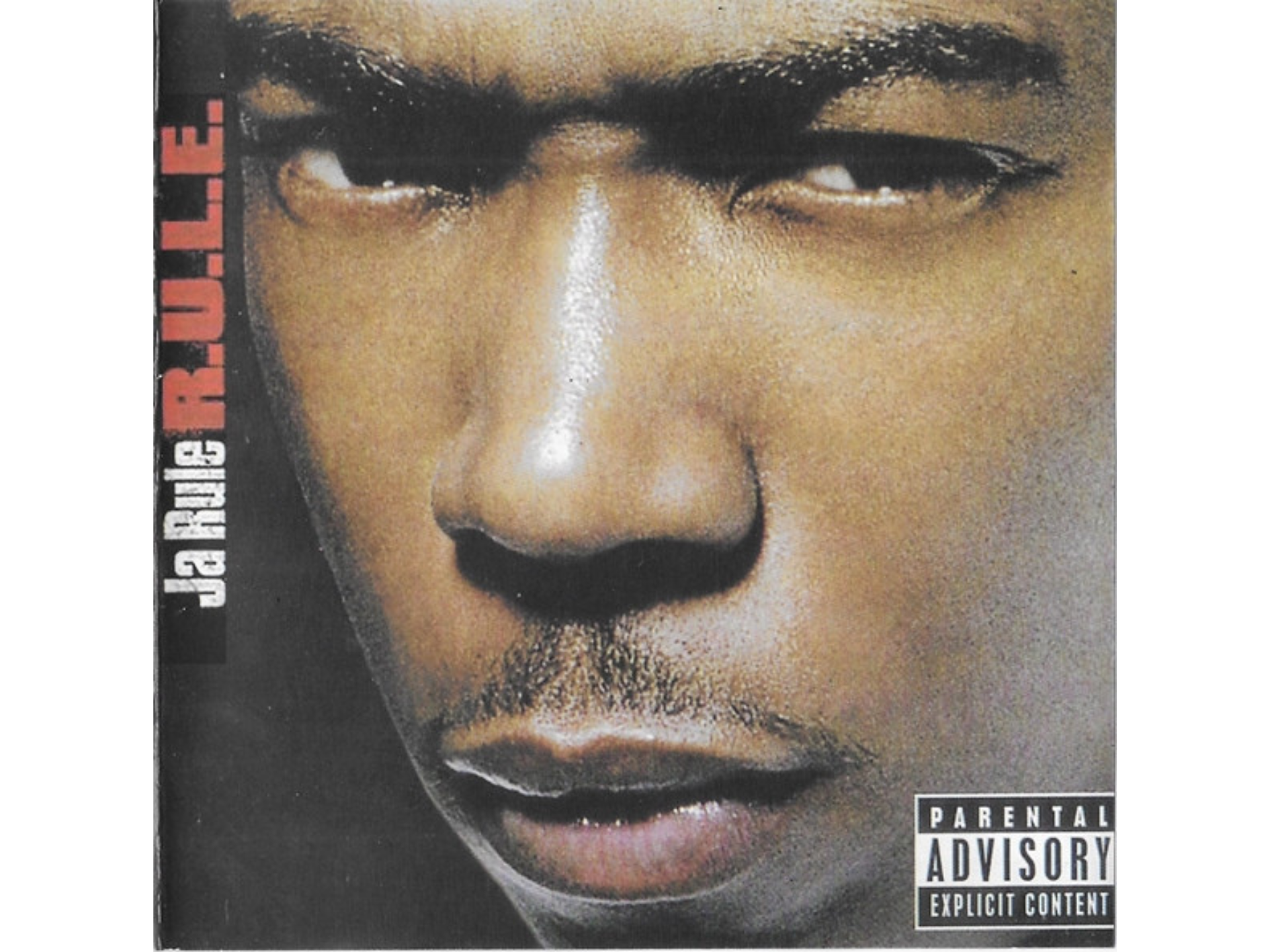
There was a time he ruled (pun intended) the charts with his duets. Then came R.U.L.E. It had a couple of hits, but overall, it felt like Ja was running out of steam. It was sandwiched between controversies and the rising 50 Cent beef, which didn’t help.
Geri Halliwell – Scream If You Wanna Go Faster
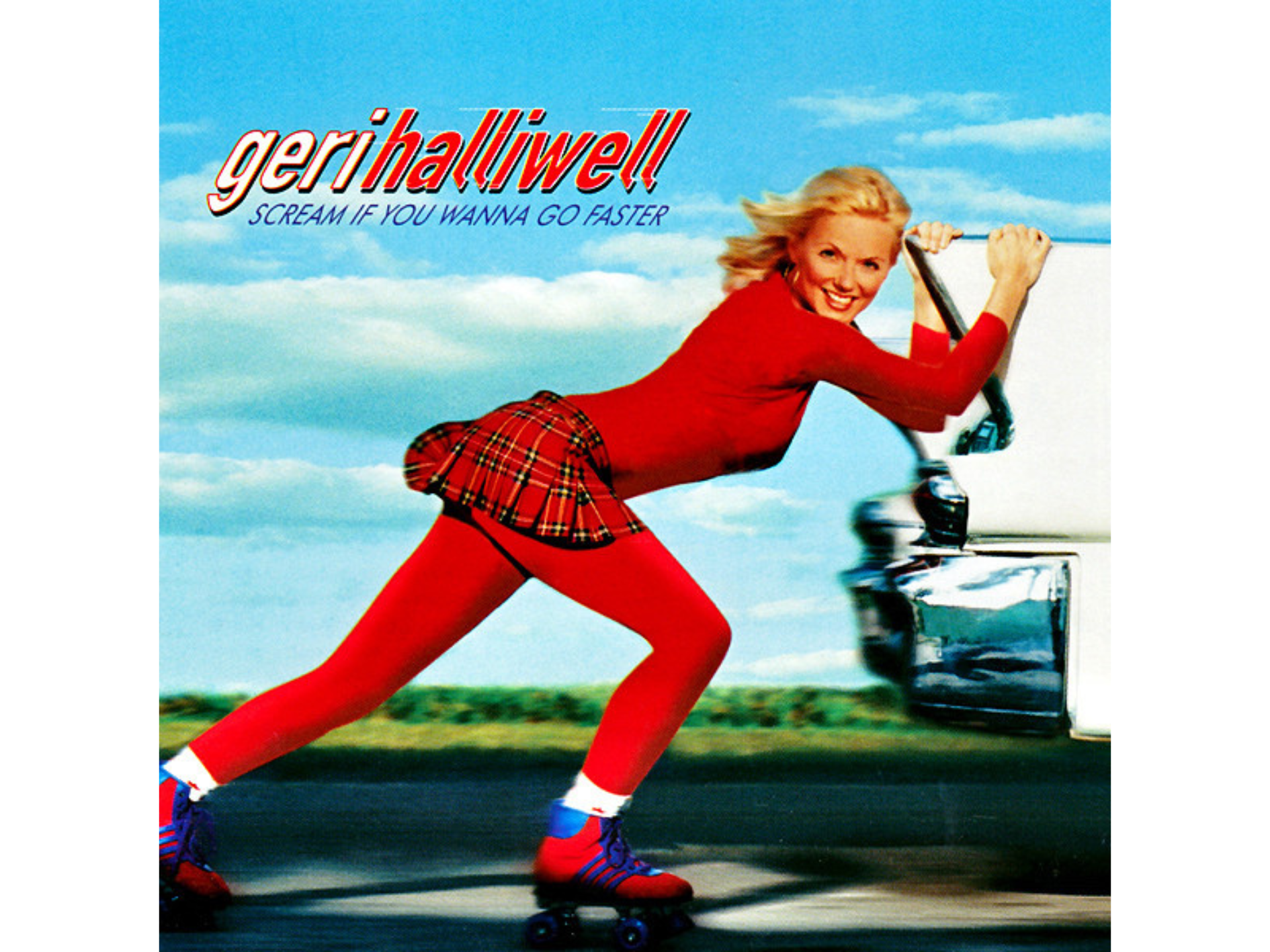
Ginger Spice went solo, and it was… a ride. Her second solo album, Scream If You Wanna Go Faster, felt like Geri was throwing everything at the wall and seeing what stuck. It’s eclectic, fun at times, but a far cry from the Spice Girls days. Some songs were catchy, others made you scratch your head.
Sisqó – Return of Dragon
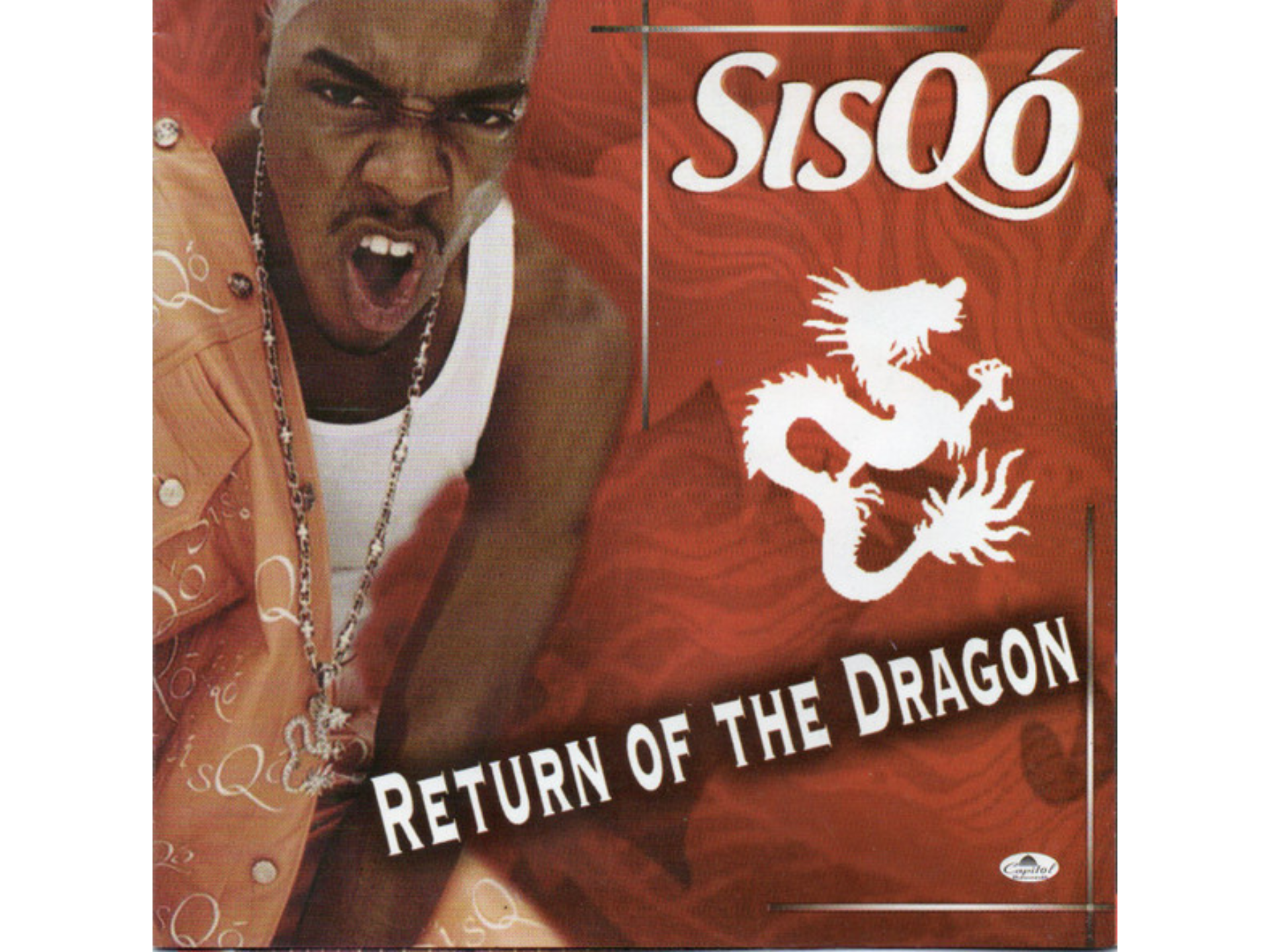
After setting the world on fire with the Thong Song from his debut album, expectations were sky-high for Sisqó’s follow-up, Return of Dragon. While it had some decent jams, not every track was as unforgettable as that thong-th-thong-thong-thong…
R Kelly – The Buffet
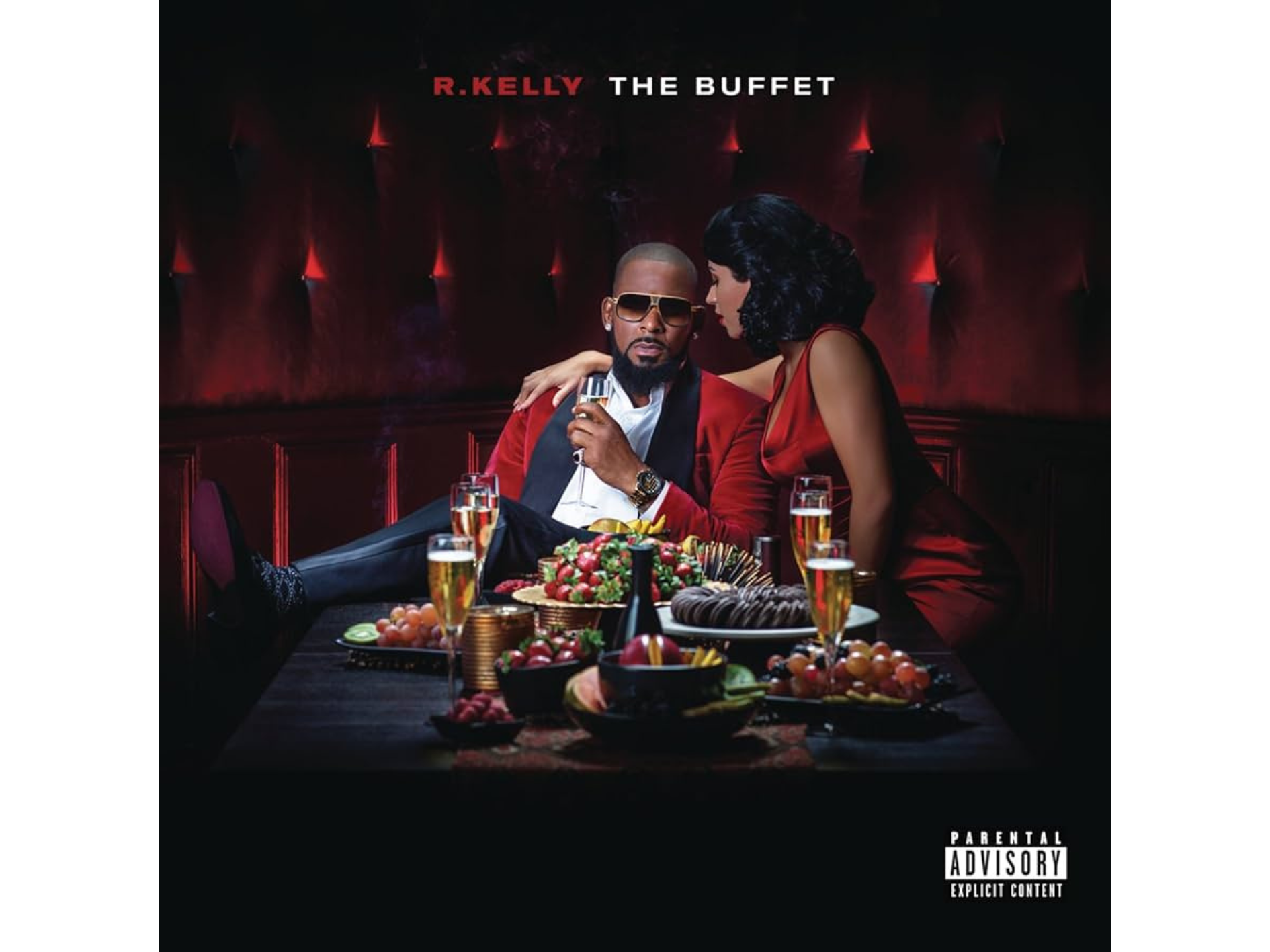
Kelly’s The Buffet was, well, an assortment. Drawing from a variety of genres and musical flavors, the album felt like R. Kelly was trying to serve a bit of everything. While there were some standout tracks, it also felt a bit overstuffed—kinda like going to an actual buffet and not knowing where to start.
Billy Joel – Cold Spring Harbor
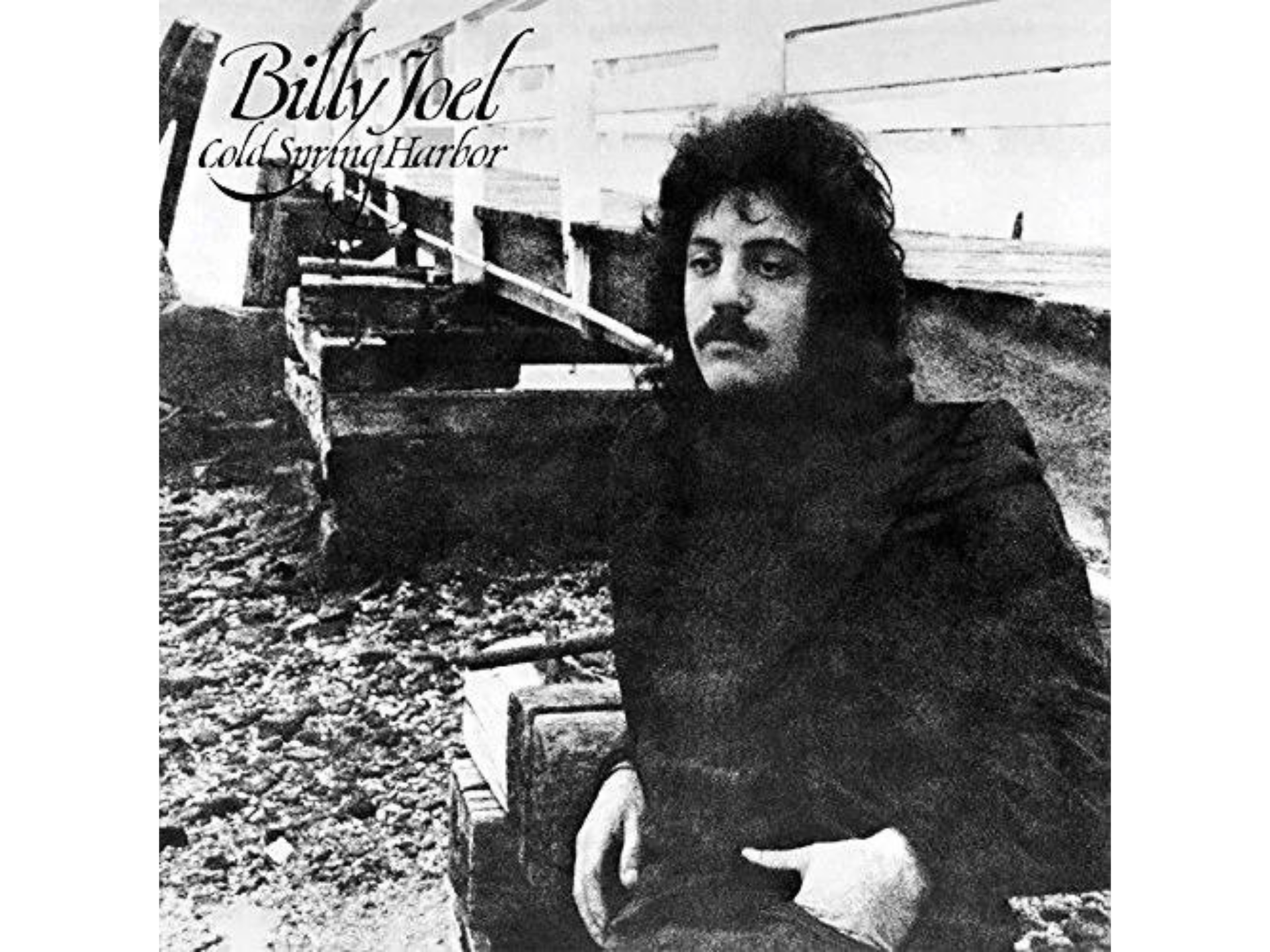
Billy Joel’s debut album in 1971, Cold Spring Harbor, suffered from a mastering error that sped up the recording, altering the pitch of his vocals. This mistake led to poor reviews and frustration for the artist. Although the album was later reissued with the correct speed, its initial reception had a negative impact on Joel’s early career.
Lil Kim – The Naked Truth
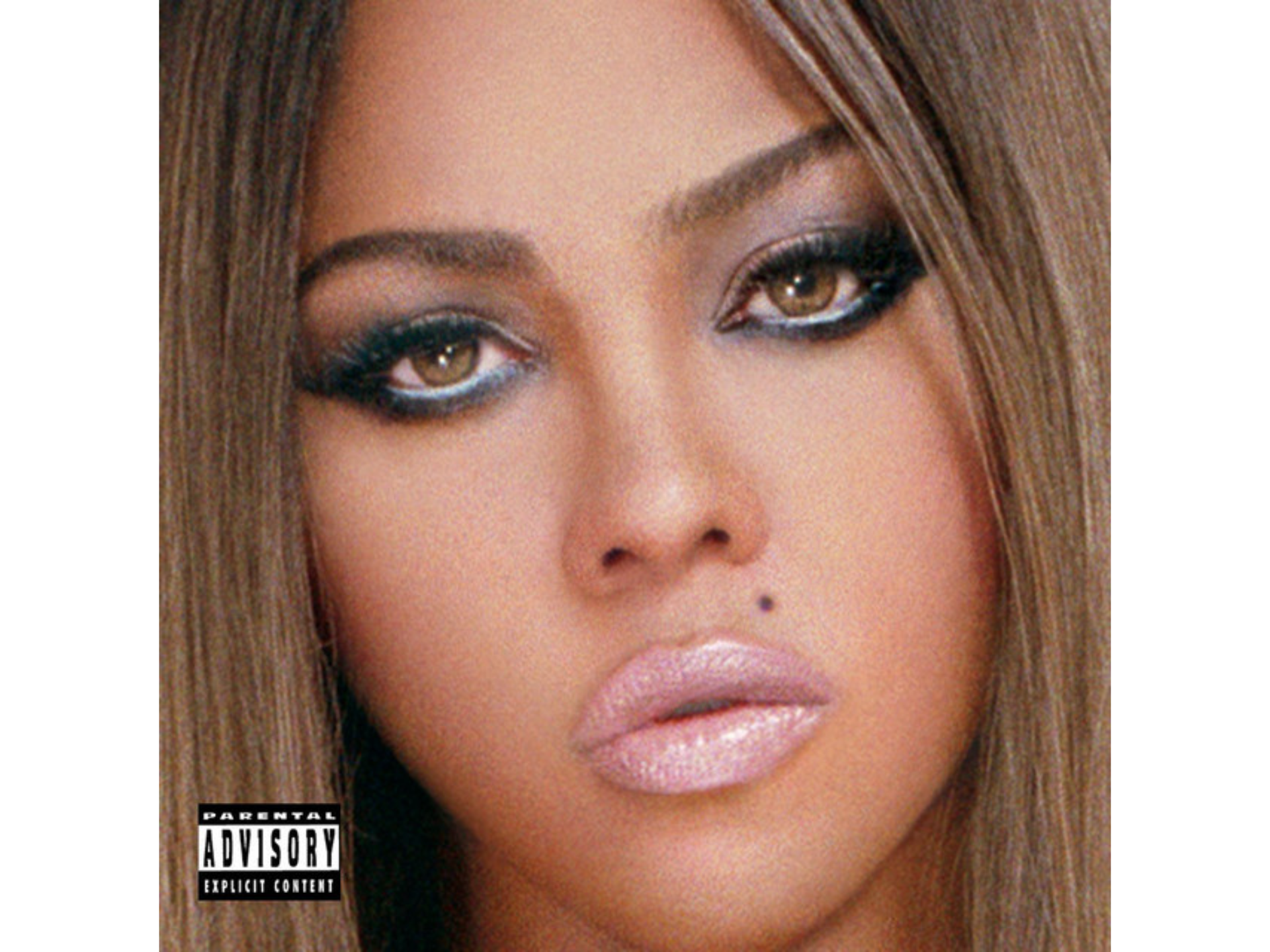
Released while Lil Kim was in prison, The Naked Truth was the rapper’s most introspective work. Raw, unfiltered, and fiercely honest, it delved deep into Kim’s experiences, from her legal troubles to her relationships. It might not have had the commercial success of her earlier albums, but it showed a vulnerability to Kim beneath the Queen Bee persona.
Oasis – Dig Out Your Soul
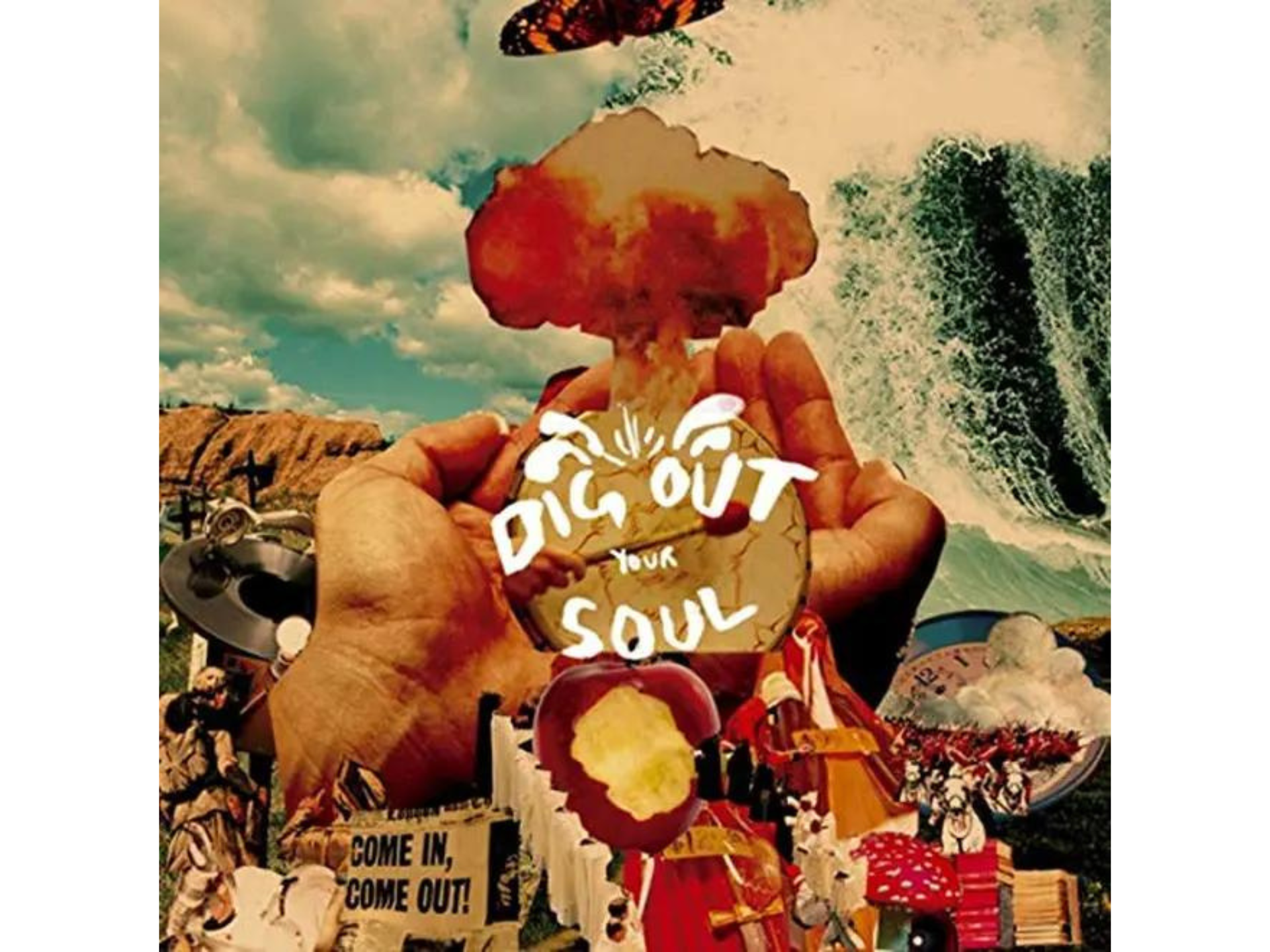
The rocky relationship between the Gallagher brothers was no secret, and by the time Dig Out Your Soul came around, those tensions were at their peak. The weight of expectations, combined with the deep-rooted tensions, seemed evident in the album’s overall reception. Soon after its release, the band imploded, marking the end of Oasis.
Paris Hilton – Paris

Transitioning from being a tabloid mainstay to a music sensation is no easy feat. Paris Hilton’s debut album, Paris, aimed to do just that. Despite the catchy Stars Are Blind, the album largely felt like a mismatch for the heiress. Critics panned it, and audiences were divided.